FOR SALE
→ 1000 Cinnabar Way
$480,000
Vacaville
1000 Cinnabar Way
3 Bedrooms | 2 Baths | 1,127 sq. ft.
Offered for $480,000

- MLS#: 325059816
- Bedrooms: 3
- Bathrooms: 2
- Living Space 1,127 sq. ft.
- Lot Size: 7,532 sq. ft.
- Year Built: 1994
- Subdivision: Foxwood
- Levels: Single Story
- APN: 0136-491-010
- Garage: 2
- Roof: Composition
- Water Source: City
- Sewer Source: City
- Travis Unified Schools
- No Rear Neighbors
- Vaulted Ceilings
- Open Floorplan
- Natural Light
- Large backyard Space
- Large Windows
🏡 FOR SALE | 1000 Cinnabar Way, Vacaville, CA 95687
3 Beds | 2 Baths | 1,127 Sq Ft | $480,000
Welcome to 1000 Cinnabar Way—a charming single-story home tucked on a spacious corner lot in one of Vacaville’s most desirable neighborhoods! Backing to the canal with no rear neighbors, this 3-bedroom, 2-bath home offers privacy, potential, and a fantastic location within the highly rated Travis Unified School District.
Step inside and you’re greeted by vaulted ceilings, large windows, and an open floor plan that floods the home with natural light. Whether you're relaxing in the airy living room or entertaining in the open-concept space, you’ll feel right at home. The generously sized 7,531 sq ft lot offers endless outdoor possibilities—garden, play space, or a backyard retreat of your dreams.
Located just 3.2 miles from I-80, under 7 miles to Travis AFB, and within minutes of Foxboro Elementary, Arlington Park, and Nut Tree Plaza, this home is ideal for commuters, military families, or anyone looking to invest in a convenient, vibrant community. Plus, with the bus stop just a block away, public transportation is easily accessible.
While the home is ready for a little TLC, this is your opportunity to customize and build equity in a prime Vacaville location.
🏘️ Neighborhood Highlights:
-
Schools: Foxboro Elementary, Golden West Middle, Vanden High (Travis USD)
-
Parks & Trails: Arlington Park, Padan Park, Lagoon Valley Regional Park
-
Shopping: Nut Tree Plaza, Vacaville Premium Outlets, local grocery stores
-
Dining & Convenience: Nearby coffee shops, gyms, and dog parks just minutes away
🌿 Discover Vacaville:
Living in Vacaville means enjoying the best of Northern California’s farm-to-fork lifestyle blended with small-town charm and big-city convenience. Just a short drive from Napa Valley and the Bay Area, this city is known for its historic downtown, lively community events, and access to scenic countryside.
Explore boutique shopping, breweries, and art galleries in Downtown Vacaville, dine at local favorites like BackDoor Bistro, Los Reyes, or Fuso Italian, and sip wine at Vezer Family Vineyard or BackRoad Vines. Seasonal farmers markets, pumpkin patches, and farm tours at Soul Food Farm or Il Fiorello Olive Oil Company add to the local flair.
Don’t miss annual events like the Vacaville Fiesta Days, Merriment on Main, and the Downtown Summer Music Series, which make this community vibrant year-round.
This is more than just a house—1000 Cinnabar Way is your gateway to a lifestyle rich in comfort, convenience, and community. Don't miss this incredible opportunity. Contact your Navigate Real Estate agent today to schedule a private tour and explore the possibilities!
#NavigateRealEstate #VacavilleLiving #JustListed #TravisUSD #FarmToFork #ComingSoon #EquityOpportunity #HomeSweetHome #EveryHomeHasAStory #CinnabarWayCharm
WHO YOU WORK WITH MATTERS


TESTIMONIALS

Raving Fans...
"Alison went above and beyond! This process can be exciting and stressful all in one. When something needed to be done, she was there to point us in the right direction or took the initiative and set things up herself with the contacts she had, taking the stress off of my husband & I. Her knowledge and expertise is apparent and much appreciated. Alison listens to what her clients needs and cares that those needs are met. If you are selling your home or looking to purchase, I recommend Alison 100%"
-zuser20140608172203930 - Seller
"Alison did an incredible job getting us into our home! We were anxious buyers and when we found a home we loved, she played a vital role in talking us through our options, drafting and explaining our offer and also being a guide every step of the way throughout the escrow process. She was extremely responsive, and any time we had a question or a concern, she was immediately in touch with us (I don't think it ever took longer than 10 minutes to get a response, weekday or weekend)! I cannot imagine going through this roller coaster process with any other realtor. She is passionate about her job, extremely trustworthy when it comes to pointing out the pros and cons of properties, and reliable in helping to close the deal. On top of that, she is a fun person with a great personality so if you're going to be spending lots of time checking out properties, why not work with someone you like to be around? She's a gem of a realtor and I can't recommend her enough!"
-katie Copeland - Buyer
"Alison is a dedicated realtor that has always been there for us and helped us through our buying and selling and has also helped my mom sell my parnets place during a very difficult time for our family. We have always felt we have been in the best hands we could be in for all of our real estate transactions. She is very honest about what does and don't you should do and very resortful on anything that needs looking into. She has never let us down, we have always felt we have been in the best hands with Alison."
-sweetydtweety, Bought and Sold a home
Ready To Get Started?
Whether you're looking to buy, sell or rent, trust our expert agents to help guide you through the process.

FOR SALE
→ 318 Glen Eagle Court
$769,995
Vacaville
318 Glen Eagle Court
3 Bedrooms | 2 Baths | 2,167 sq. ft.
Offered for $769,995
- MLS#: 325013148
- Bedrooms: 3
- Bathrooms: 2
- Living Space 1,728 sq. ft.
- Lot Size: +/- 4.81 Acres
- Year Built: 1927
- Subdivision: Locke Paddon Colony
- Levels: Tri-level
- APN: 0133-011-230
- Garage: 0
- Roof: Composition
- Water Source: Well
- Sewer Source: Septic
- Fixer
- Attic Space
- Basement Access
- Zones Agri-Residential
- 360 Degree Views
- Livestock Ok
- ADU Potential
Country Living Meets City Convenience in Vacaville, CA
Escape to the serene beauty of country living while staying just minutes from modern conveniences at 140 Rice Lane, Vacaville, CA 95688. Nestled on 4.81 acres with breathtaking views of the Vacaville hills, this 3-bedroom, 2-bath home with a finished attic offers ample space to create your dream retreat. Start your mornings with breathtaking sunrises from the expansive deck, and unwind in the evenings with picturesque sunset views. This all-electric home is filled with opportunity—whether you choose to update and customize it to your style or embrace the charm of country living as it is. With room to build, garden, or simply enjoy wide-open spaces, this property offers endless possibilities for those seeking peace, privacy, and potential.
Beyond your doorstep, Vacaville blends small-town charm with big-city amenities. Known for its mild climate, vibrant downtown, and farm-to-table lifestyle, this community offers a little something for everyone. Explore Lagoon Valley Park, perfect for hiking, biking, and horseback riding, or enjoy a picnic at Centennial Park. Downtown Vacaville is home to local restaurants, boutique shopping, and a lively arts scene, with favorites like BackDoor Bistro, Merchant & Main, and Pure Grain Café offering delicious dining options. The city hosts year-round events such as Fiesta Days, CreekWalk Concerts, and the Merriment on Main holiday festival, fostering a warm and welcoming community atmosphere.
Located just minutes from shopping, dining, entertainment, and freeway access, this home offers an unbeatable location with easy commutes to Sacramento, Davis, Napa Valley, and the Bay Area. Whether you’re looking for extra space, a slower pace of life, or an investment in land and lifestyle, 140 Rice Lane is a rare opportunity to enjoy the best of both worlds—rural tranquility with urban convenience. Don’t miss your chance to make this country paradise your own!
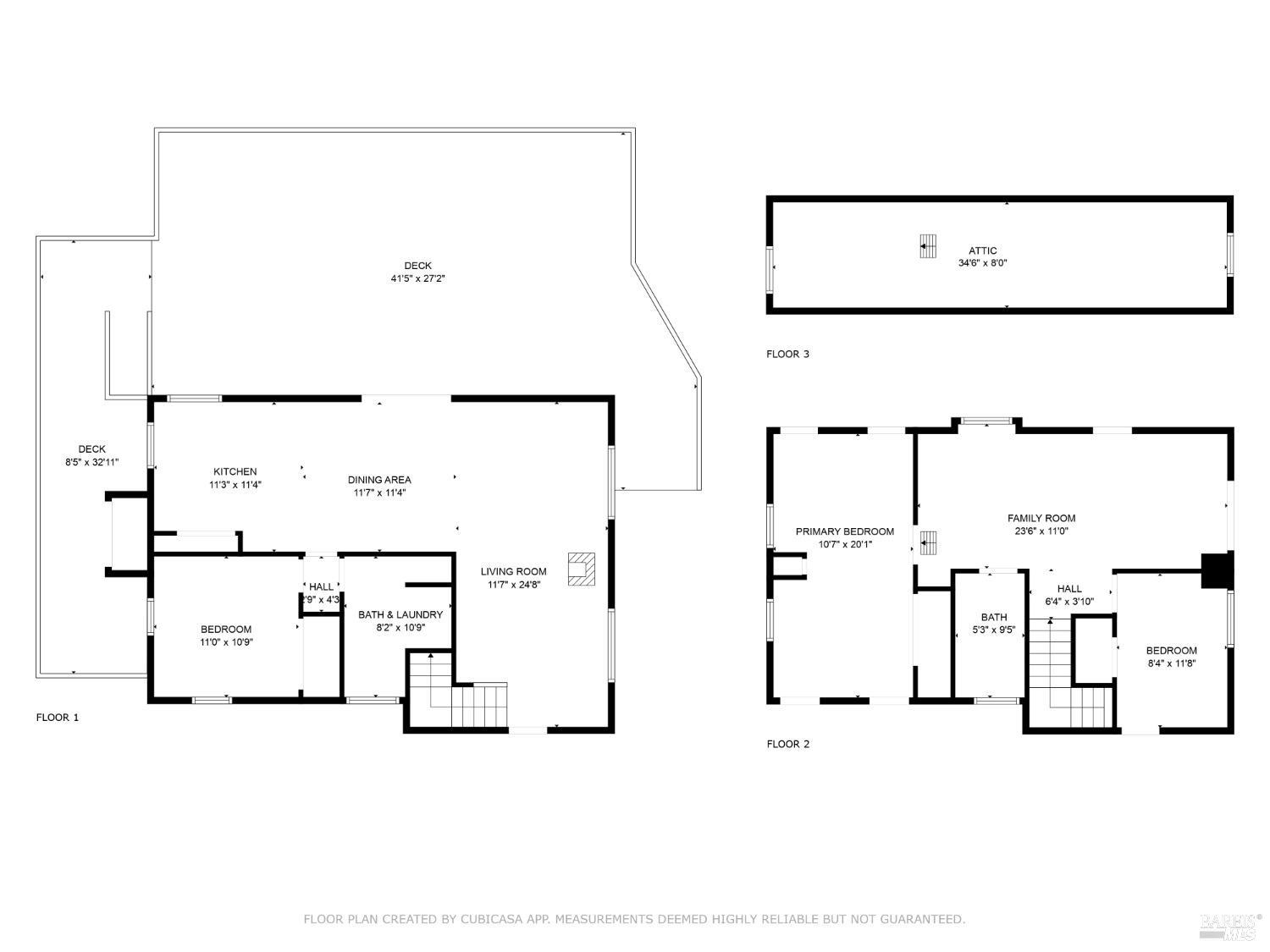
WHO YOU WORK WITH MATTERS


TESTIMONIALS

Raving Fans...
"Alison went above and beyond! This process can be exciting and stressful all in one. When something needed to be done, she was there to point us in the right direction or took the initiative and set things up herself with the contacts she had, taking the stress off of my husband & I. Her knowledge and expertise is apparent and much appreciated. Alison listens to what her clients needs and cares that those needs are met. If you are selling your home or looking to purchase, I recommend Alison 100%"
-zuser20140608172203930 - Seller
"Alison did an incredible job getting us into our home! We were anxious buyers and when we found a home we loved, she played a vital role in talking us through our options, drafting and explaining our offer and also being a guide every step of the way throughout the escrow process. She was extremely responsive, and any time we had a question or a concern, she was immediately in touch with us (I don't think it ever took longer than 10 minutes to get a response, weekday or weekend)! I cannot imagine going through this roller coaster process with any other realtor. She is passionate about her job, extremely trustworthy when it comes to pointing out the pros and cons of properties, and reliable in helping to close the deal. On top of that, she is a fun person with a great personality so if you're going to be spending lots of time checking out properties, why not work with someone you like to be around? She's a gem of a realtor and I can't recommend her enough!"
-katie Copeland - Buyer
"Alison is a dedicated realtor that has always been there for us and helped us through our buying and selling and has also helped my mom sell my parnets place during a very difficult time for our family. We have always felt we have been in the best hands we could be in for all of our real estate transactions. She is very honest about what does and don't you should do and very resortful on anything that needs looking into. She has never let us down, we have always felt we have been in the best hands with Alison."
-sweetydtweety, Bought and Sold a home
Ready To Get Started?
Whether you're looking to buy, sell or rent, trust our expert agents to help guide you through the process.

SOLD
→ 140 Rice Lane
$740,000
Vacaville
140 Rice Lane
3 Bedrooms | 2 Baths | 1,728 sq. ft.
SOLD for $740,000
- MLS#: 325013148
- Bedrooms: 3
- Bathrooms: 2
- Living Space 1,728 sq. ft.
- Lot Size: +/- 4.81 Acres
- Year Built: 1927
- Subdivision: Locke Paddon Colony
- Levels: Tri-level
- APN: 0133-011-230
- Garage: 0
- Roof: Composition
- Water Source: Well
- Sewer Source: Septic
- Fixer
- Attic Space
- Basement Access
- Zones Agri-Residential
- 360 Degree Views
- Livestock Ok
- ADU Potential
WHO YOU WORK WITH MATTERS


TESTIMONIALS

Raving Fans...
"Alison went above and beyond! This process can be exciting and stressful all in one. When something needed to be done, she was there to point us in the right direction or took the initiative and set things up herself with the contacts she had, taking the stress off of my husband & I. Her knowledge and expertise is apparent and much appreciated. Alison listens to what her clients needs and cares that those needs are met. If you are selling your home or looking to purchase, I recommend Alison 100%"
-zuser20140608172203930 - Seller
"Alison did an incredible job getting us into our home! We were anxious buyers and when we found a home we loved, she played a vital role in talking us through our options, drafting and explaining our offer and also being a guide every step of the way throughout the escrow process. She was extremely responsive, and any time we had a question or a concern, she was immediately in touch with us (I don't think it ever took longer than 10 minutes to get a response, weekday or weekend)! I cannot imagine going through this roller coaster process with any other realtor. She is passionate about her job, extremely trustworthy when it comes to pointing out the pros and cons of properties, and reliable in helping to close the deal. On top of that, she is a fun person with a great personality so if you're going to be spending lots of time checking out properties, why not work with someone you like to be around? She's a gem of a realtor and I can't recommend her enough!"
-katie Copeland - Buyer
"Alison is a dedicated realtor that has always been there for us and helped us through our buying and selling and has also helped my mom sell my parnets place during a very difficult time for our family. We have always felt we have been in the best hands we could be in for all of our real estate transactions. She is very honest about what does and don't you should do and very resortful on anything that needs looking into. She has never let us down, we have always felt we have been in the best hands with Alison."
-sweetydtweety, Bought and Sold a home
Ready To Get Started?
Whether you're looking to buy, sell or rent, trust our expert agents to help guide you through the process.

FOR SALE
→ 111 Laurel Street
$575,000
Vacaville
111 Laurel Street
3 Bedrooms | 2 Baths | 1,873 sq. ft.
Offered for $575,000
- MLS#: 325008964
- Bedrooms: 4
- Bathrooms: 2
- Living Space 1,873 sq. ft.
- Lot Size: 6,534 sq. ft.
- Year Built: 1948
- Subdivision: Vaca Valley Village
- Levels: Single Story
- APN: 0130-331-080
- Garage: One Car
- Roof: Composition
- Water Source: Public
- Sewer Source: Public
- HVAC-New December 2024
- Architecture: Ranch
- HOA: No
- Laundry: Hook-Up Inside
- RV Access
- Flex-Bonus Room
- Formal living Room
- Formal Dining Room
- Breakfast Room
- Walk-In Closet
- Primary Retreat with Sitting Area
- Attic Access
- Workshop in Garage
- Newer Fencing
🏡 Spacious & Unique Downtown Vacaville Home – A Must-See!
Welcome to 111 Laurel St, Vacaville, CA – a one-of-a-kind gem nestled in the heart of Downtown Vacaville! This 4-bedroom, 2-bathroom home offers an expansive 1,873 sq. ft. of living space, far surpassing the typical 3-bedroom, 1-bath homes in the neighborhood.
✨ What Makes This Home Special?
- Multiple living spaces: A living room, family room, and a den give you options for entertainment, work-from-home, or cozy relaxation.
- Primary suite retreat: Features a walk-in closet and a private sitting area perfect for unwinding after a long day.
- Extra storage galore: Two additional bedrooms also have walk-in closets, plus a stairway to the attic just off the kitchen—ideal for storing holiday decorations or keepsakes.
- Functional design: A dedicated laundry room with its own closet keeps things tidy and organized.
- Garage & workshop: A 1-car garage includes a built-in workshop, perfect for DIY projects or extra storage.
- Upgraded for comfort: Enjoy a brand-new HVAC system (installed December 2024) and newer fencing surrounding a peaceful backyard featuring fruit trees.
🌳 Live in the Heart of Downtown Vacaville
Living in Downtown Vacaville means being just minutes from everything:
- Top-rated schools: This home is located near Edwin Markham Elementary, Vacaville High School, and Bethany Lutheran Preschool—perfect for families.
- Outdoor recreation: Take a stroll to Andrews Park, featuring walking paths, a playground, and hosting many of Vacaville’s lively events. The scenic Alamo Creek Bike Trail is also nearby for those who love the outdoors.
- Shopping & entertainment: Walk to charming boutique shops, local cafés, and restaurants along Main Street or catch a movie at the nearby Brenden Theatres.
- Easy access to highways: Quick connectivity to I-80 and I-505 makes commuting a breeze.
📍 Why Vacaville? A Highly Desirable Place to Call Home
Vacaville is a thriving Northern California city offering a small-town charm with big-city amenities. Conveniently located between Sacramento and the Bay Area, it provides easy access to Davis (20 mins), Winters (25 mins), Sacramento (35 mins), and Napa (45 mins). Whether you're heading to work or planning a wine country getaway, Vacaville’s central location makes life convenient.
🎉 Annual Events & Local Attractions
- Vacaville Fiesta Days – A vibrant parade and festival celebrating the city’s rich history.
- CreekWalk Concert Series – Free summer concerts in Andrews Park with food, music, and community fun.
- Nut Tree Plaza – A local icon offering family-friendly attractions, upscale shopping, dining, and the famous Nut Tree train ride.
🍽️ Wine & Dine in Style
- BackDoor Bistro & Wine Bar – A farm-to-table favorite with an excellent wine selection.
- Merchant & Main – A beloved bistro serving up classic American cuisine with a cozy atmosphere.
- Los Reyes Mexican Grill – Known for authentic flavors and some of the best margaritas in town.
- Journey Coffee Co. – A local favorite for artisan coffee and delicious pastries.
🔑 Your Next Home is Here!
If you’re looking for a home with character, space, and a prime location, 111 Laurel St is a rare opportunity you won’t want to miss. Schedule a showing today!
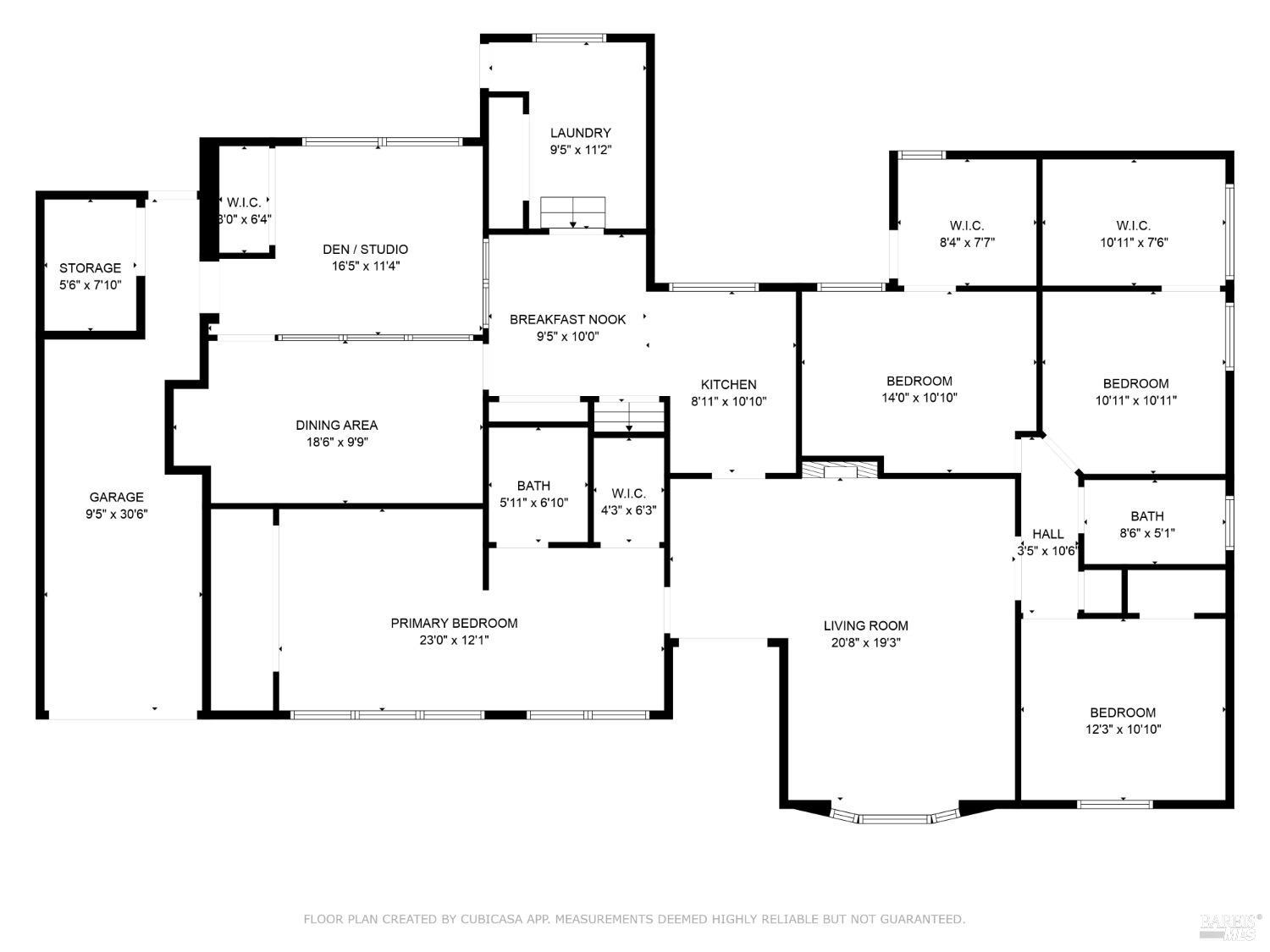
WHO YOU WORK WITH MATTERS


TESTIMONIALS

Raving Fans...
"Alison went above and beyond! This process can be exciting and stressful all in one. When something needed to be done, she was there to point us in the right direction or took the initiative and set things up herself with the contacts she had, taking the stress off of my husband & I. Her knowledge and expertise is apparent and much appreciated. Alison listens to what her clients needs and cares that those needs are met. If you are selling your home or looking to purchase, I recommend Alison 100%"
-zuser20140608172203930 - Seller
"Alison did an incredible job getting us into our home! We were anxious buyers and when we found a home we loved, she played a vital role in talking us through our options, drafting and explaining our offer and also being a guide every step of the way throughout the escrow process. She was extremely responsive, and any time we had a question or a concern, she was immediately in touch with us (I don't think it ever took longer than 10 minutes to get a response, weekday or weekend)! I cannot imagine going through this roller coaster process with any other realtor. She is passionate about her job, extremely trustworthy when it comes to pointing out the pros and cons of properties, and reliable in helping to close the deal. On top of that, she is a fun person with a great personality so if you're going to be spending lots of time checking out properties, why not work with someone you like to be around? She's a gem of a realtor and I can't recommend her enough!"
-katie Copeland - Buyer
"Alison is a dedicated realtor that has always been there for us and helped us through our buying and selling and has also helped my mom sell my parnets place during a very difficult time for our family. We have always felt we have been in the best hands we could be in for all of our real estate transactions. She is very honest about what does and don't you should do and very resortful on anything that needs looking into. She has never let us down, we have always felt we have been in the best hands with Alison."
-sweetydtweety, Bought and Sold a home
Ready To Get Started?
Whether you're looking to buy, sell or rent, trust our expert agents to help guide you through the process.

Many people are hoping mortgage rates will come down before they buy a home. But will that actually happen? According to the latest forecasts, experts say rates will decline, but not by as much as a lot of people want.
The good news? Even if they don’t drop substantially, there are still ways to make buying a home more affordable.
How Much Will Rates Drop?
A few months ago, experts were forecasting mortgage rates could dip below 6% by the end of the year. But recent projections suggest that may not happen after all.
While mortgage rates are still expected to decline some later this year, projections from Fannie Mae, the Mortgage Bankers Association (MBA), and Wells Fargo now show them stabilizing closer to the 6.5% to 7% range (see below):
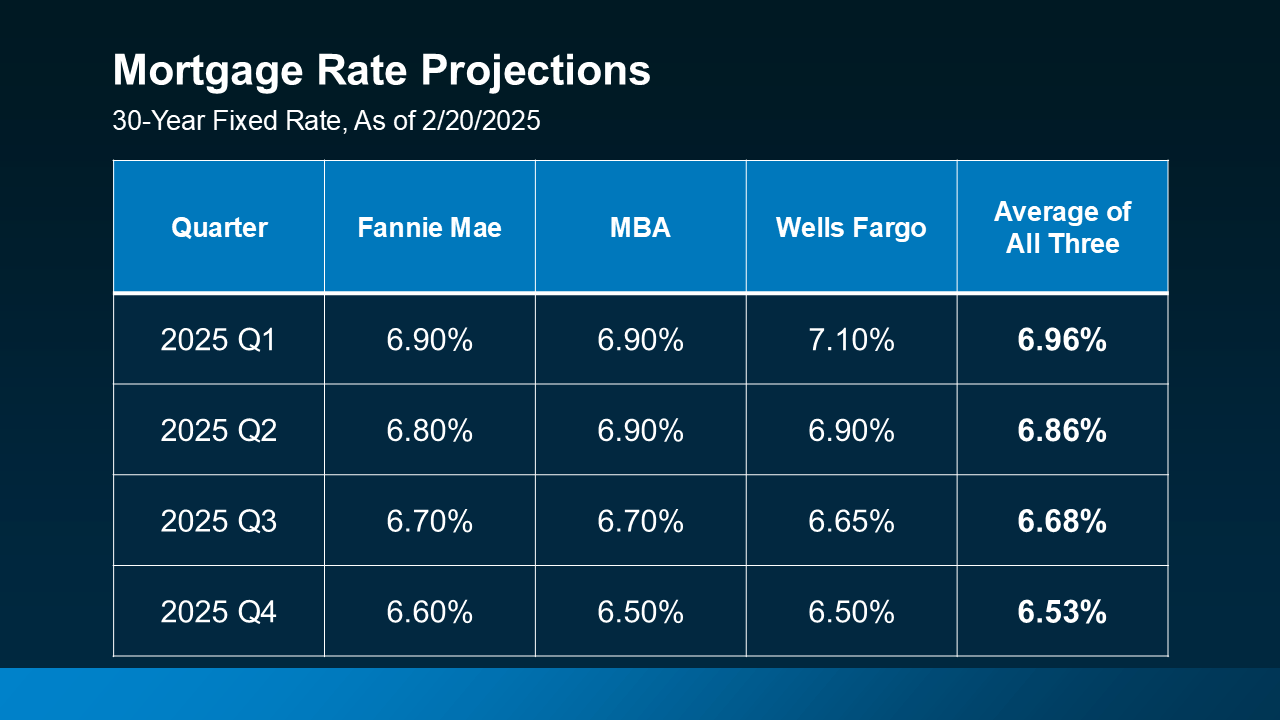 That means if you’re holding off on buying a home in hopes of much lower mortgage rates, you may be waiting a while. And if you need to move because something in your life has changed, like a new job, a new baby, or a marriage – waiting that long may not be an option.
That means if you’re holding off on buying a home in hopes of much lower mortgage rates, you may be waiting a while. And if you need to move because something in your life has changed, like a new job, a new baby, or a marriage – waiting that long may not be an option.
Creative Financing Options in Today’s Market
Since rates aren’t expected to decline as much as originally expected, it may be worth considering alternative financing options that could help you get into a home sooner rather than later. Here are three strategies to discuss with your lender to see if any of these make sense for you:
1. Mortgage Buydowns
A mortgage buydown allows you to pay an upfront fee to lower your mortgage rate for a set period of time. This can be especially helpful if you want or need a lower monthly payment early on. In fact, 27% of agents say first-time homebuyers are increasingly requesting buydowns from sellers in order to buy a home right now.
2. Adjustable-Rate Mortgages
Adjustable-rate mortgages (ARMs) typically start with a lower mortgage rate than a traditional 30-year fixed mortgage. This makes them an attractive option, especially if you expect rates to drop in the coming years or plan to refinance later.
And if you remember the housing crash, know that today’s ARMs aren’t like the risky ones back then. Lance Lambert, Co-Founder of ResiClub, helps drive this point home by saying:
“. . . ARM products today are different from many of the products issued in the mid-2000s. Before 2008, lenders often approved ARMs based on borrowers ability to pay the initial lower interest rates. And sometimes they didn’t even check that (remember Ninja loans). Today, adjustable-rate borrowers qualify based on their ability to cover a higher monthly payment, not just the initial lower payment.”
In simple terms, banks used to give loans without checking to see if buyers could afford them. Now, lenders verify income, assets, and jobs, reducing the risks associated with ARMs compared to the past.
3. Assumable Mortgages
An assumable mortgage allows you to take over the seller’s existing loan — including its lower mortgage rate. And with more than 11 million homes qualifying for this option according to U.S. News, it’s worth exploring if you want or need a better rate.
Bottom Line
Waiting for a big decline in mortgage rates may not be the best strategy. Instead, options like buydowns, ARMs, or assumable mortgages could make homeownership more affordable right now. Connect with a local lender to explore what works for you.
How does this impact your homebuying plans this year?
FOR SALE
→ 745 Broadfork Circle
$695,000
Vacaville
745 Broadfork Circle
4 Bedrooms | 3 Baths | 1,779 sq. ft.
Offered for $695,000
- MLS#: 325014098
- Bedrooms: 4
- Bathrooms: 3
- Living Space 1,779 sq. ft.
- Lot Size: 7,540 sq. ft.
- Year Built: 2022
- Subdivision: Roberts Ranch
- Levels: Single Story
- APN: 0138-144-110
- Garage: Two Car
- Roof: Tile
- Water Source: Public
- Sewer Source: Public
- HVAC
- Architecture: Ranch
- HOA: No
- Laundry: Hook-Up Inside
- Foundation: Concrete
- Energy Efficient
- Versatile Den
- Flexible Living
- Open Concept
- Stylish Kitchen
- Walk-in Pantry
- Great Room
- Canned Lighting
- Smart home Thermostat
Welcome to 745 Broadfork Circle, Vacaville, California – Your Dream Home Awaits!
Nestled in the sought-after Wildhawk at Roberts Ranch, this nearly new single-story gem offers a perfect blend of modern comfort, energy efficiency, and prime location. With 4 bedrooms plus a versatile den—ideal for a home office, study space, or playroom—this home is designed for flexible living.
Sophisticated Design Meets Everyday Functionality
Step inside and be captivated by the open-concept layout, featuring a stylish kitchen with soft-close gray cabinetry, 42” upper cabinets, elegant quartz countertops, and a spacious walk-in pantry. The kitchen seamlessly flows into the great room, creating an inviting space for entertaining and relaxation. A designated laundry room, conveniently positioned off the kitchen and garage, adds ease to your daily routine.
Designed with both comfort and efficiency in mind, this home boasts canned lighting throughout, double sinks in the front bathroom, and state-of-the-art energy-saving features, including a smart thermostat, whole-house fan, and solar panels—helping you keep energy costs low year-round.
A Vibrant Neighborhood with Endless Amenities
Beyond the home’s stunning features, 745 Broadfork Circle offers access to an active and welcoming community. Located near scenic walking trails, dog parks for both large and small breeds, and soon-to-be pickleball and basketball courts, outdoor recreation is just steps away. Imagine starting your day with a sunrise view from your front yard, then heading out to enjoy the parks, playgrounds, and open spaces that make Wildhawk at Roberts Ranch such a desirable place to live.
For families, this home is situated near some of Vacaville’s top-rated schools, including Browns Valley Elementary, Willis Jepson Middle School, and Vacaville High School. Education is a top priority in this area, with excellent programs and strong community support for student success.
Explore Vacaville – A City with Something for Everyone
Living in Vacaville means embracing a small-town charm with big-city conveniences. Downtown Vacaville is a lively hub featuring boutique shopping, fantastic dining, and a year-round calendar of community events. Residents enjoy the seasonal Vacaville Farmers’ Market, the festive Merriment on Main during the holidays, and the ever-popular CreekWalk Concert Series in Andrews Park, bringing music lovers together every summer.
Vacaville is also home to Nut Tree Plaza, a favorite local destination offering a mix of retail, dining, and family-friendly attractions, including a historic carousel and train rides. For those who love the outdoors, Lagoon Valley Park provides hiking, biking, fishing, and even a disc golf course—all just minutes away.
A Backyard Designed for Both Play and Peace of Mind
The backyard at 745 Broadfork Circle is more than just a space—it’s a sanctuary. Pet owners will appreciate the extra protection designed to prevent any furry friends from digging under the fence, ensuring a safe and secure environment. Whether you envision weekend BBQs, gardening, or simply enjoying the fresh air, this backyard is ready to be transformed into your personal retreat.
Make 745 Broadfork Circle Your Next Home
This exceptional home offers modern design, energy efficiency, and access to a thriving community—all in one perfect package. Don’t miss your opportunity to become part of Vacaville’s dynamic and welcoming neighborhood. Schedule your private tour today and experience the best of Wildhawk at Roberts Ranch for yourself!
WHO YOU WORK WITH MATTERS


TESTIMONIALS

Raving Fans...
"Alison went above and beyond! This process can be exciting and stressful all in one. When something needed to be done, she was there to point us in the right direction or took the initiative and set things up herself with the contacts she had, taking the stress off of my husband & I. Her knowledge and expertise is apparent and much appreciated. Alison listens to what her clients needs and cares that those needs are met. If you are selling your home or looking to purchase, I recommend Alison 100%"
-zuser20140608172203930 - Seller
"Alison did an incredible job getting us into our home! We were anxious buyers and when we found a home we loved, she played a vital role in talking us through our options, drafting and explaining our offer and also being a guide every step of the way throughout the escrow process. She was extremely responsive, and any time we had a question or a concern, she was immediately in touch with us (I don't think it ever took longer than 10 minutes to get a response, weekday or weekend)! I cannot imagine going through this roller coaster process with any other realtor. She is passionate about her job, extremely trustworthy when it comes to pointing out the pros and cons of properties, and reliable in helping to close the deal. On top of that, she is a fun person with a great personality so if you're going to be spending lots of time checking out properties, why not work with someone you like to be around? She's a gem of a realtor and I can't recommend her enough!"
-katie Copeland - Buyer
"Alison is a dedicated realtor that has always been there for us and helped us through our buying and selling and has also helped my mom sell my parnets place during a very difficult time for our family. We have always felt we have been in the best hands we could be in for all of our real estate transactions. She is very honest about what does and don't you should do and very resortful on anything that needs looking into. She has never let us down, we have always felt we have been in the best hands with Alison."
-sweetydtweety, Bought and Sold a home
Ready To Get Started?
Whether you're looking to buy, sell or rent, trust our expert agents to help guide you through the process.

Some homeowners hesitate to sell because they’ve got unanswered questions that hold them back. But a lot of times their concerns are based on misconceptions, not facts. And if they’d just talk to an agent about it, they’d see these doubts aren’t necessarily a hurdle at all.
If uncertainty is keeping you from making a move, it’s time to get the real answers. The ones you deserve. And to take the pressure off, you don’t have to ask the questions, because here’s the data that answers them.
1. Is It Even a Good Idea To Move Right Now?
If you own a home already, you may be tempted to wait because you don’t want to sell and take on a higher mortgage rate on your next house. But your move may be a lot more feasible than you think, and that’s because of how much your house has likely grown in value.
Think about it. Do you know anyone in your neighborhood who’s sold their house recently? If so, did you hear what it sold for? With how much home values have gone up in recent years, the number may surprise you. According to Lawrence Yun, Chief Economist at the National Association of Realtors (NAR), the typical homeowner has gained $147,000 in housing wealth in the last five years alone.
That’s significant – and when you sell, that can give you what you need to fund your next move.
2. Will I Be Able To Find a Home I Like?
If this is on your mind, it’s probably because you remember just how hard it was to find a home over the past few years. But in today’s market, it isn’t as challenging.
Data from Realtor.com shows how much inventory has increased – it’s up nearly 25% compared to this time last year (see graph below):
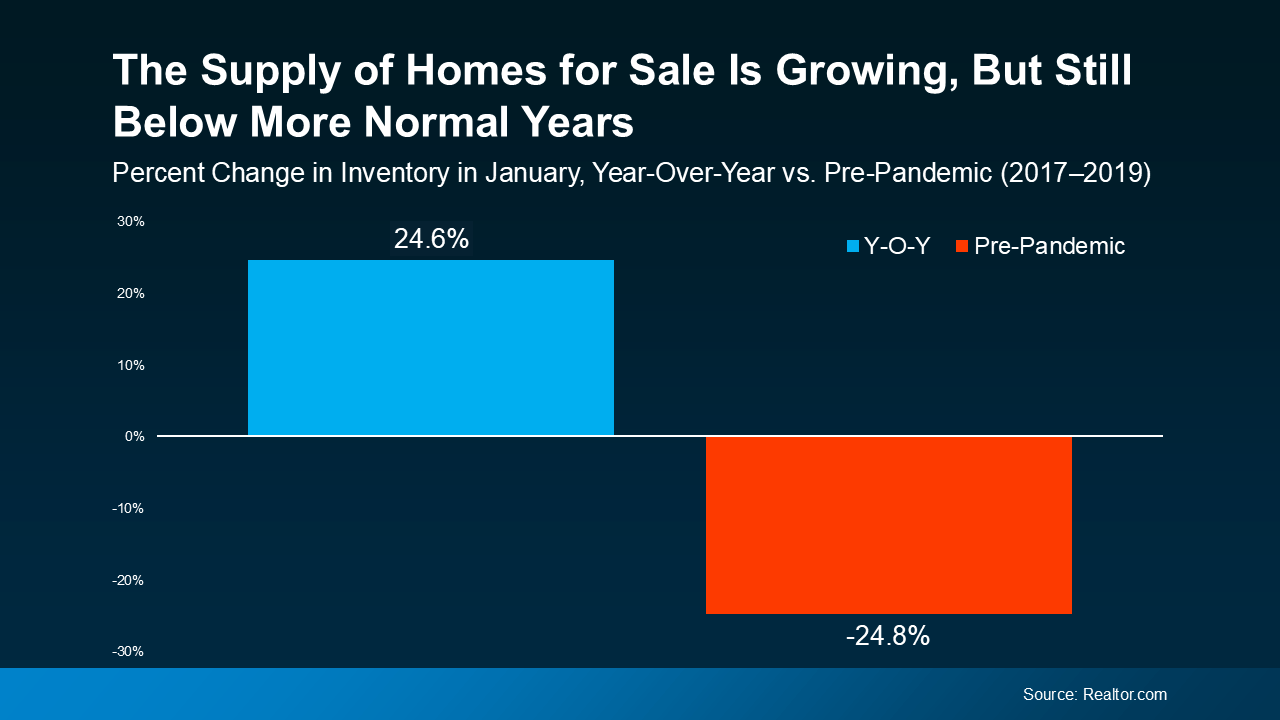 Even though inventory is still below more normal pre-pandemic levels, it’s improved a lot in the past year. And the best part is, experts say it’ll grow another 10 to 15% this year. That means you have more options for your move – and the best chance in years to find a home you love.
Even though inventory is still below more normal pre-pandemic levels, it’s improved a lot in the past year. And the best part is, experts say it’ll grow another 10 to 15% this year. That means you have more options for your move – and the best chance in years to find a home you love.
3. Are Buyers Still Buying?
And last, if you’re worried no one’s buying with rates and prices where they are right now, here’s some perspective that can help. While there weren’t as many home sales last year as there’d be in a normal market, roughly 4.24 million homes still sold (not including new construction), according to the National Association of Realtors (NAR). And the expectation is that number will rise in 2025. But even if we only match how many homes sold last year, here’s what that looks like.
- 4.24 million homes ÷ 365 days in a year = 11,616 homes sell each day
- 11,616 homes ÷ 24 hours in a day = 484 homes sell per hour
- 484 homes ÷ 60 minutes = 8 homes sell every minute
Think about that. Just in the time it took you to read this, 8 homes sold. Let this reassure you – the market isn’t at a standstill. Every day, thousands of people buy, and they’re looking for homes like yours.
Bottom Line
When you’re ready to walk through what’s on your mind, I have the answers you need. And in the meantime, tell me: what’s holding you back from making your move?
It’s no secret that affordability is tough with where mortgage rates and home prices are right now. And that may have you worried about how you’ll be able to buy a home. But, if you don’t need a ton of space, you may find you have more cost-effective options in an unexpected place: new home communities.
Builders Are Building Smaller Homes
Since smaller homes typically come with smaller price tags, buyers have turned their attention to homes with less square footage — and builders have shifted their focus to capitalize on that demand. As U.S. News notes:
“The combination of higher home prices and mortgage rates has strained a lot of people’s budgets. And that’s something builders recognize. To this end, they may be leaning toward smaller spaces . . .That, in turn, can lead to savings for buyers.”
Data from the Census shows the overall builder trend toward smaller, single-family homes has been over the last couple of years (see graph below):
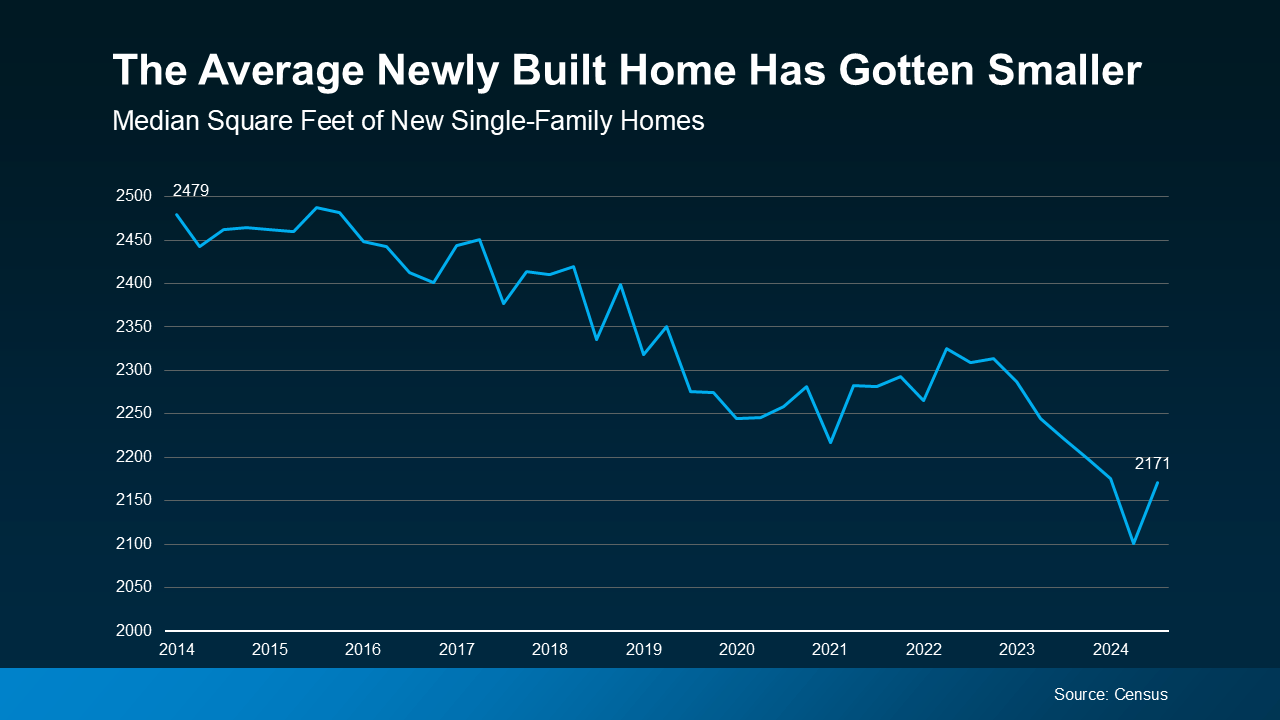 As the graph shows, the average size of a brand-new home has dropped from 2,309 square feet in Q3 2022 to 2,171 square feet in Q3 2024. That’s a difference of 138 square feet.
As the graph shows, the average size of a brand-new home has dropped from 2,309 square feet in Q3 2022 to 2,171 square feet in Q3 2024. That’s a difference of 138 square feet.
At the end of the day, builders want to build what they know will sell. And the number one thing homebuyers are looking for right now is less expensive options to help offset today’s affordability challenges. As Multi-Housing News notes:
“The growing trend toward smaller homes is evident. These homes are less expensive to build and more attainable for many middle-income families, meeting both housing needs and modern lifestyle preferences.”
The Benefits of These Brand-New Homes
So, if you’re having trouble finding a home in your budget, it might be worth exploring newly built homes with a smaller footprint.
Not to mention, since newly built homes come with brand new everything, they have fewer maintenance needs and some of the latest features available, like energy-efficient appliances and HVAC. That’ll help you save on repair costs and your monthly utility bills. Sounds like an all-around win.
Bottom Line
Today’s builders are focusing their efforts on smaller homes at lower price points. That could give you more opportunity to find something that fits your budget. If you’re planning to buy soon, let’s connect to explore what’s on the market in your area and get your homeownership goals over the finish line.
Knowing what to budget for when buying a home may feel intimidating — but it doesn’t have to be. By understanding the costs you may encounter upfront, you can take control of the process.
Here are just a few things experts say you should be thinking about as you plan ahead.
1. Down Payment
Saving for your down payment is likely top of mind. But how much do you really need? A common misconception is that you have to put down 20% of the purchase price. But that’s not necessarily the case. Unless it’s specified by your loan type or lender, you don’t have to. There are some home loan options that require as little as 3.5% or even 0% down. An article from The Mortgage Reports explains:
“The amount you need to put down will depend on a variety of factors, including the loan type and your financial goals. If you don’t have a large down payment saved up, don’t worry—there are plenty of options available . . .”
A trusted lender will go over the various loan types with you, any down payment requirements on those, and down payment assistance programs you may qualify for. The more you know ahead of time, the easier the process will be. And the key to getting the information you need is working with a pro to see what’ll work best for your situation.
2. Closing Costs
Make sure you also budget for closing costs, which are a collection of fees and payments made to the various parties involved in your transaction. Bankrate explains:
“Mortgage closing costs are the fees associated with buying a home that you must pay on closing day. Closing costs typically range from 2 to 5 percent of the total loan amount, and they include fees for the appraisal, title insurance and origination and underwriting of the loan.”
When it comes to closing costs, a trusted lender can guide you through specifics and answer any questions you may have. They can also give you a better idea of how much you should be prepared to pay so you can cruise through your closing with confidence.
And as you plan ahead for closing day, be sure to budget for your real estate agent’s professional service fee too, in case the seller doesn’t cover it. But don’t worry, you’ll work with your agent ahead of time to agree on what this is, so you won’t be surprised at the finish line.
3. Earnest Money Deposit
And if you want to cover all your bases, you can also consider saving for an earnest money deposit (EMD). According to Realtor.com, an EMD is typically between 1% and 2% of the total home price and is money you pay as a show of good faith when you make an offer on a house.
But, it’s not an added expense. Instead, it works like a credit and goes toward some of your upfront costs. You’re simply using some of the money you’ve already saved for your purchase to show the seller you’re committed and serious about buying their house. Realtor.com describes how it works as part of your sale:
“It tells the real estate seller you’re in earnest as a buyer . . . Assuming that all goes well and the buyer’s good-faith offer is accepted by the seller, the earnest money funds go toward the down payment and closing costs. In effect, earnest money is just paying more of the down payment and closing costs upfront.”
Keep in mind, this isn’t required, and it doesn’t guarantee your offer will be accepted. It’s important to work with a real estate advisor to understand what’s best for your situation and any specific requirements in your local area. They’ll advise you on what moves you should make so you can make the best possible decisions throughout the buying process.
Bottom Line
The key to a successful homebuying savings strategy? Being informed about what you need to save for. Because, when you understand what to expect, you can plan ahead. With an expert agent and a trusted lender, you’ll have the information you need to move forward with confidence.
You may have heard that staging your home properly can make a big difference when you sell your house, but what exactly is home staging, and is it really worth your time and effort?
Here are a few quick FAQs that can help you decide how much you should prioritize staging as you prep for your move.
What Is Home Staging?
Staging is the process of arranging and decorating your house to highlight its best features and make it as appealing as possible to potential buyers. It can range from simple touch-ups to more extensive setups, depending on your needs and budget.
How Does It Help Me Sell My House?
Studies show good staging does have an impact on your sale. Staging your house well can help you attract more attention from buyers, which ultimately helps it sell faster and maybe for a higher price than an unstaged home (see visual):
 What Are My Staging Options?
What Are My Staging Options?
Now that you see the value, let’s think through your options. The most common is leaning on your agent for their expert advice. They know what buyers like because they’re in showings all the time and hear that feedback first-hand. That expertise is crucial to getting your house market-ready. Basic staging with an agent usually means they give you insight into how you should:
- Declutter and depersonalize by removing photos and personal items
- Arrange your furniture to improve the room’s flow and make it feel bigger
- Add plants, move art, or re-arrange other accessories
Full-service staging is another option if your house needs more hands-on attention. This is when you hire a staging professional or staging company to come in, make recommendations, and do the work for you. Going this route is more involved and that makes it more costly too. That’s because it can include renting furniture and decor to more fully transform a space.
How Do I Know Which One To Pick?
Not sure which one you need? You don’t have to figure that out on your own. Your real estate agent will help determine what level of staging will make the most impact on your house and market.
They can help you decide if professional staging is worth the investment, or if you can knock it out with their advice alone. And just so you know, here are some of the factors an agent will look at to figure that out:
- Market Conditions: If the market is slower, going all in on staging can make your home look move-in ready and attractive to buyers who may otherwise be hesitant. If your local market is very active and homes are selling fast, you may be able to get by with doing less.
- Your Home’s Condition: If your home is vacant or has a unique layout, using a professional stager who can bring in the right furniture and accessories may help buyers truly visualize its full potential.
- Your Budget: Talk to your agent to get an idea of staging costs in your area, as it can be the difference between your house selling and sitting. But if your budget is tight or your home only needs minor updates, your real estate agent can help you think outside of the box by suggesting simple DIY staging tips to help your home look its best.
Bottom Line
Staging your house properly can make it much more attractive to buyers, but it’s not a one-size-fits-all solution, and every home shines differently. Let’s connect to talk through what your home really needs to stand out and sell for top dollar.


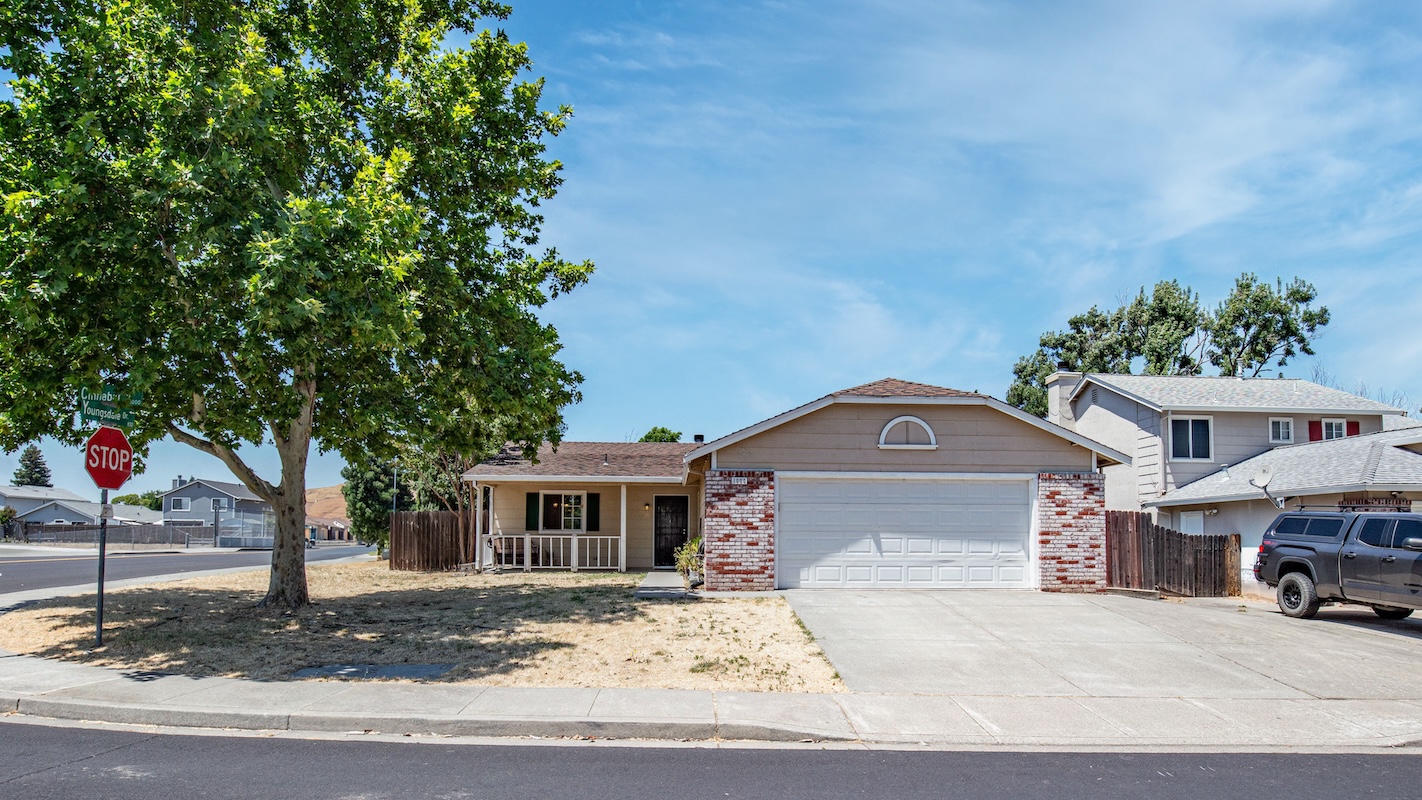
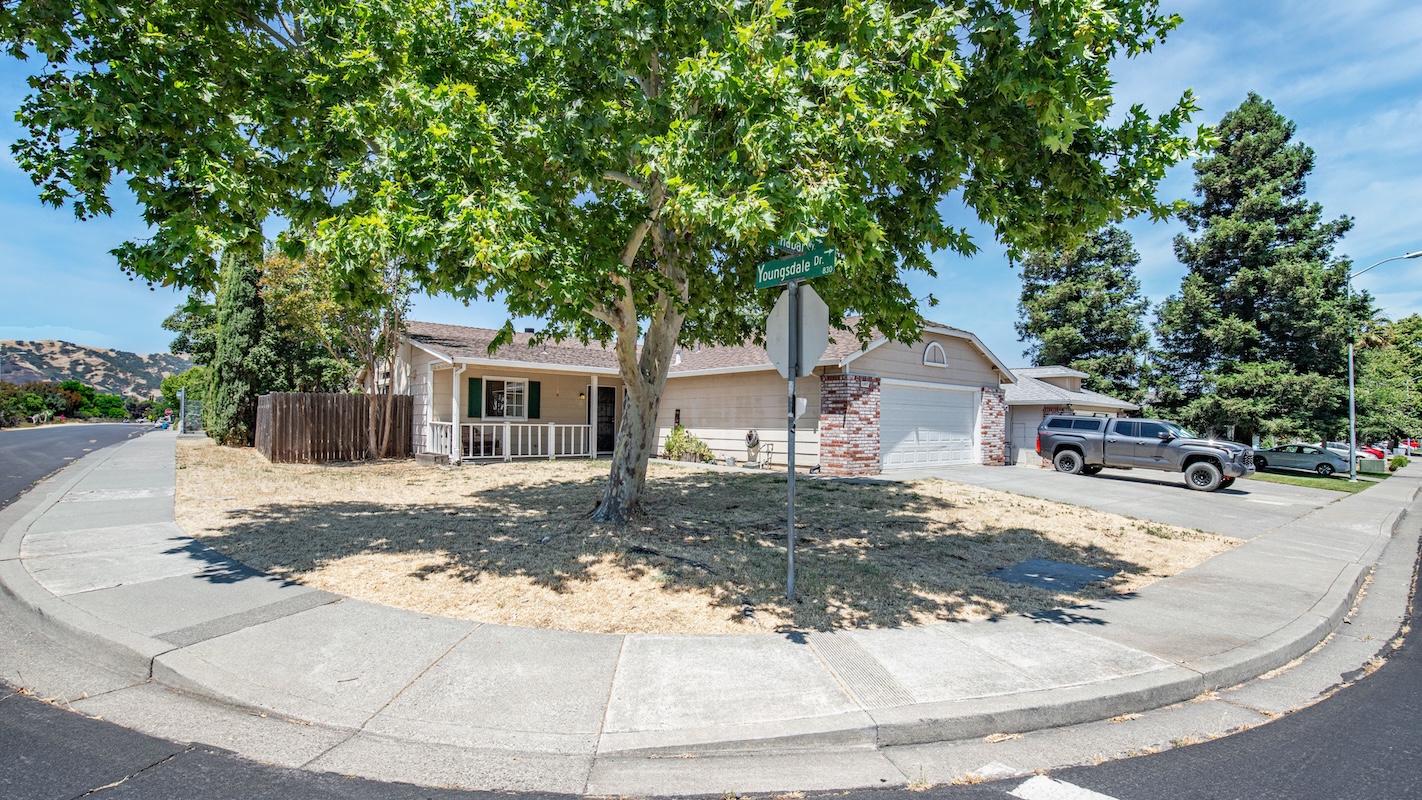
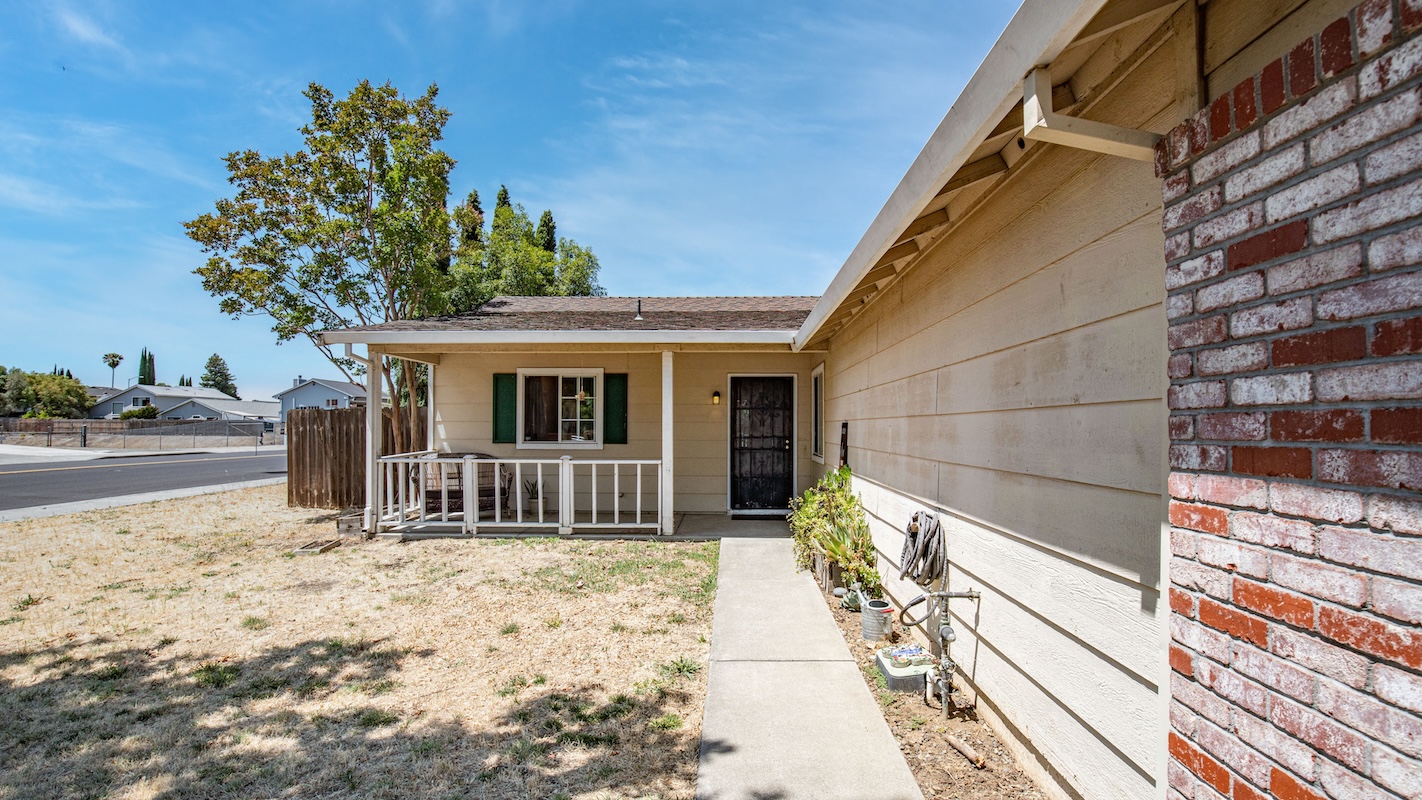
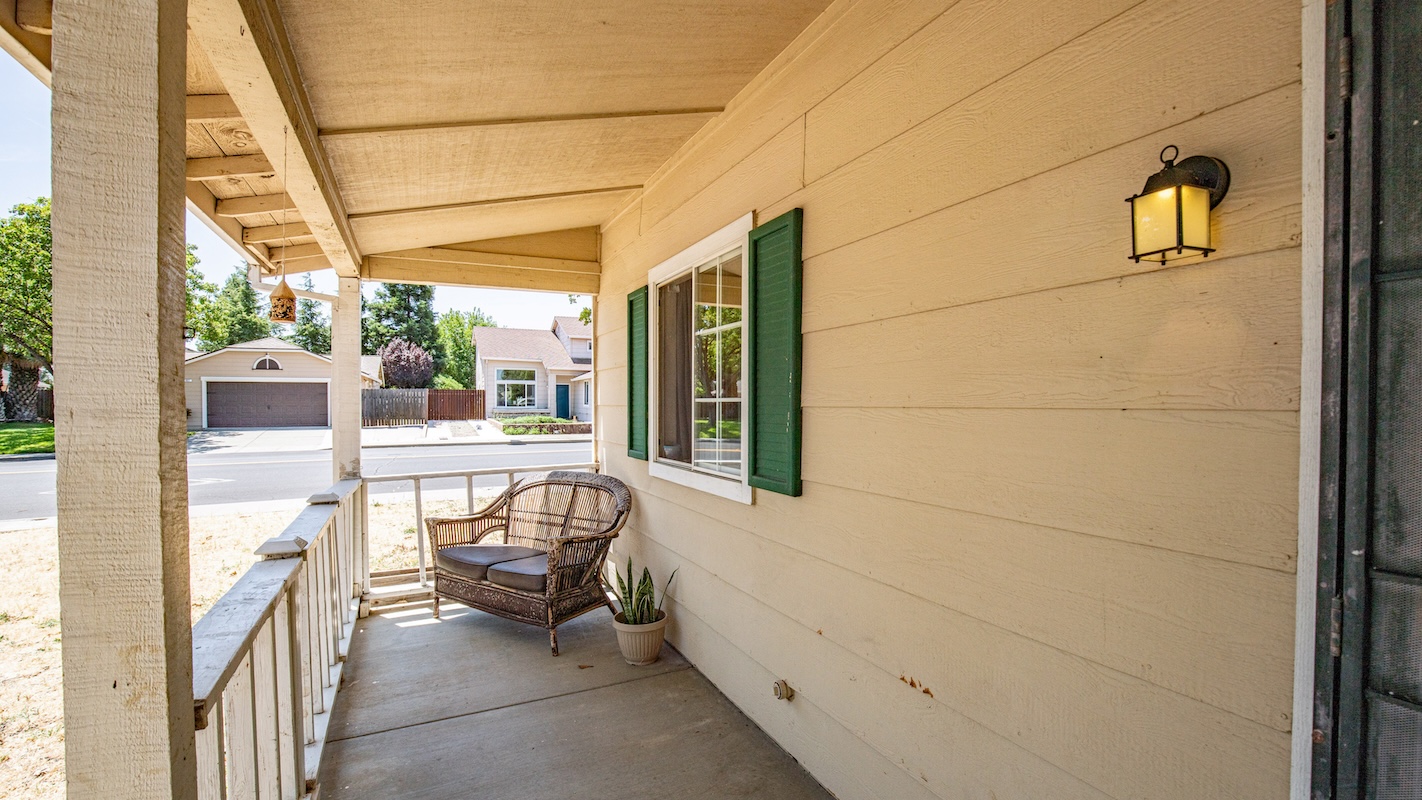
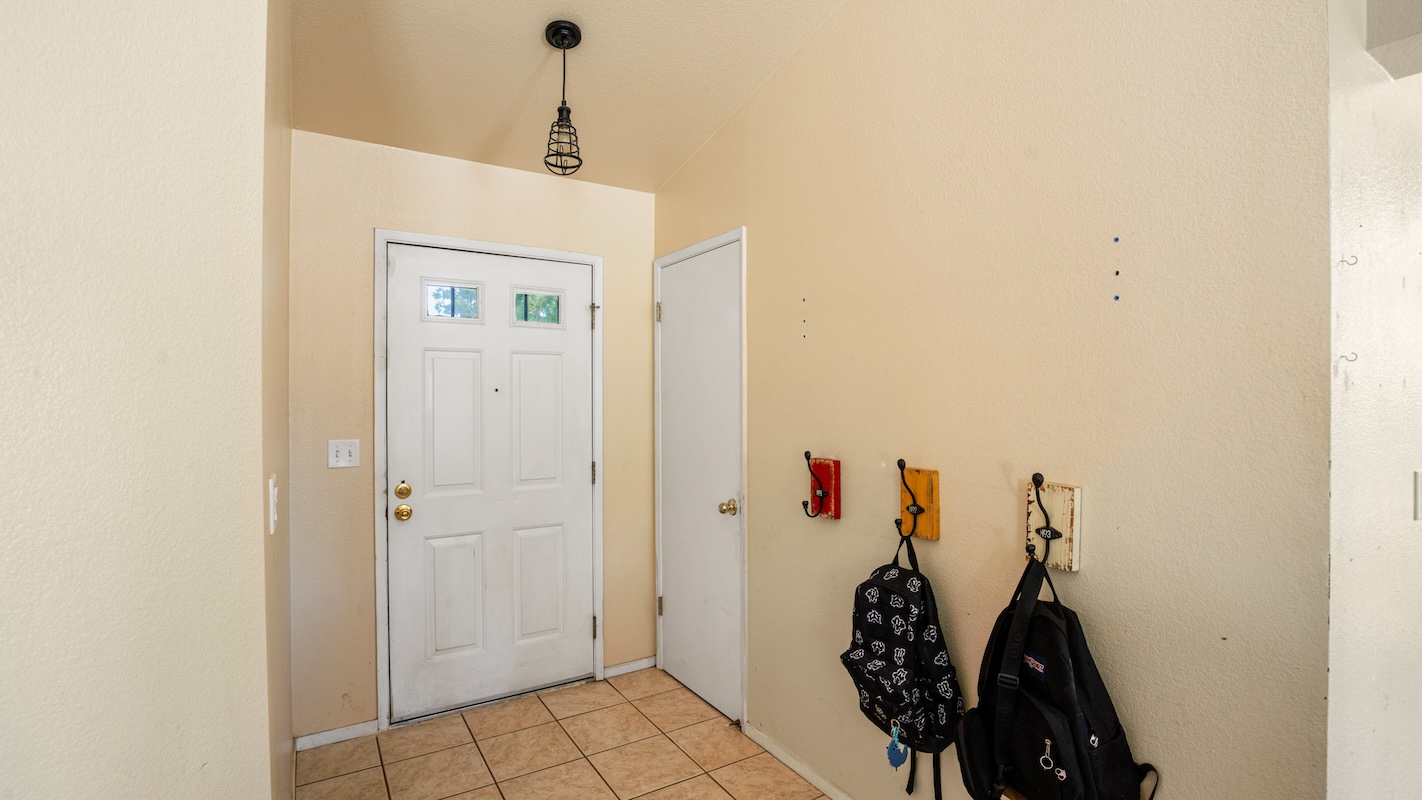
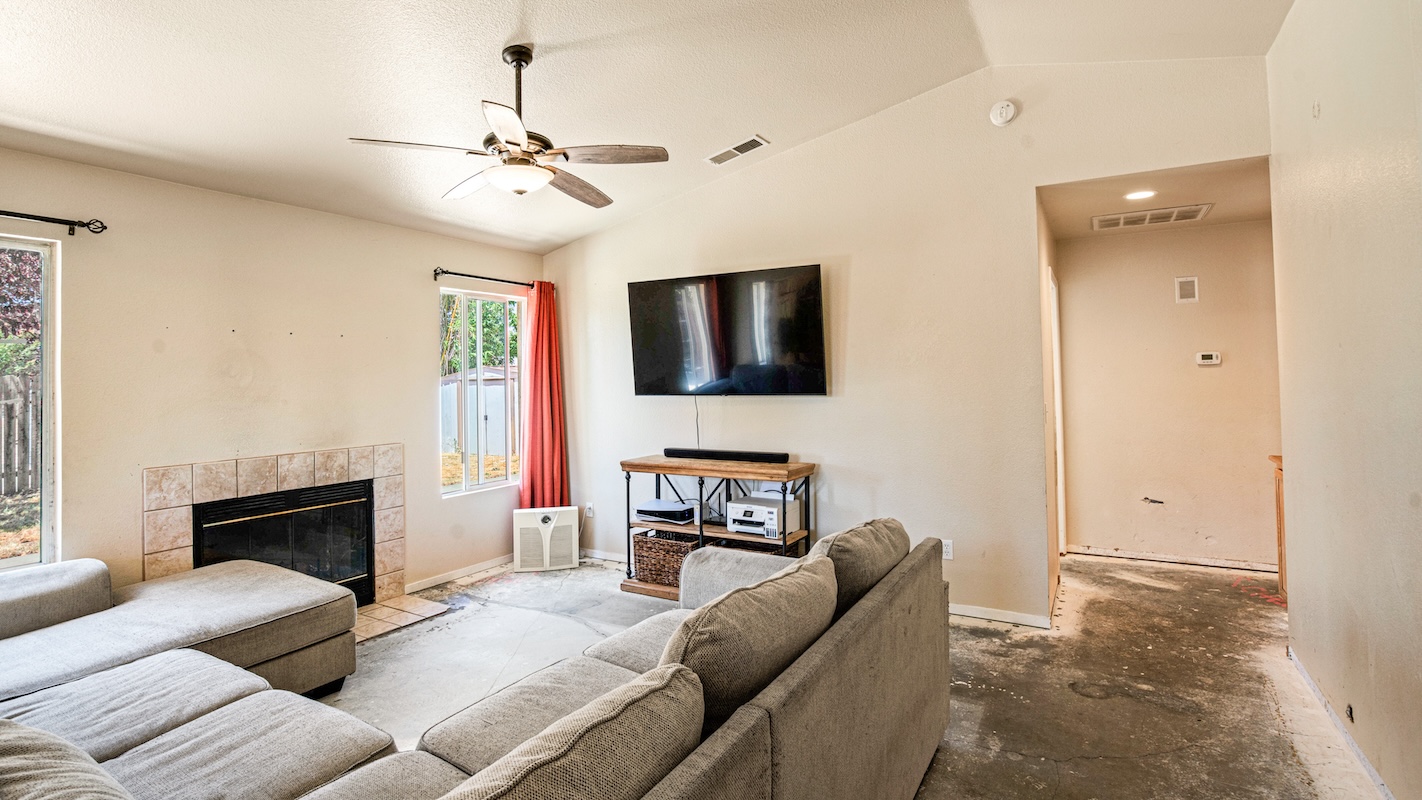
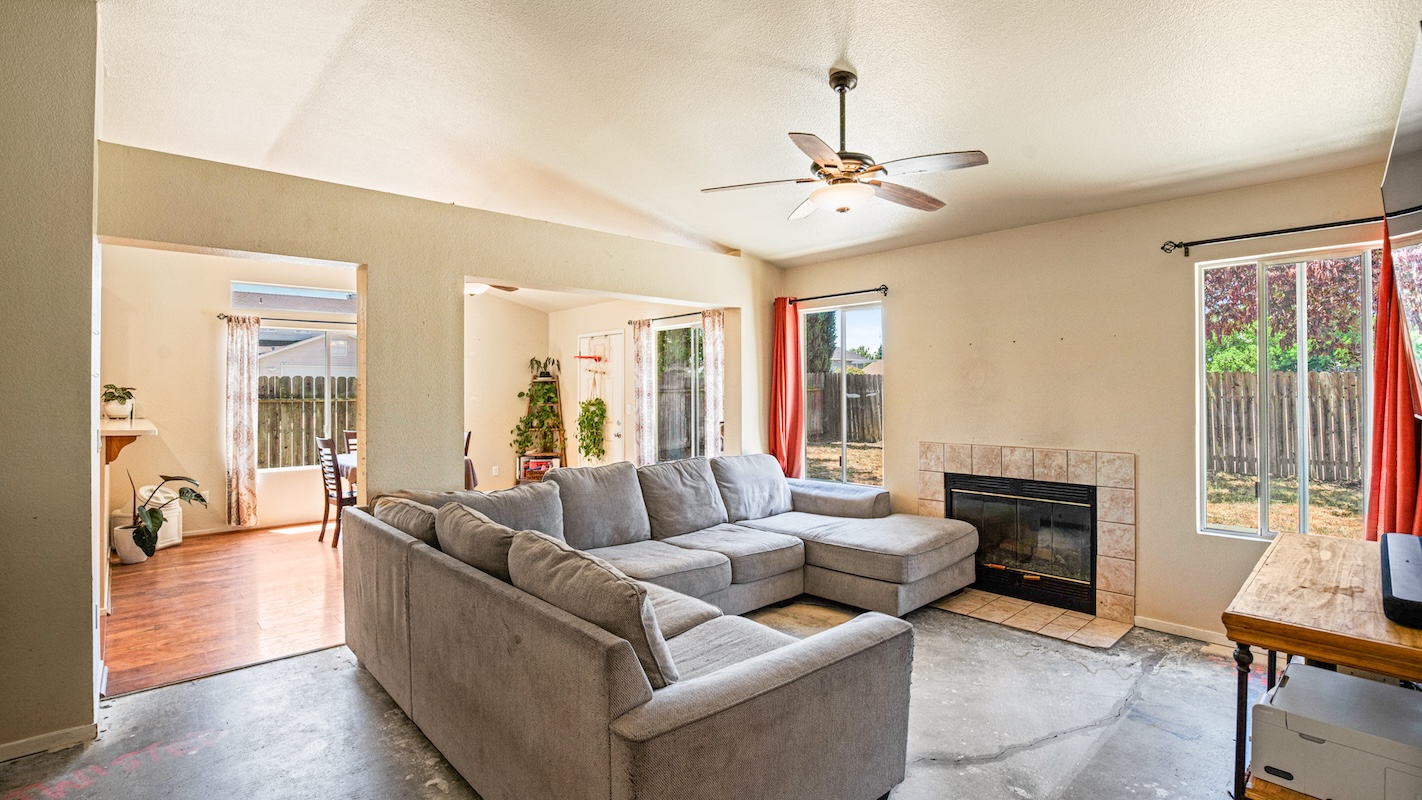
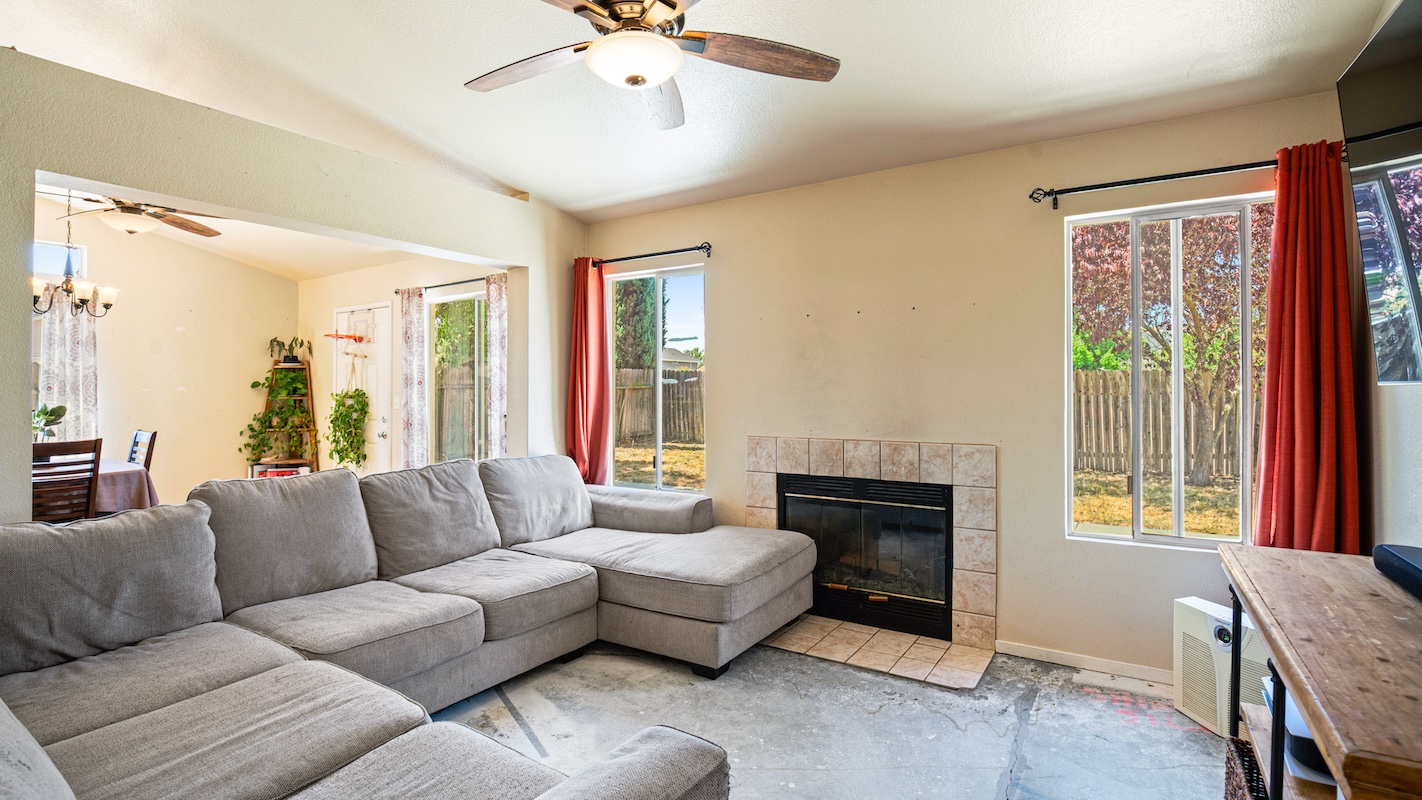

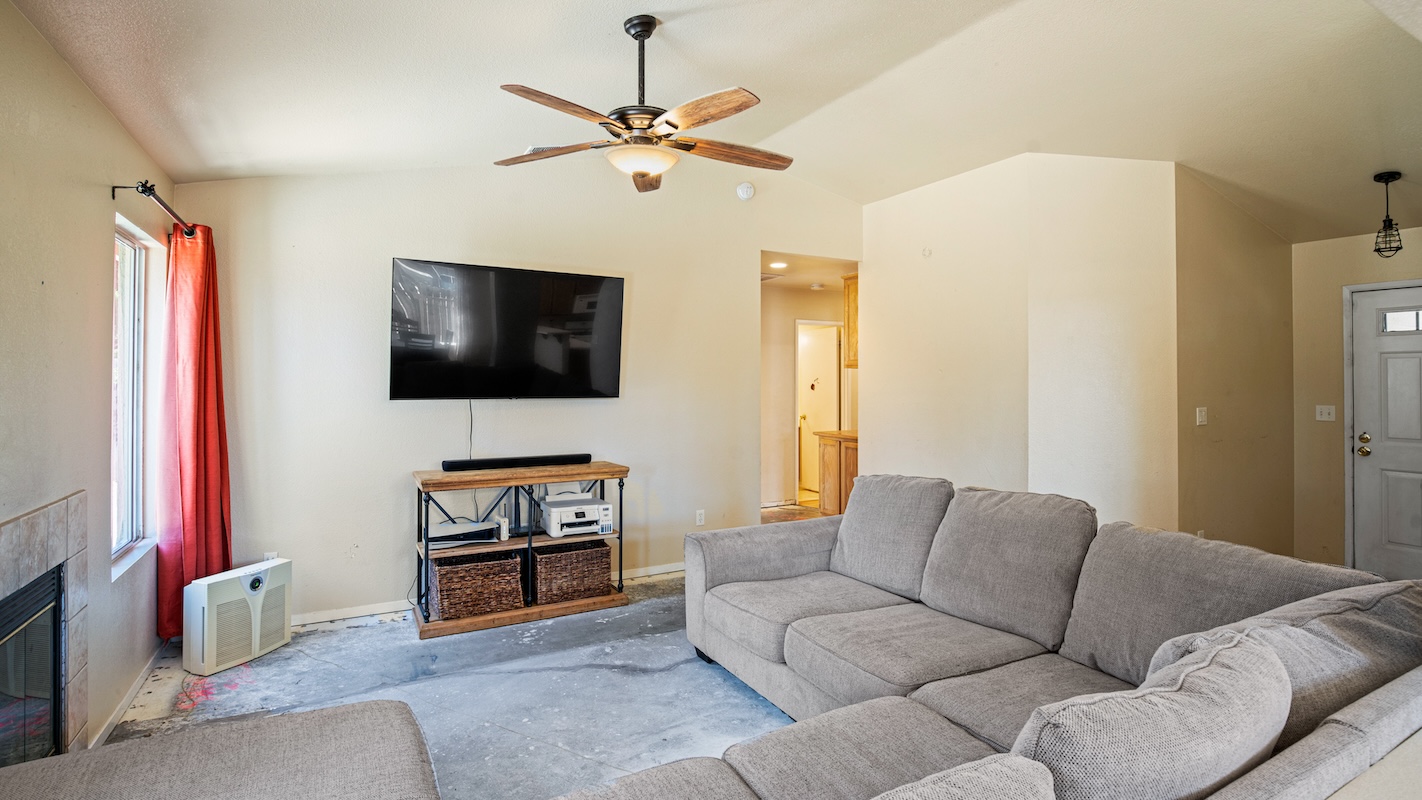
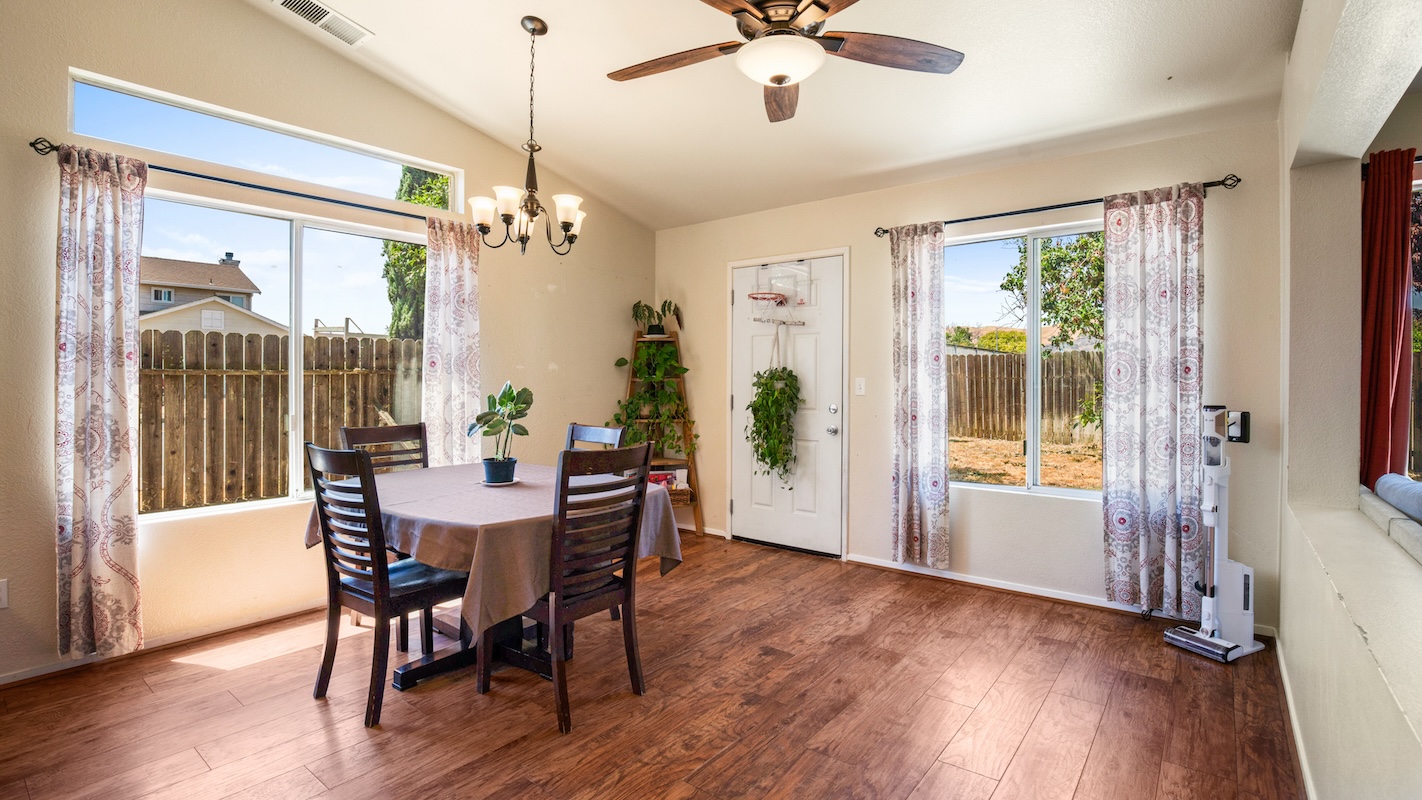
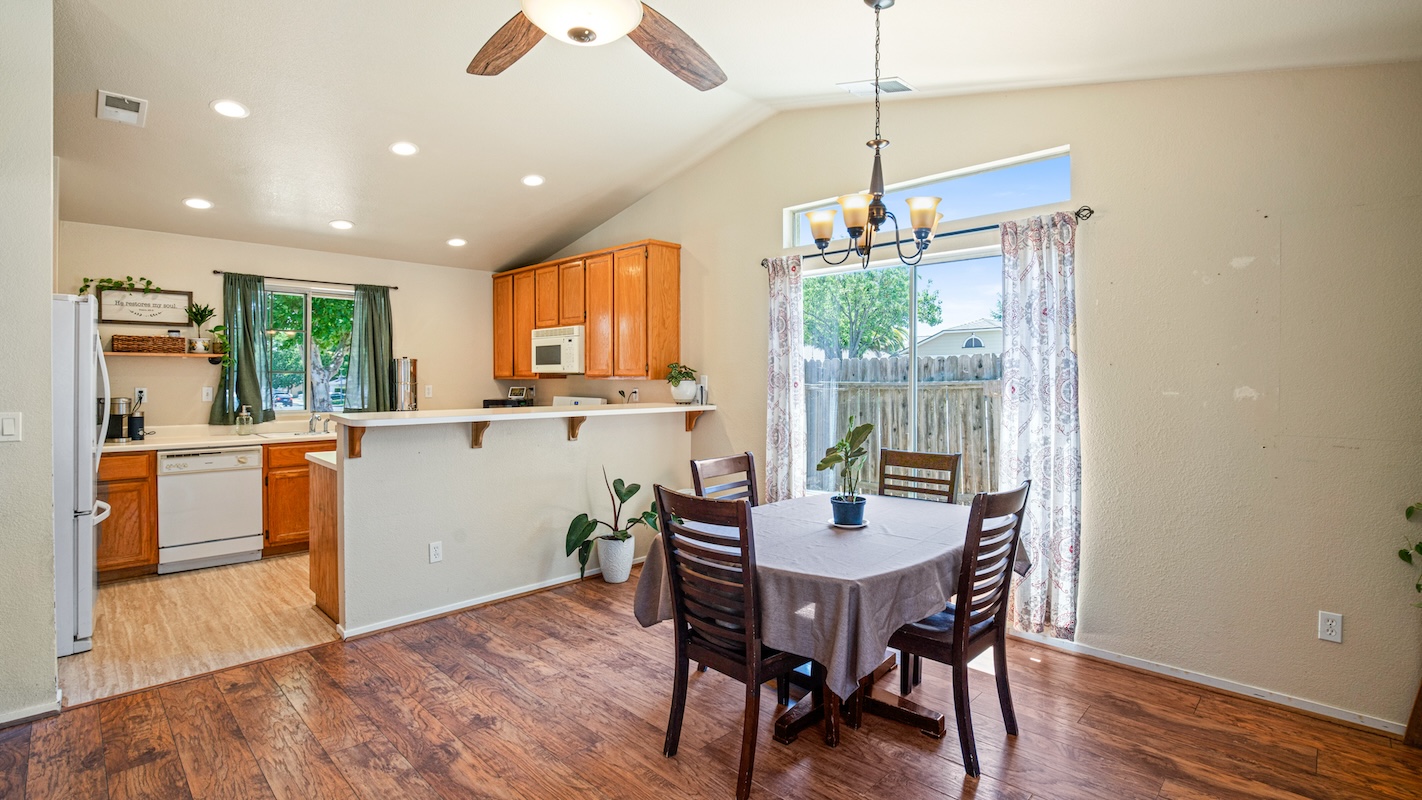

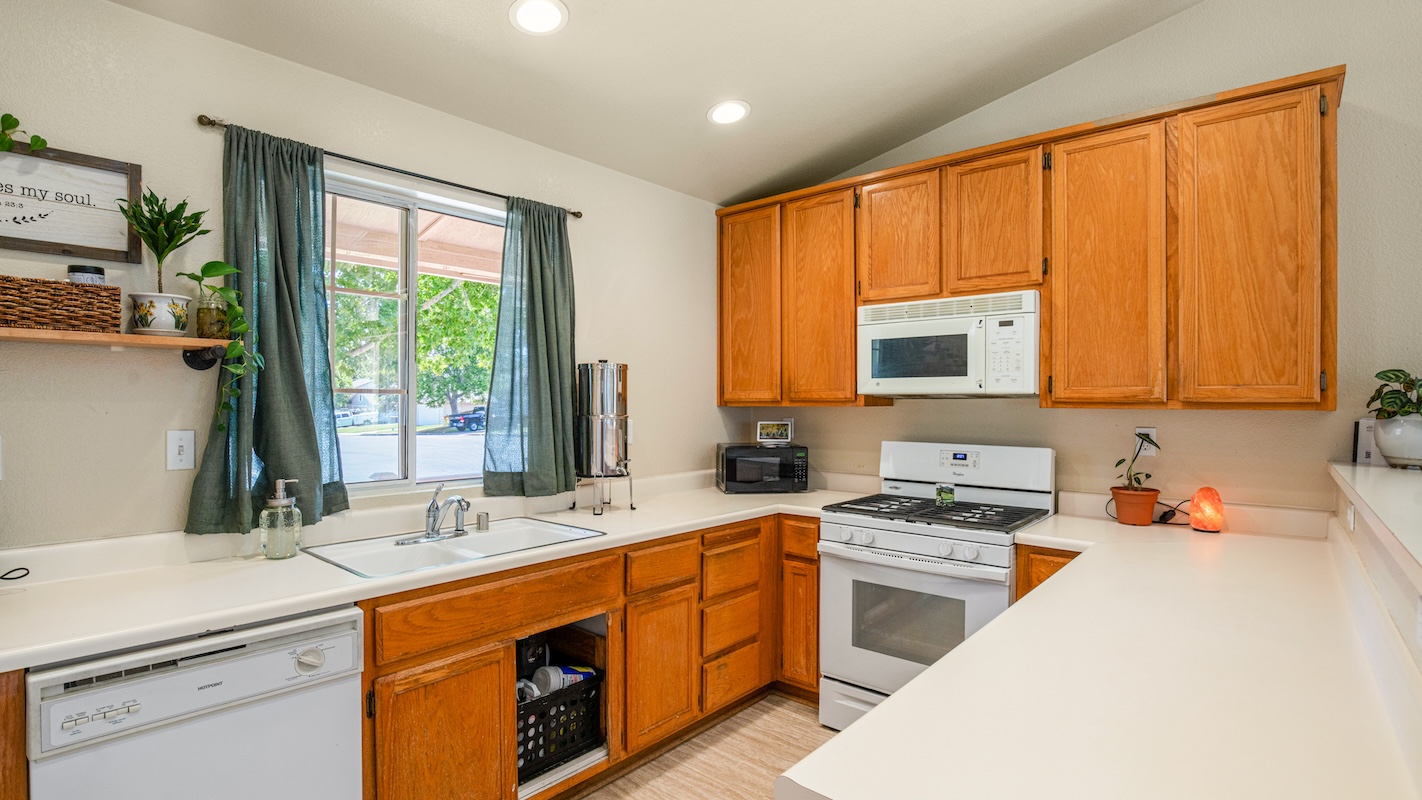
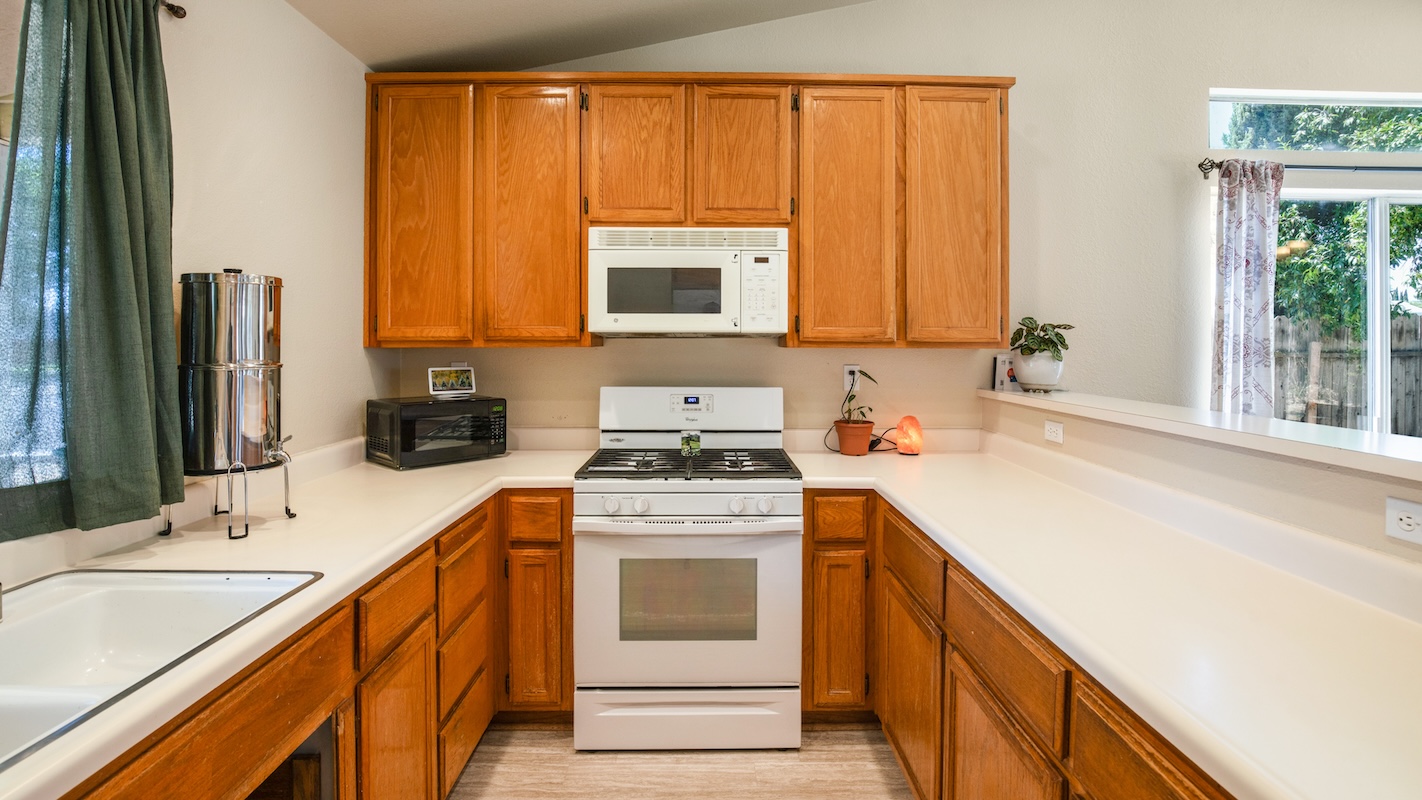
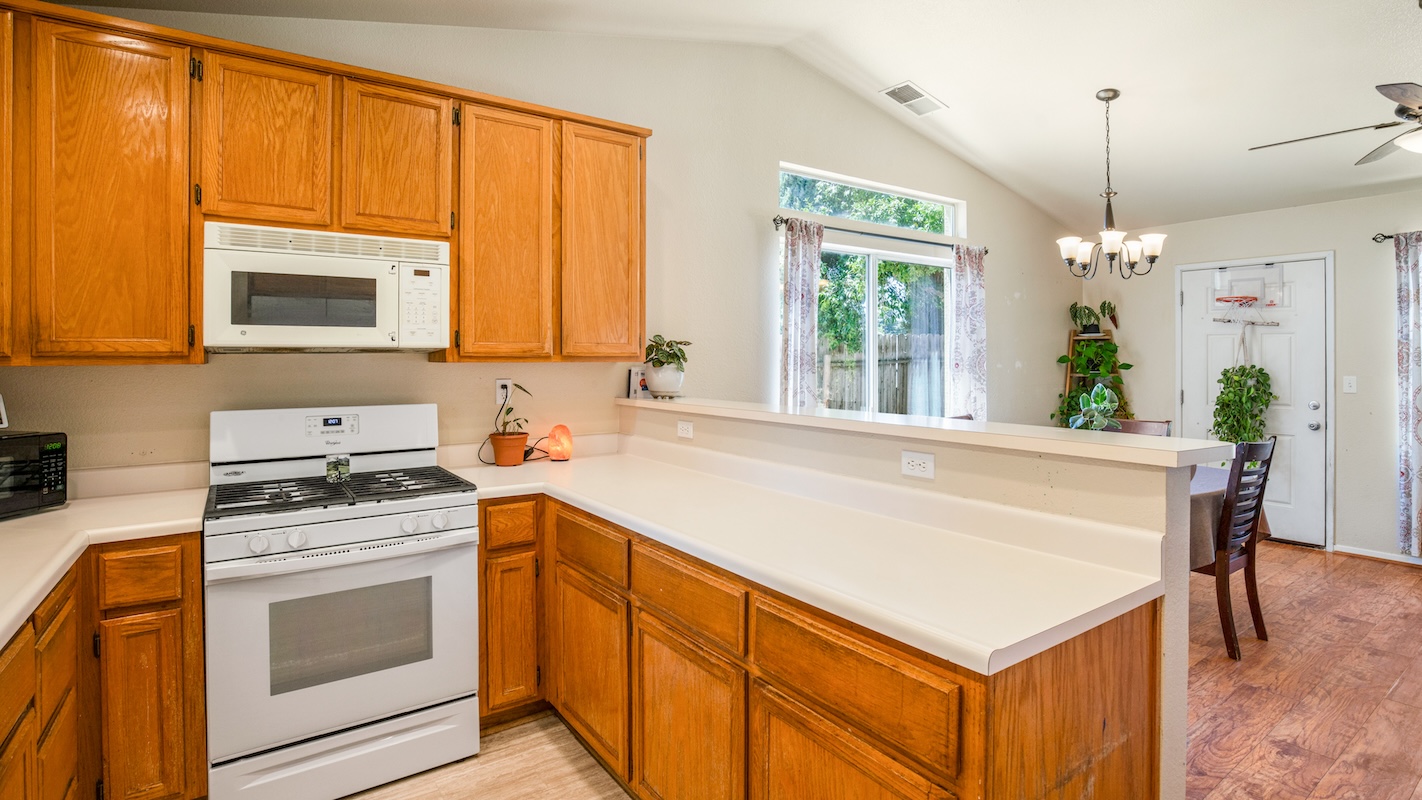
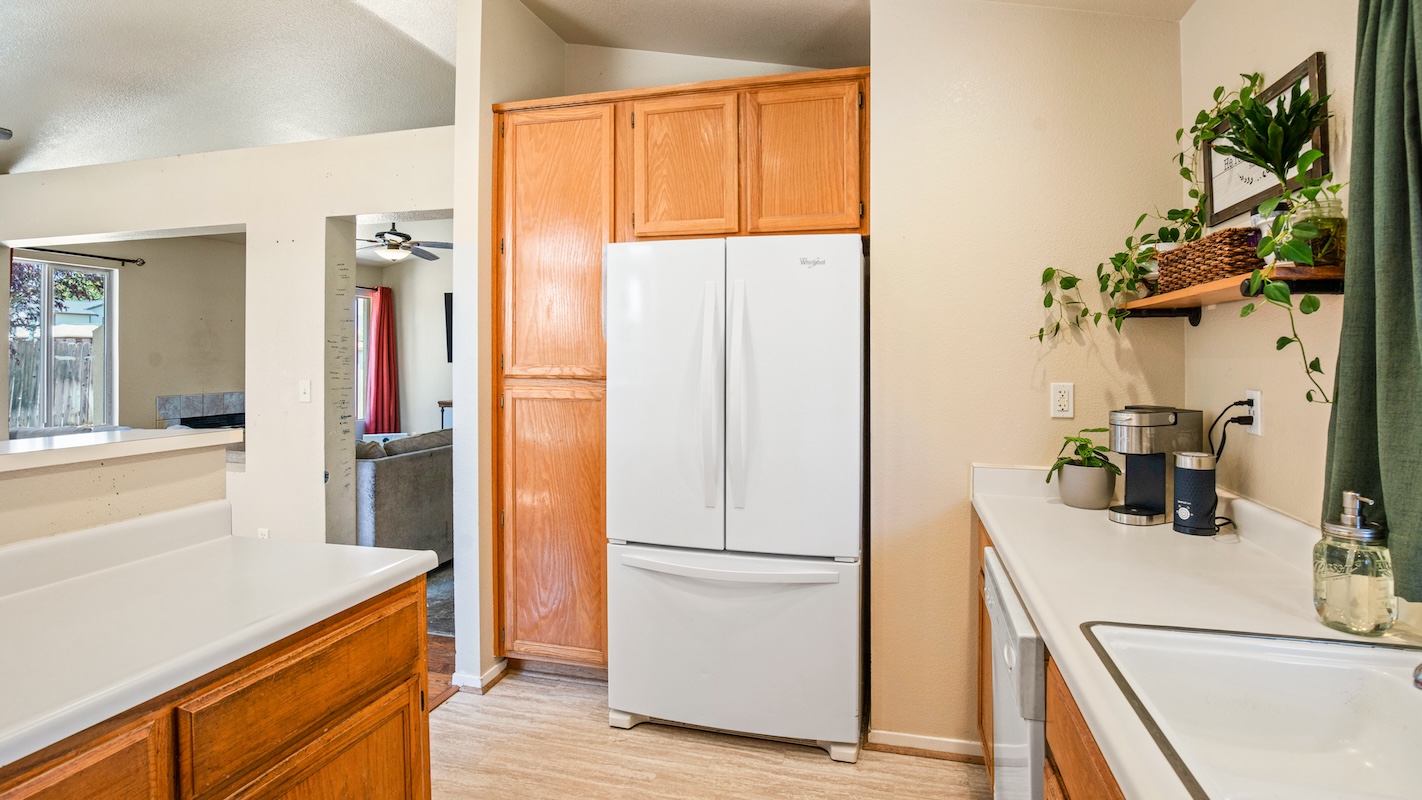
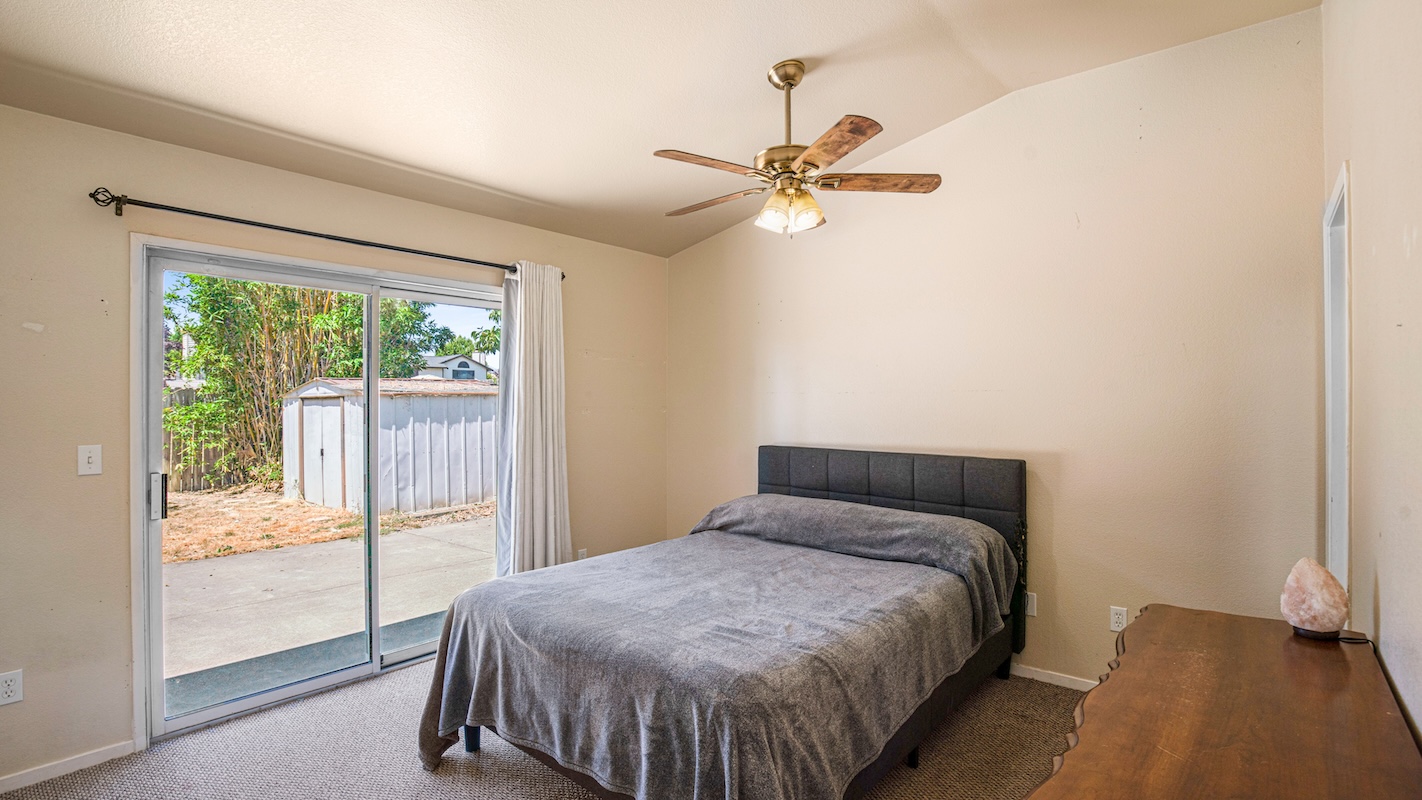

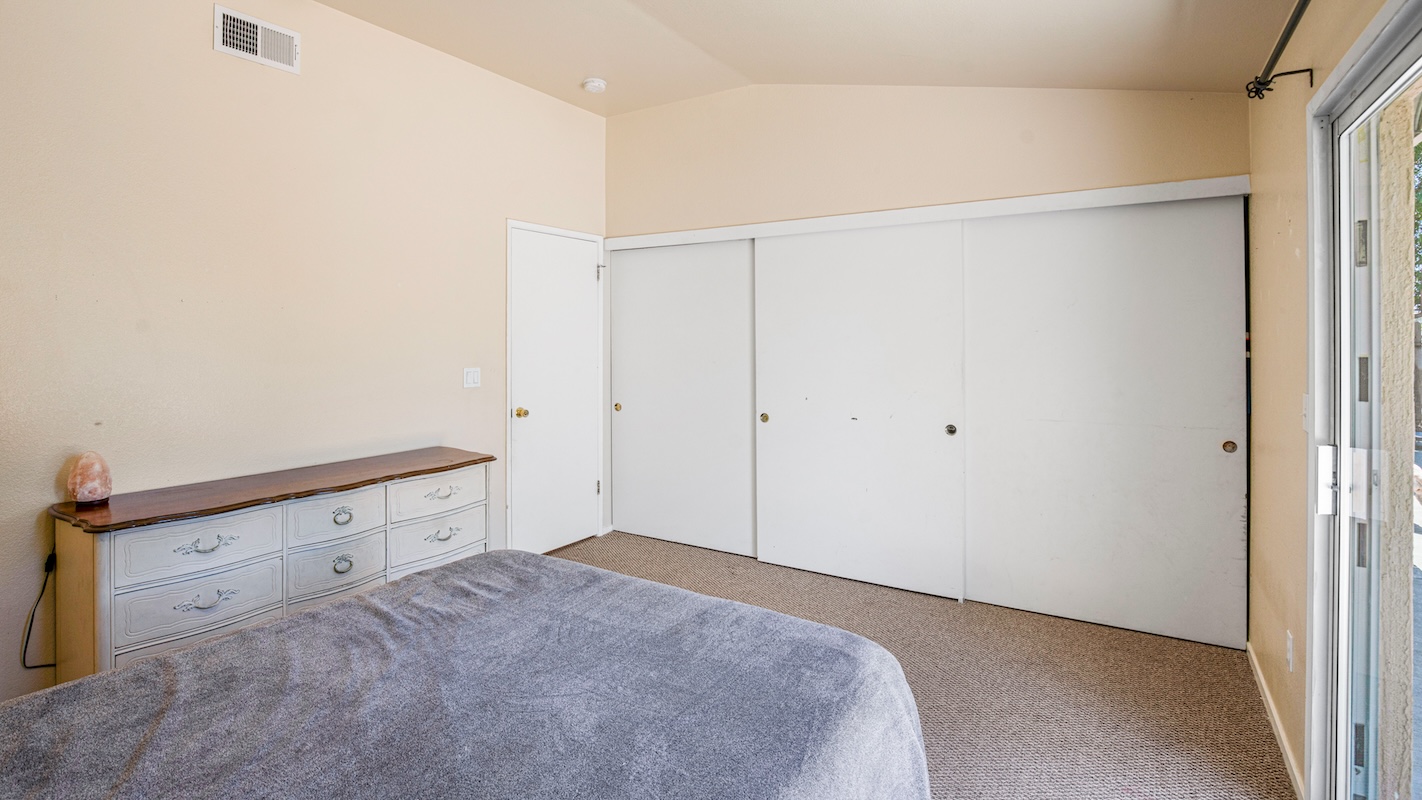
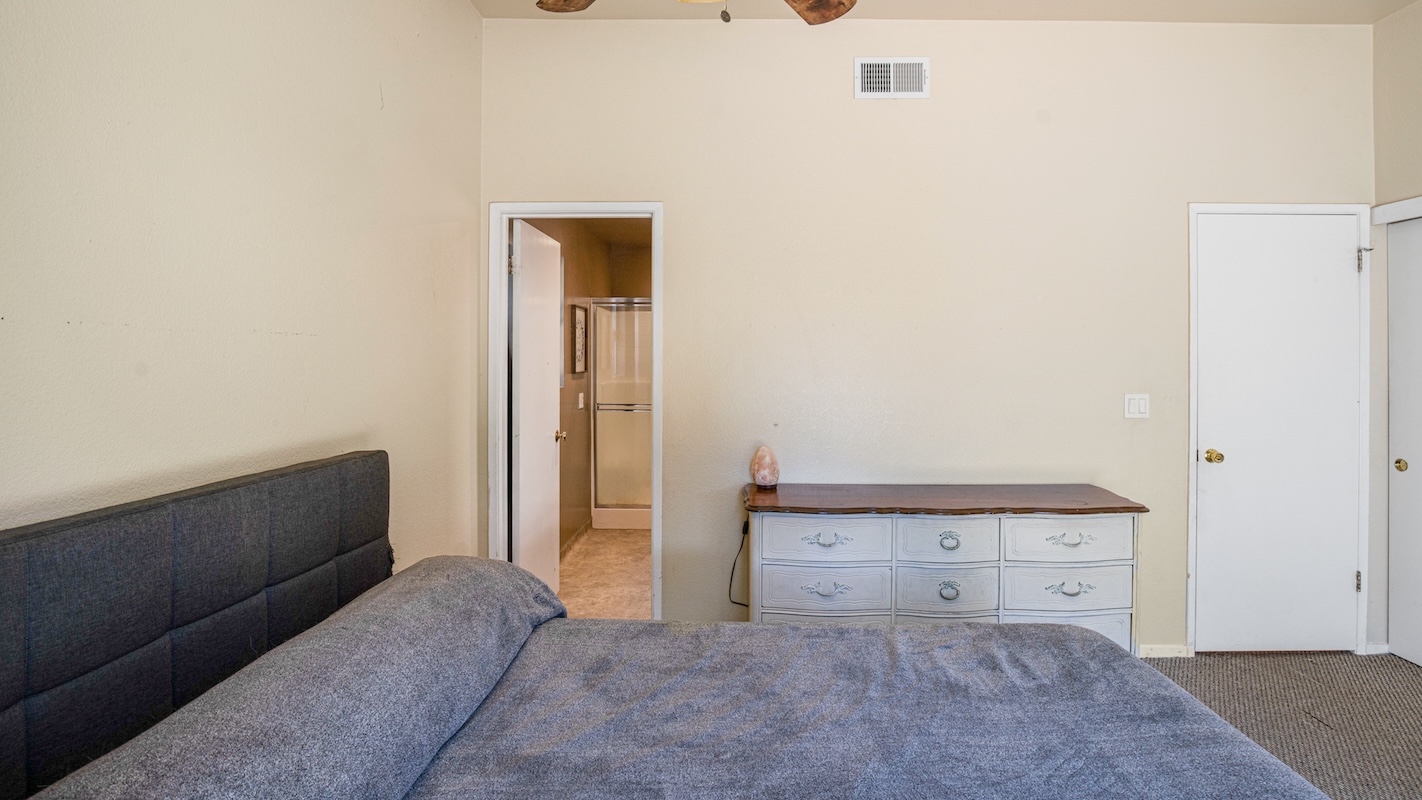
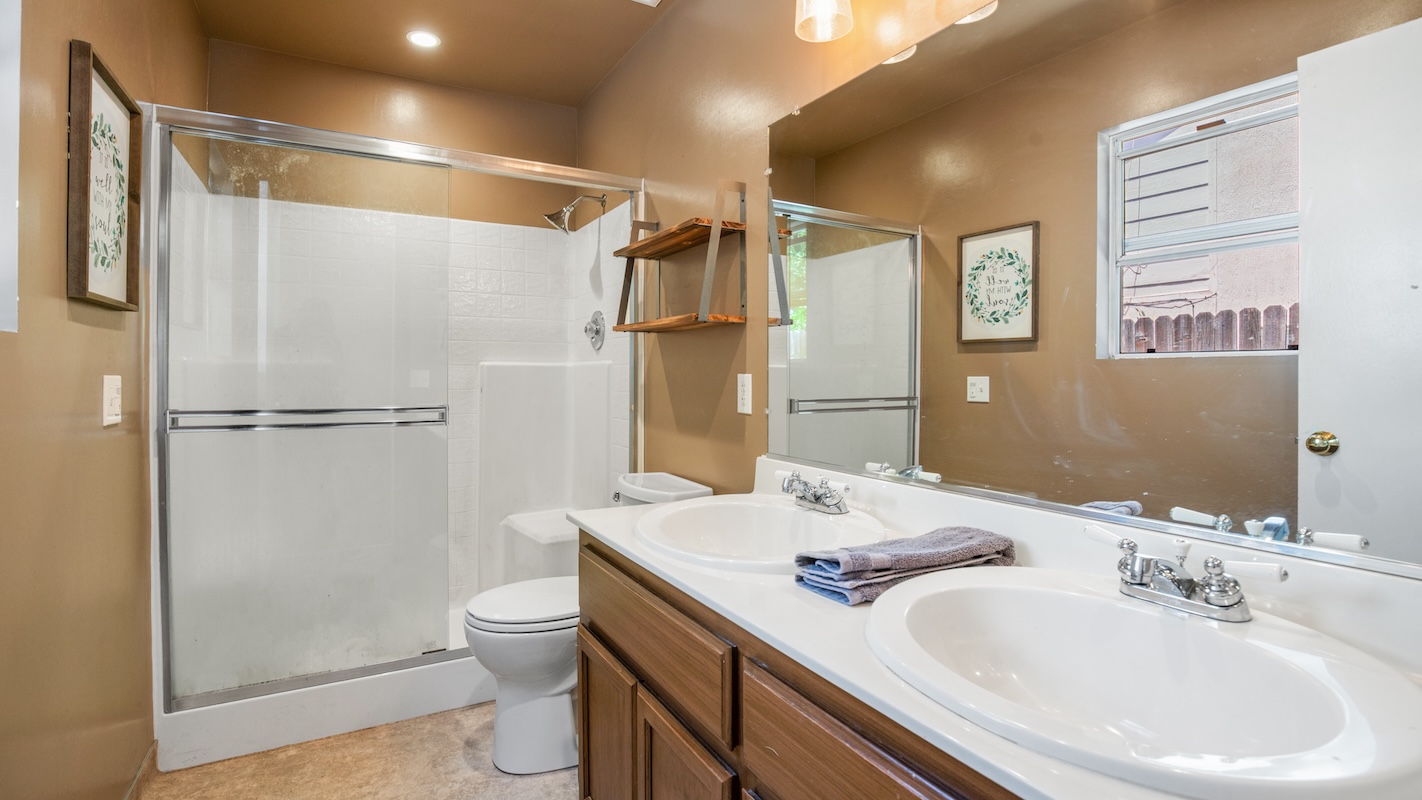
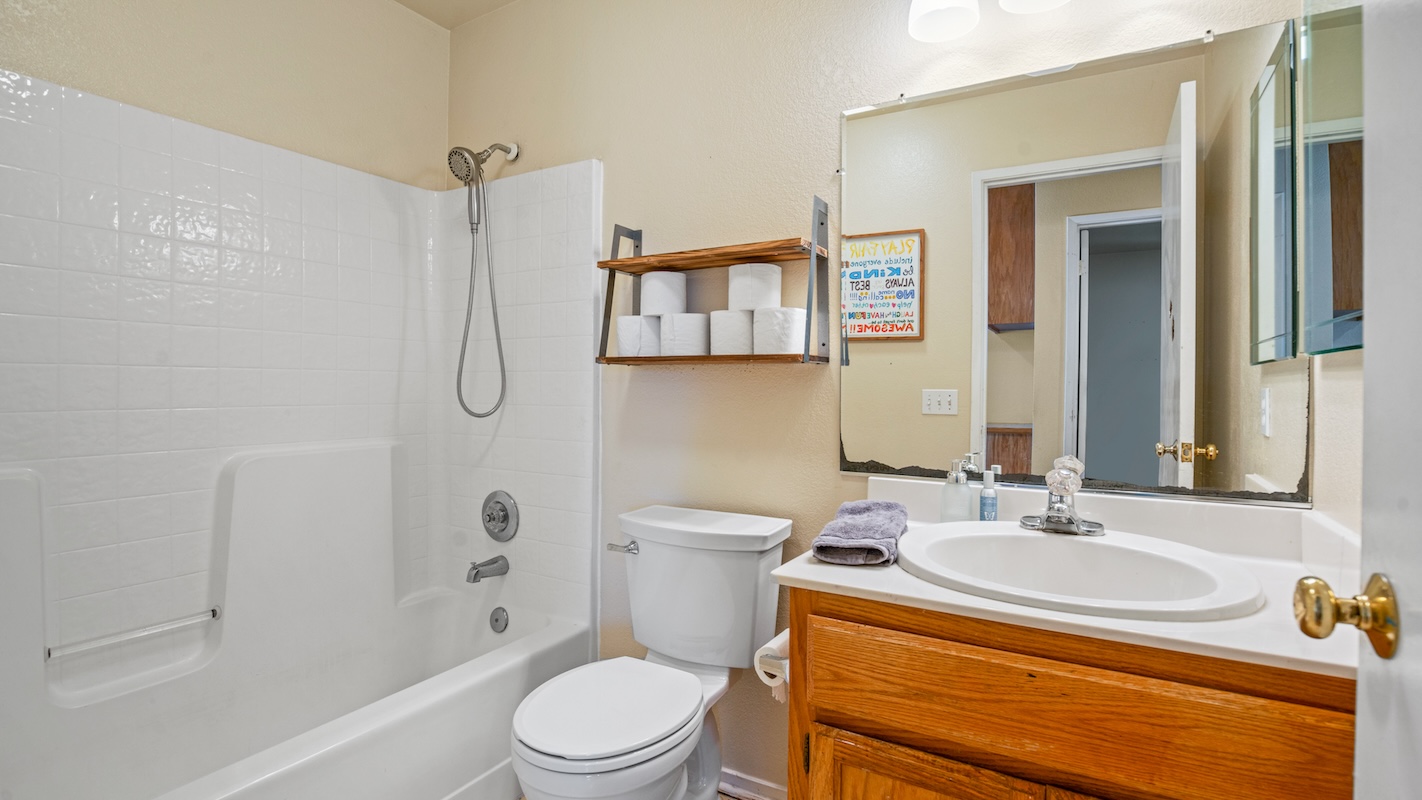
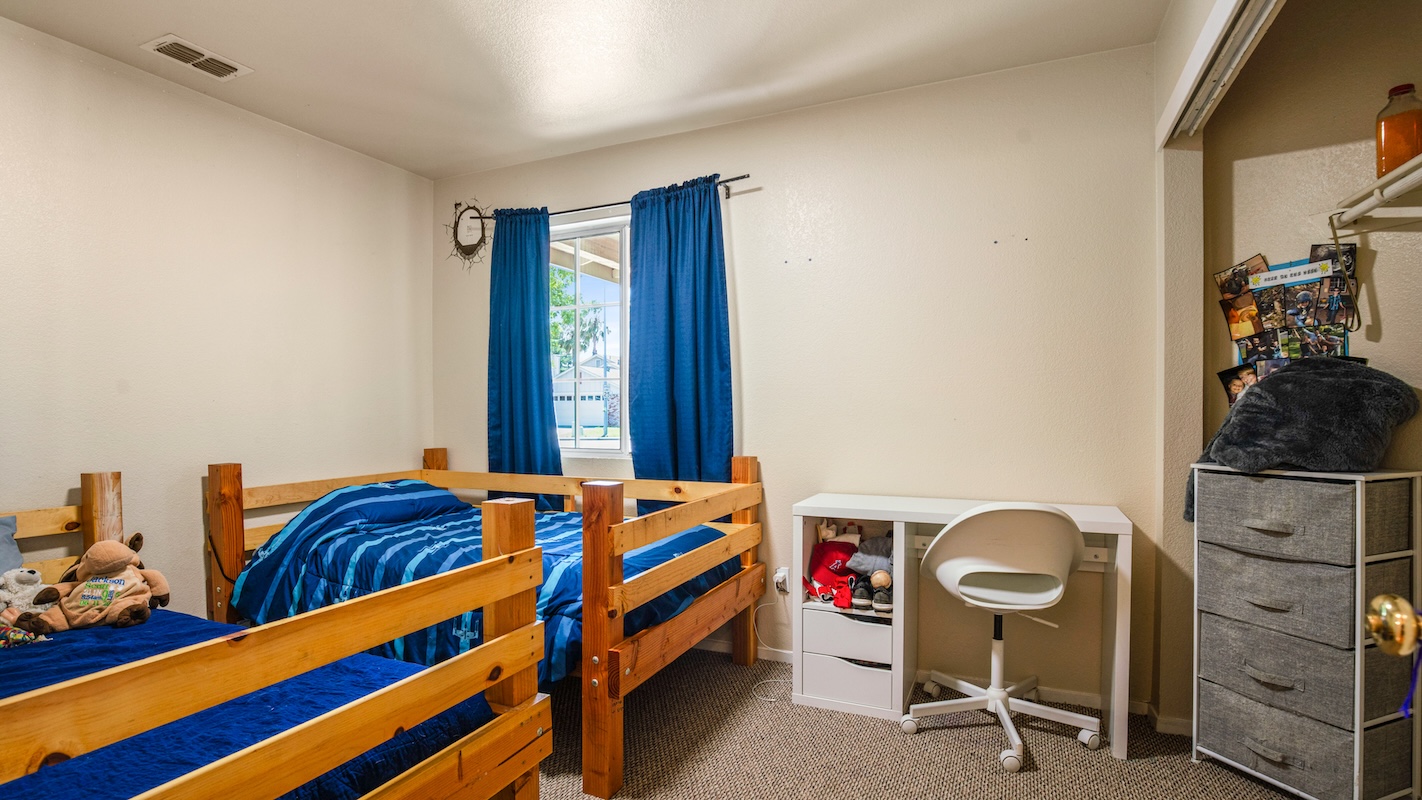
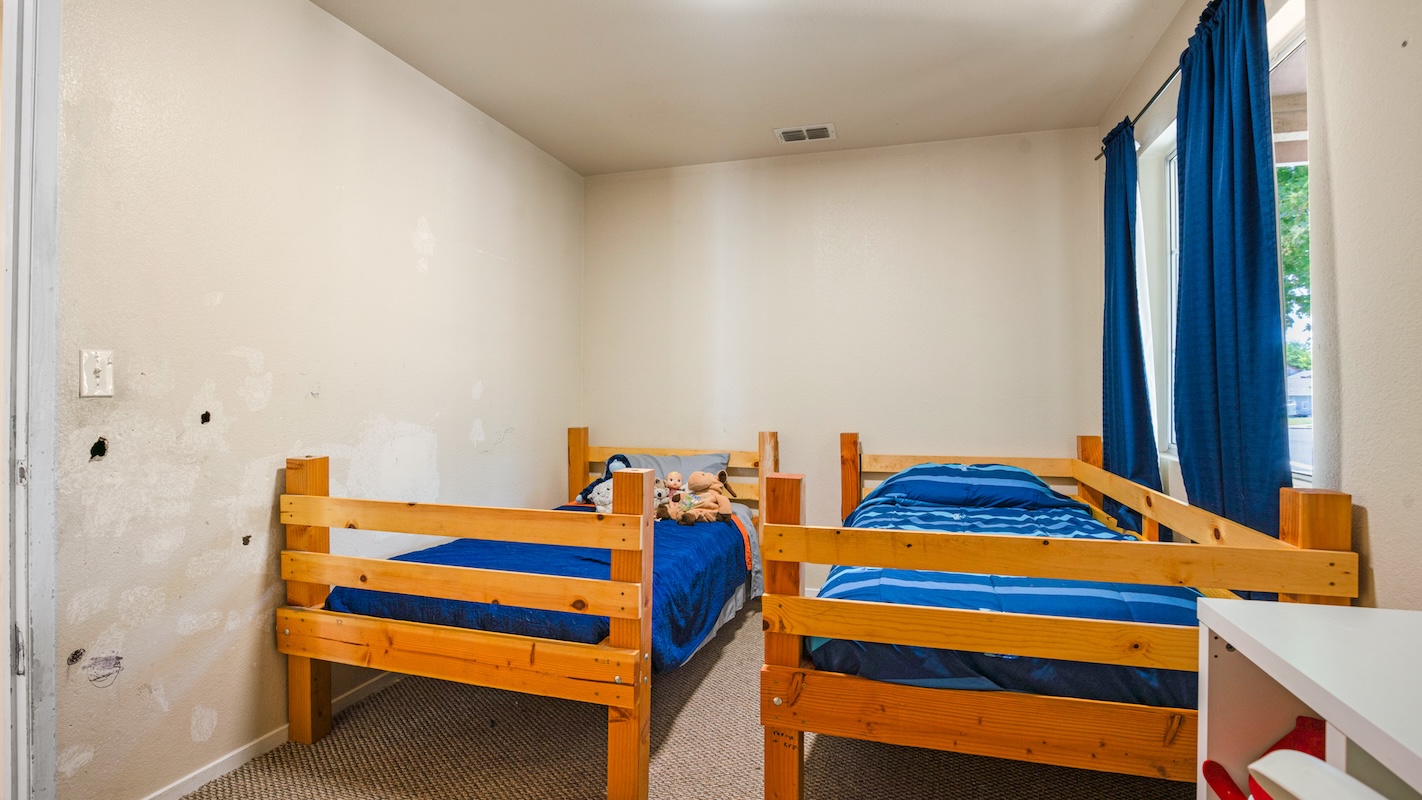
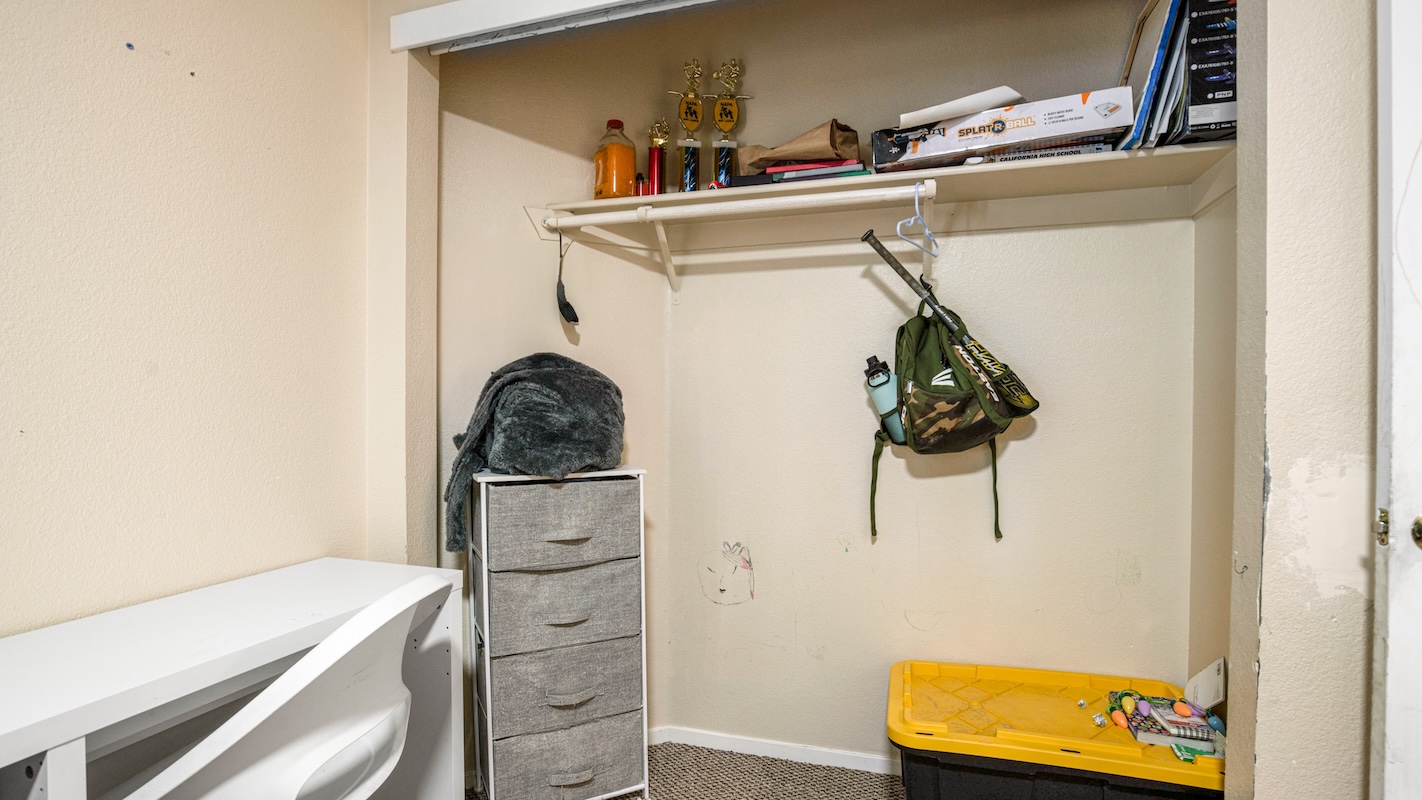
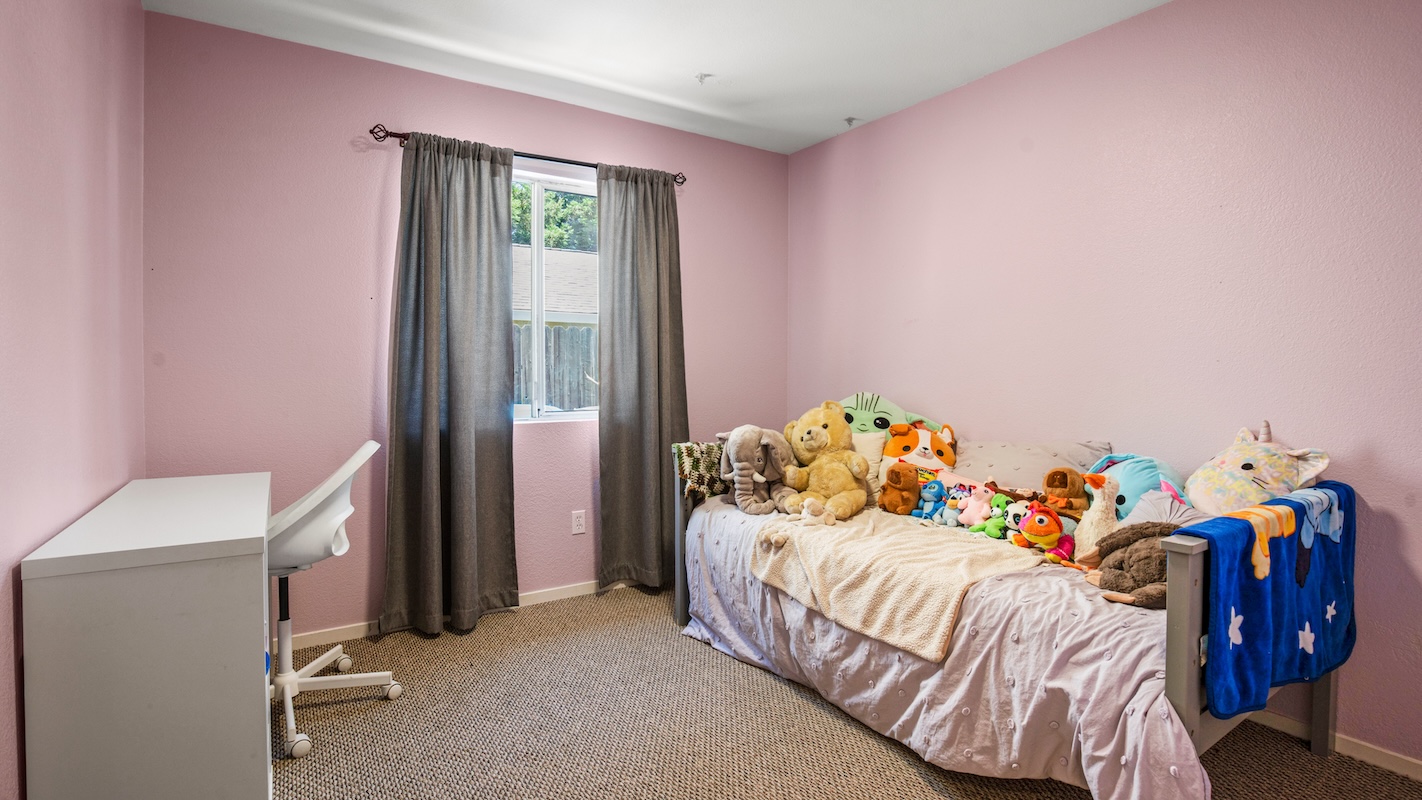
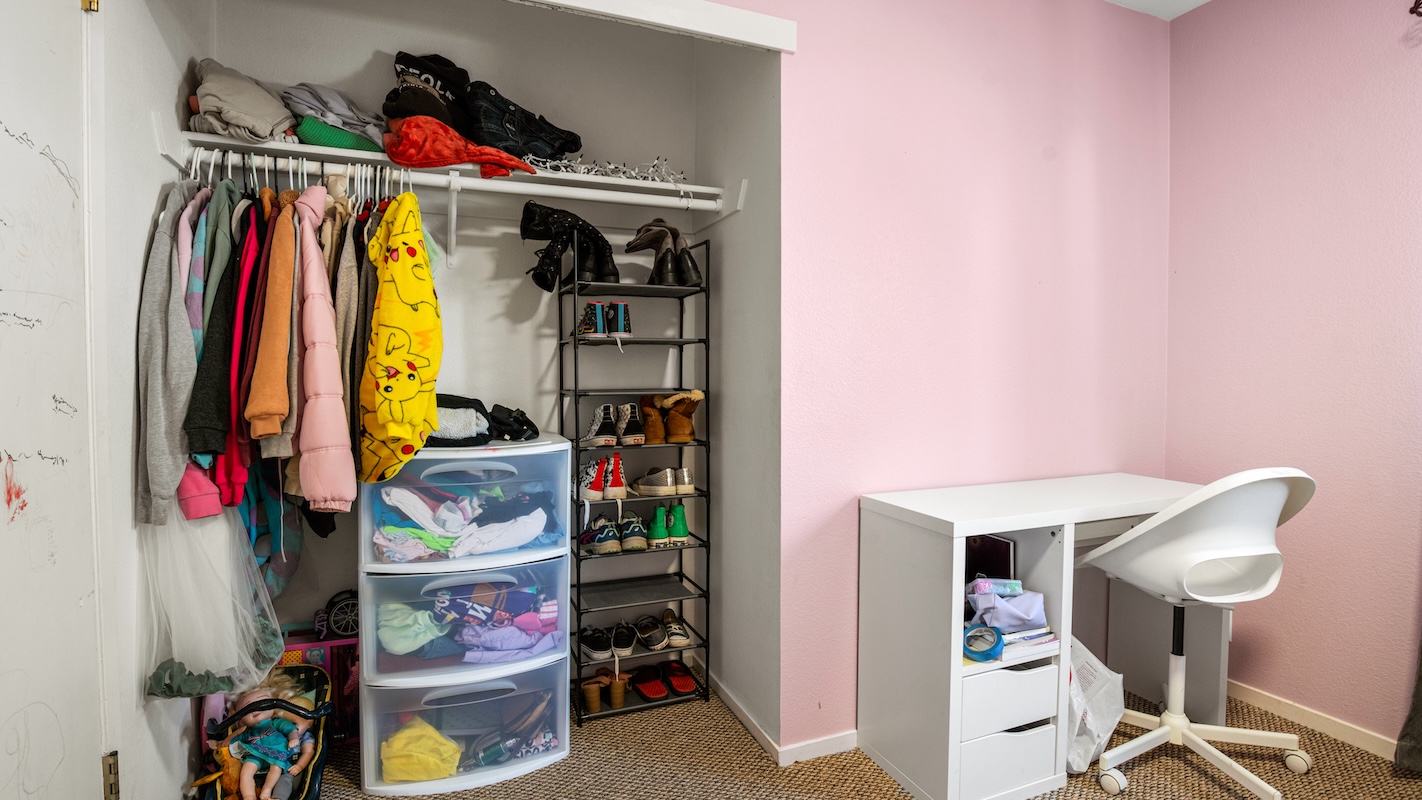
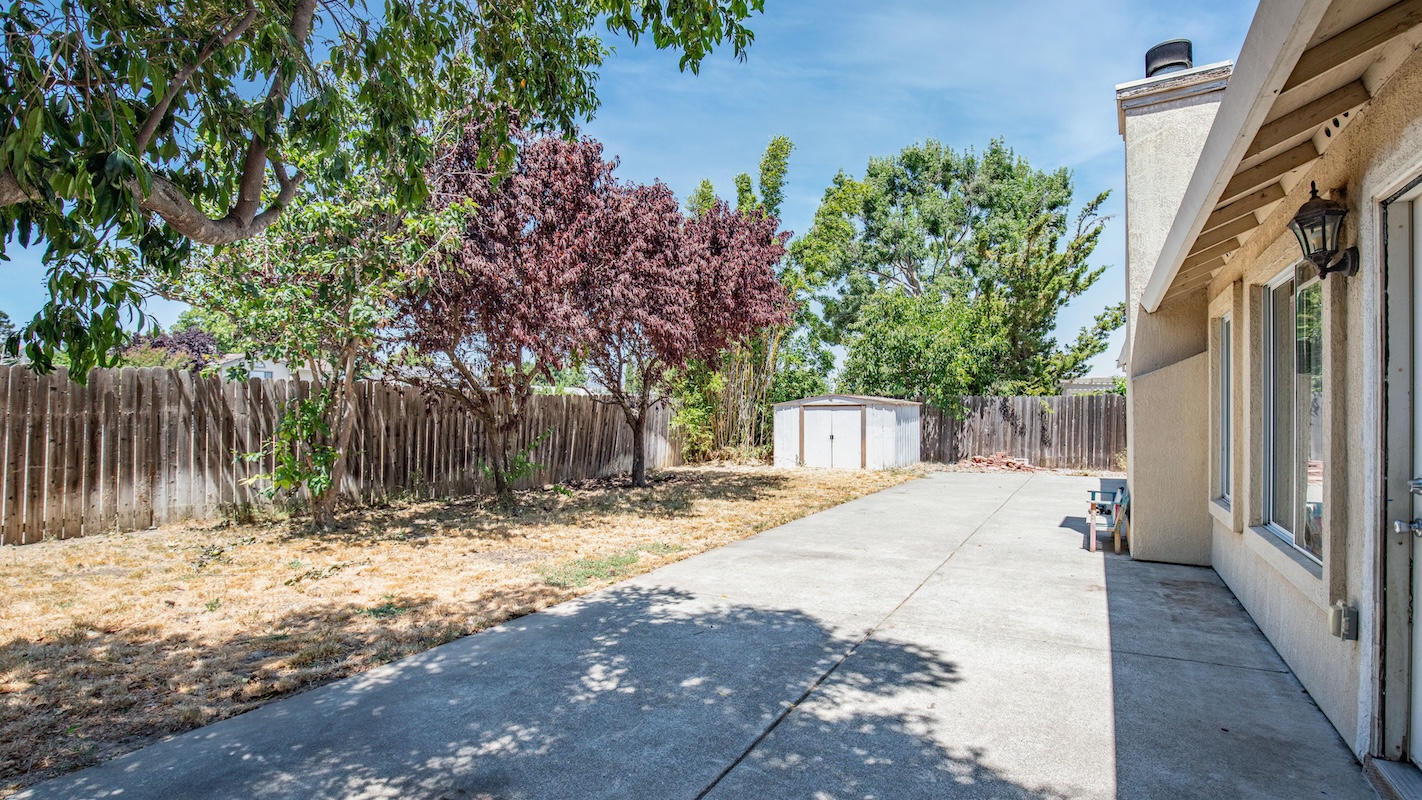
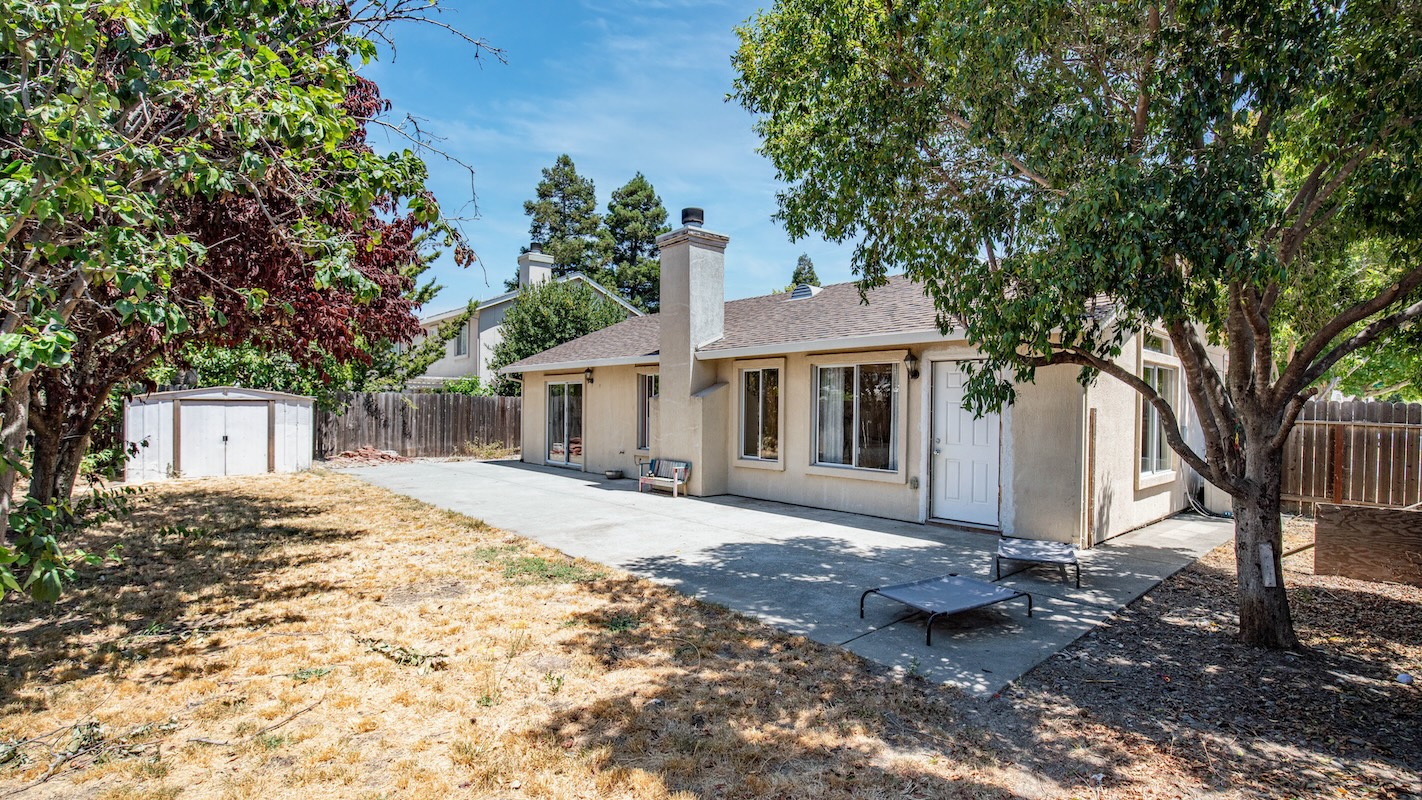
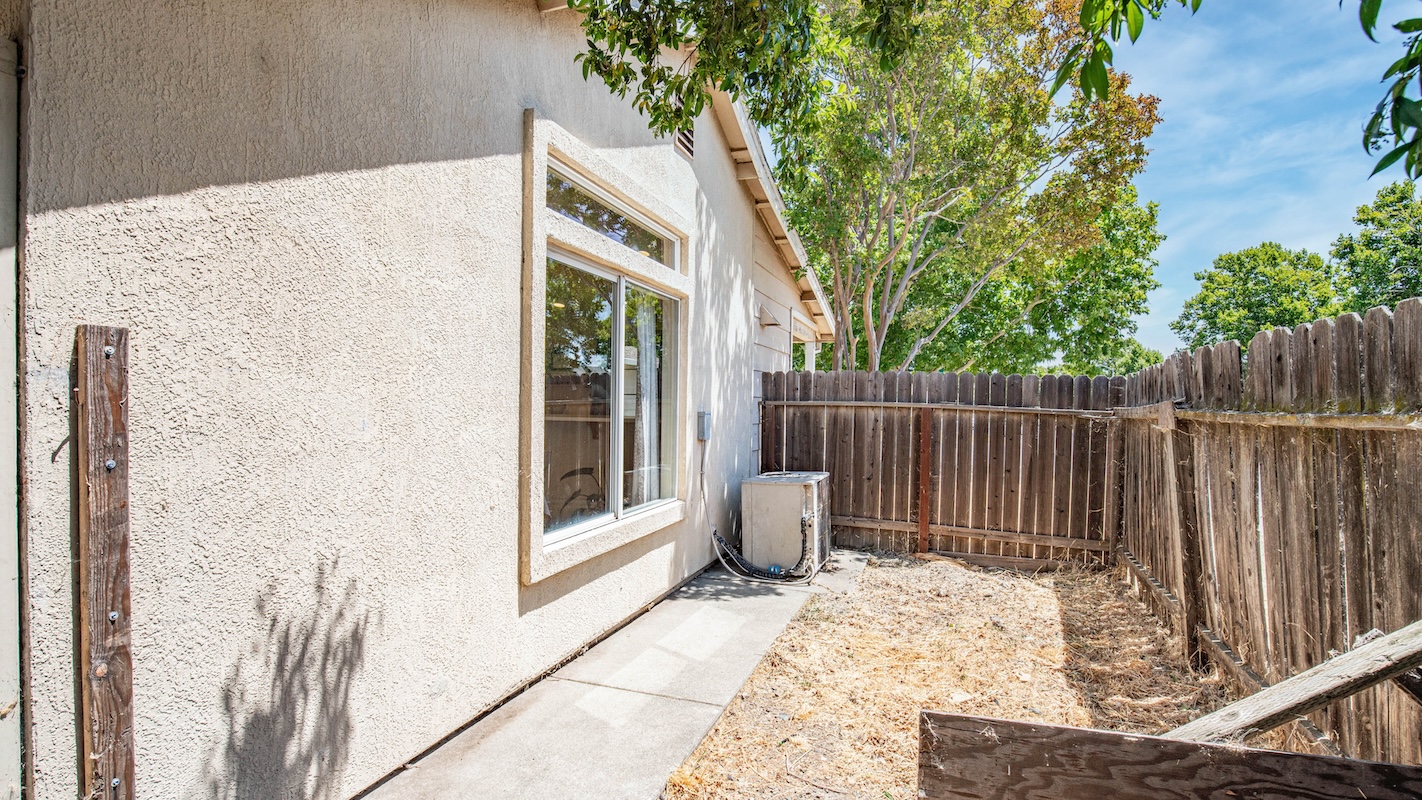
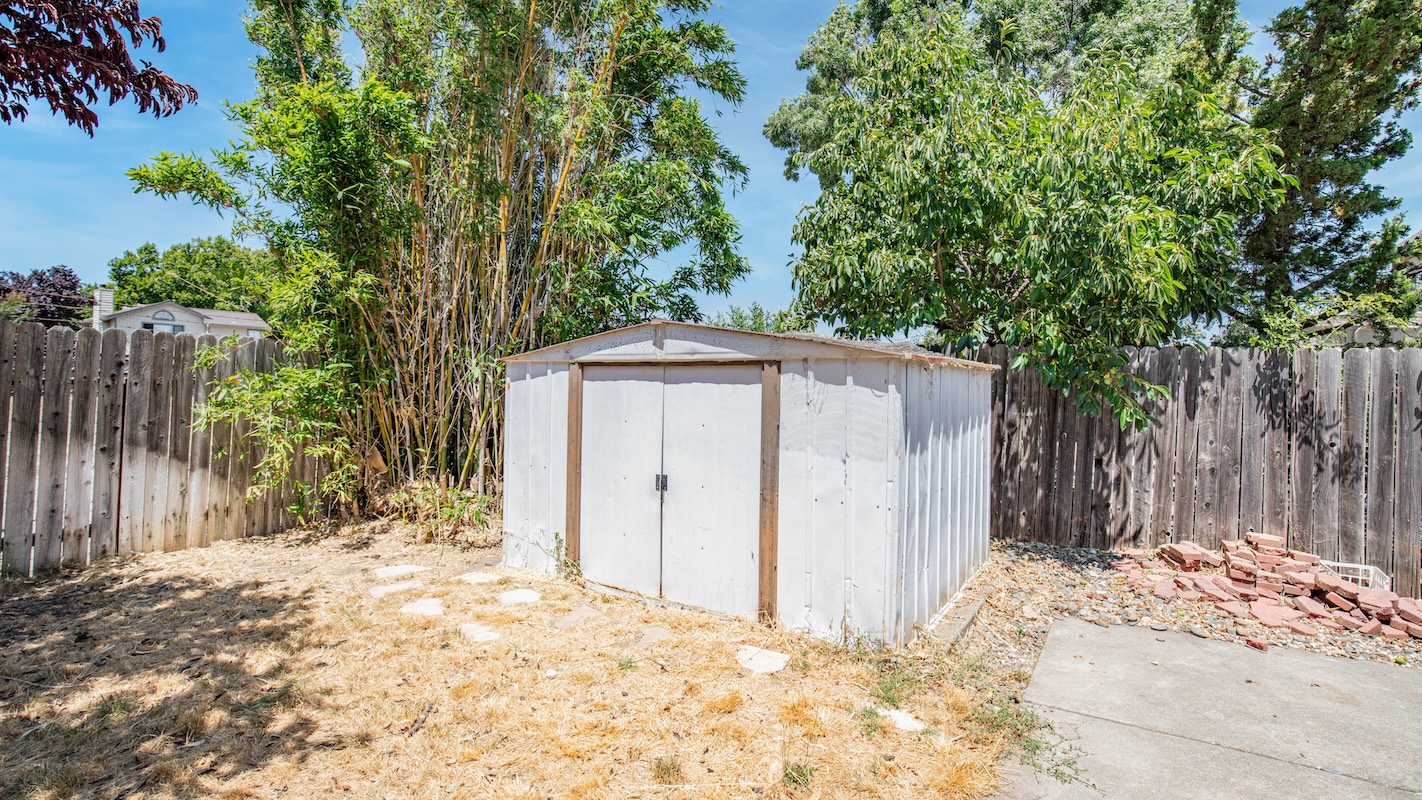
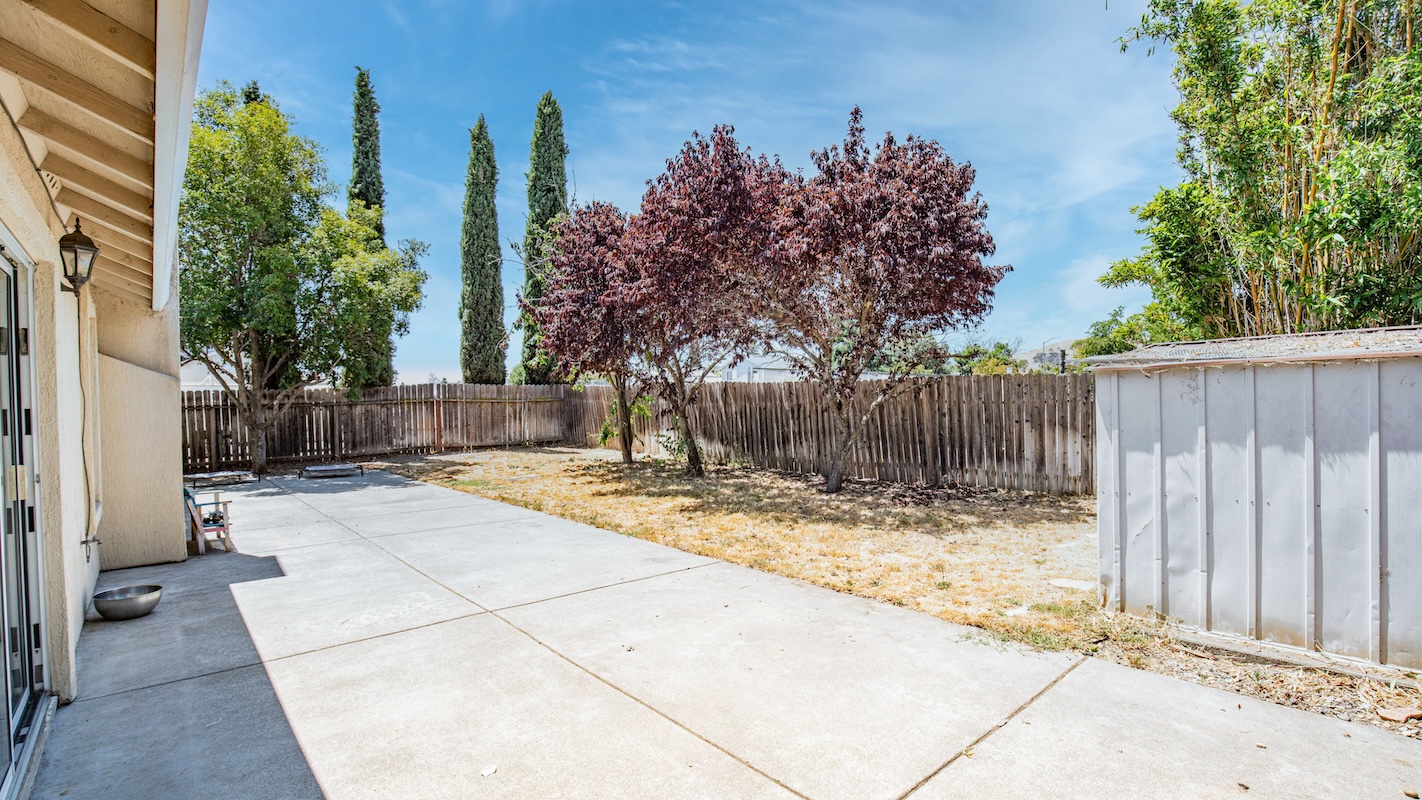
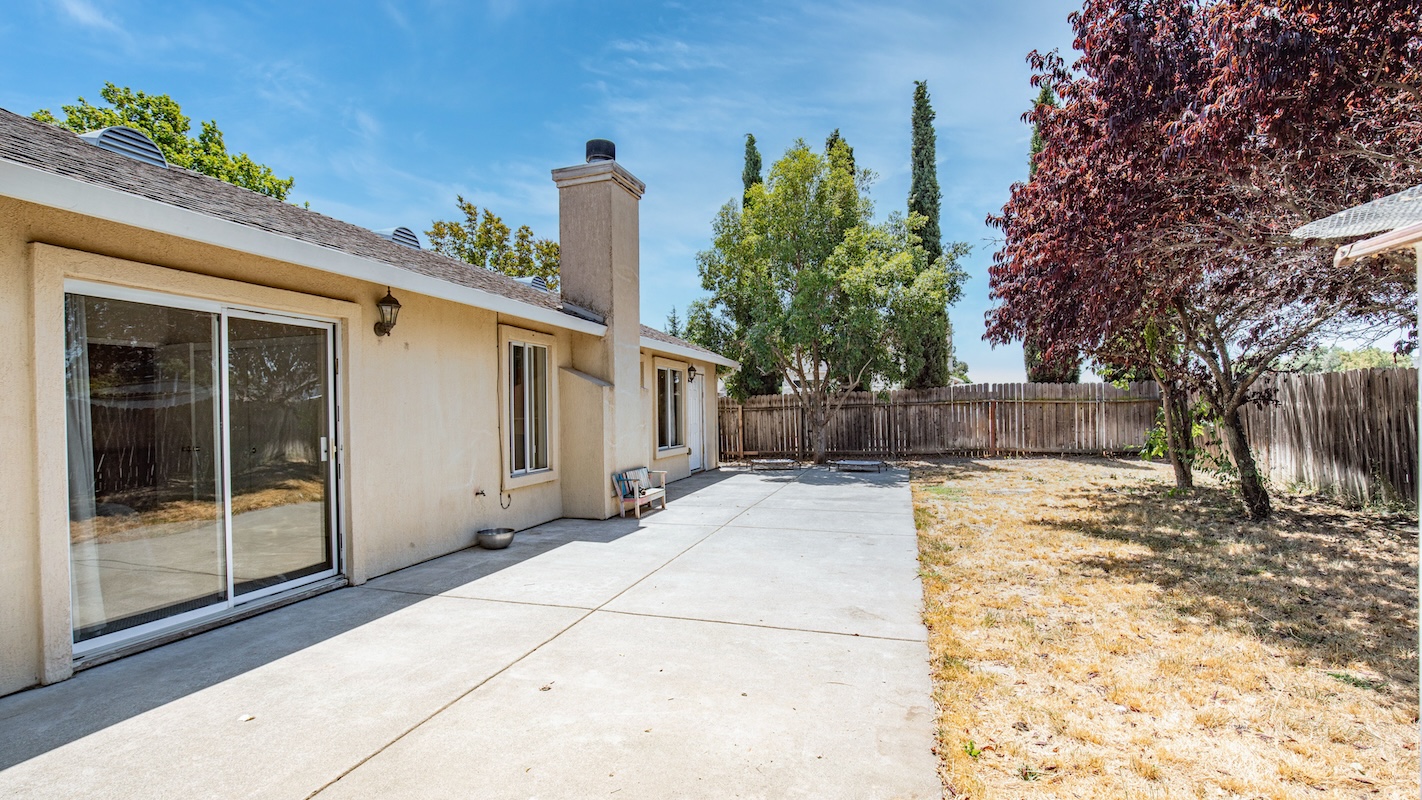
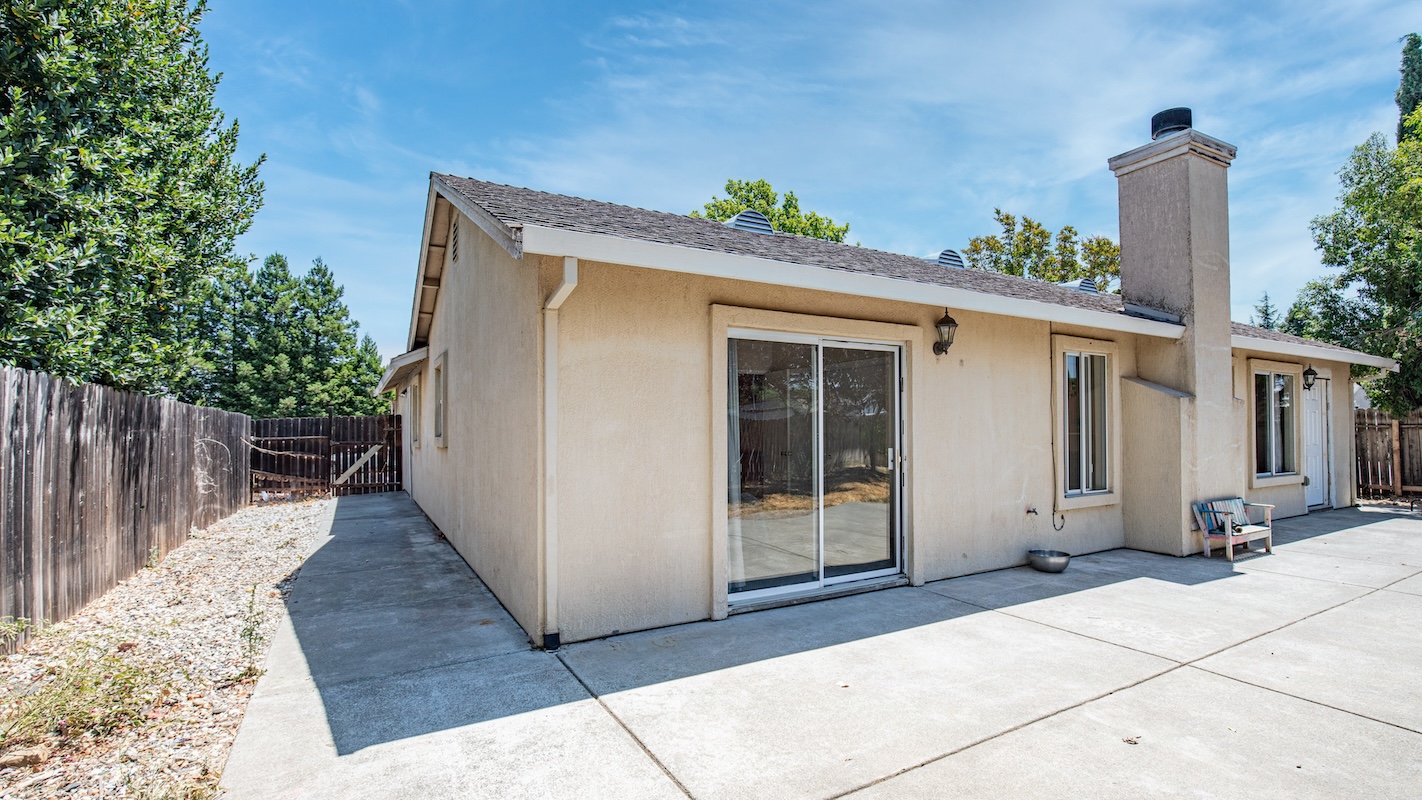
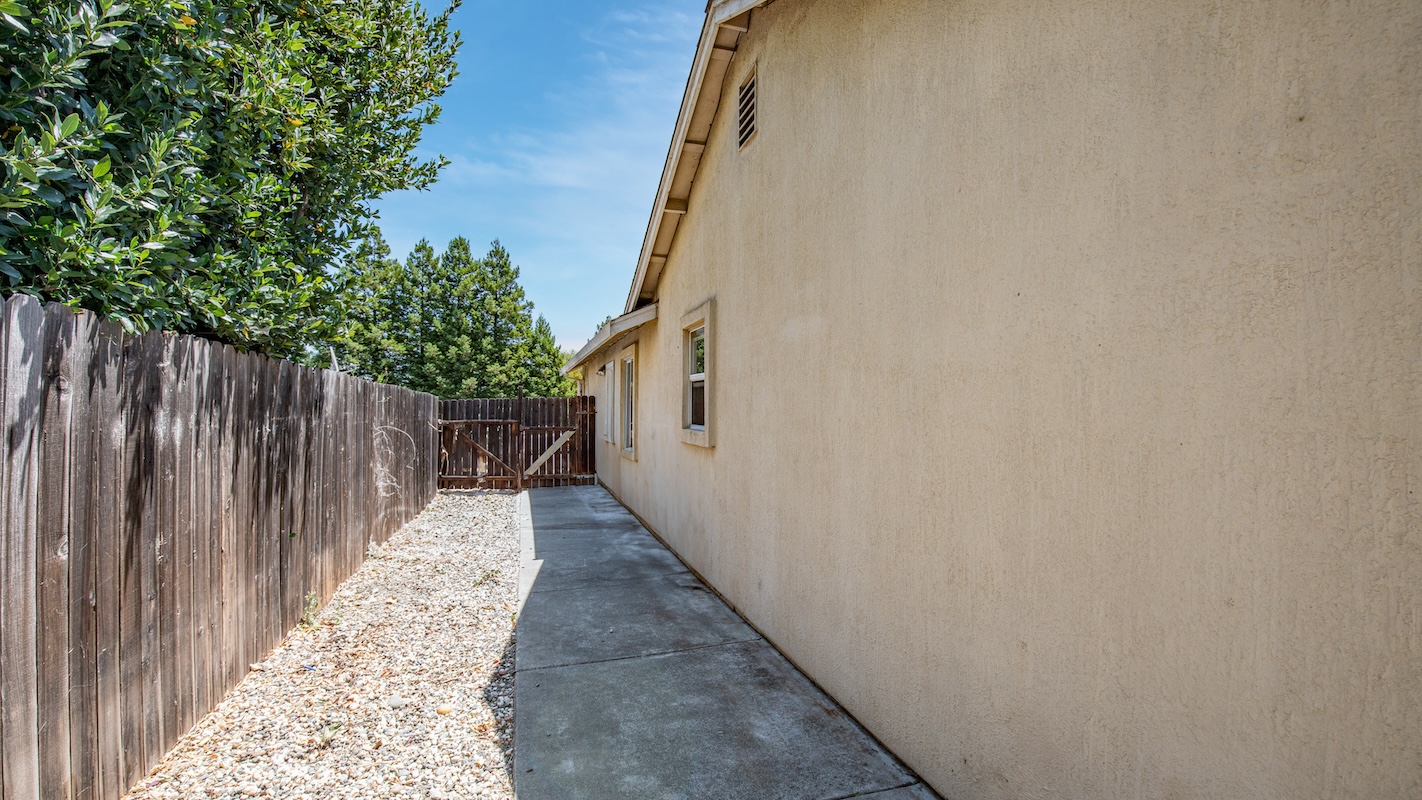



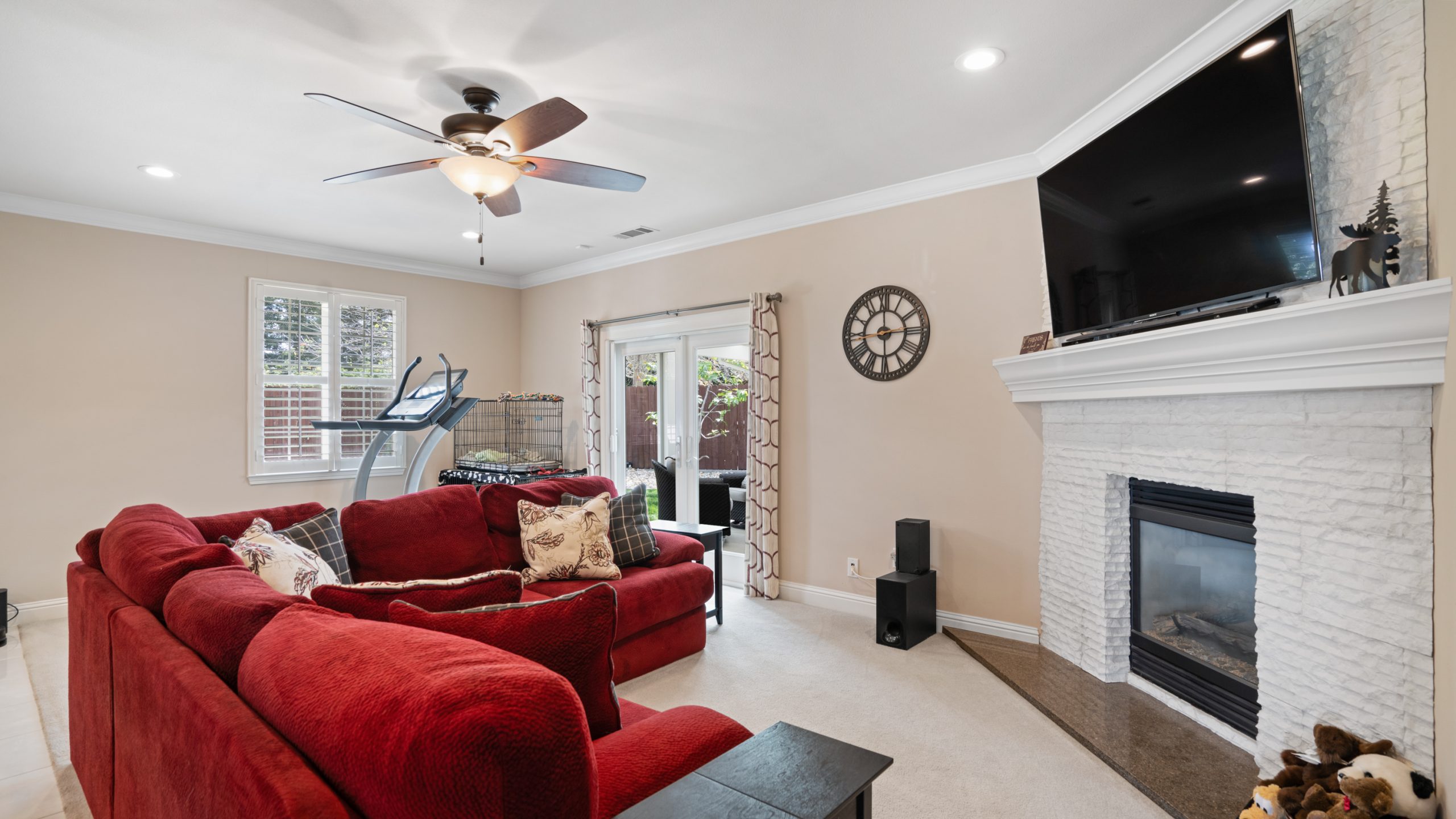
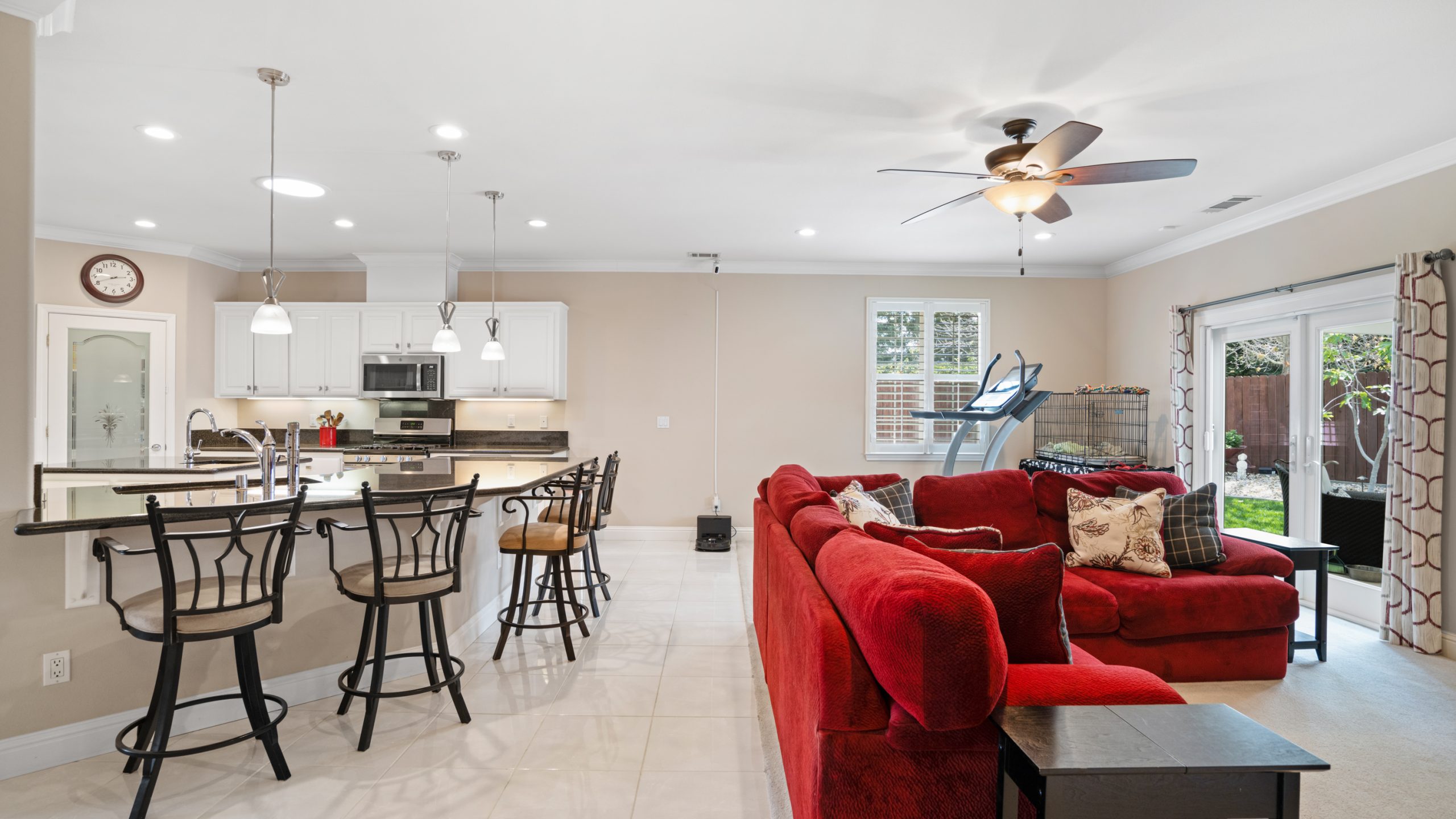
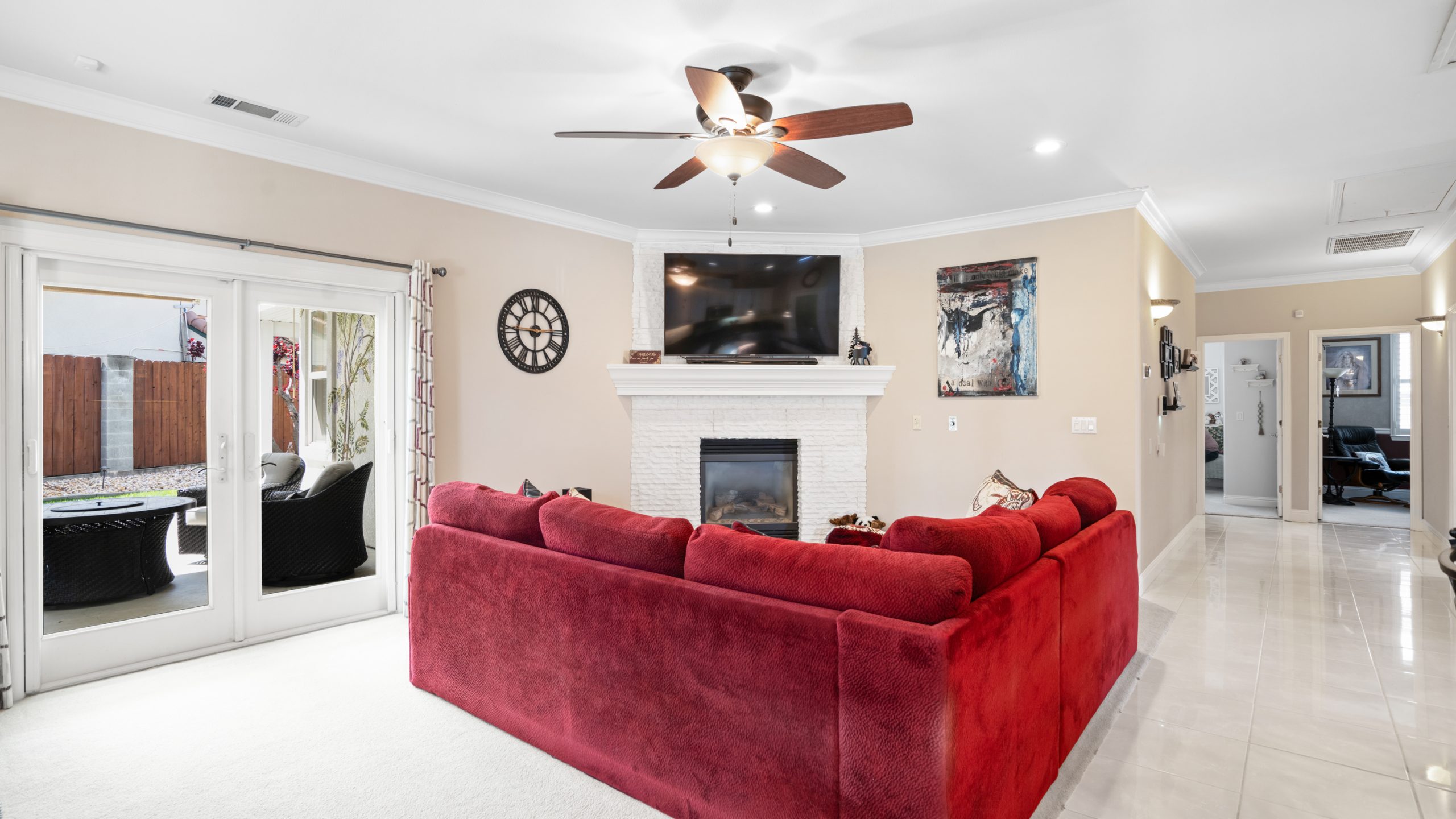
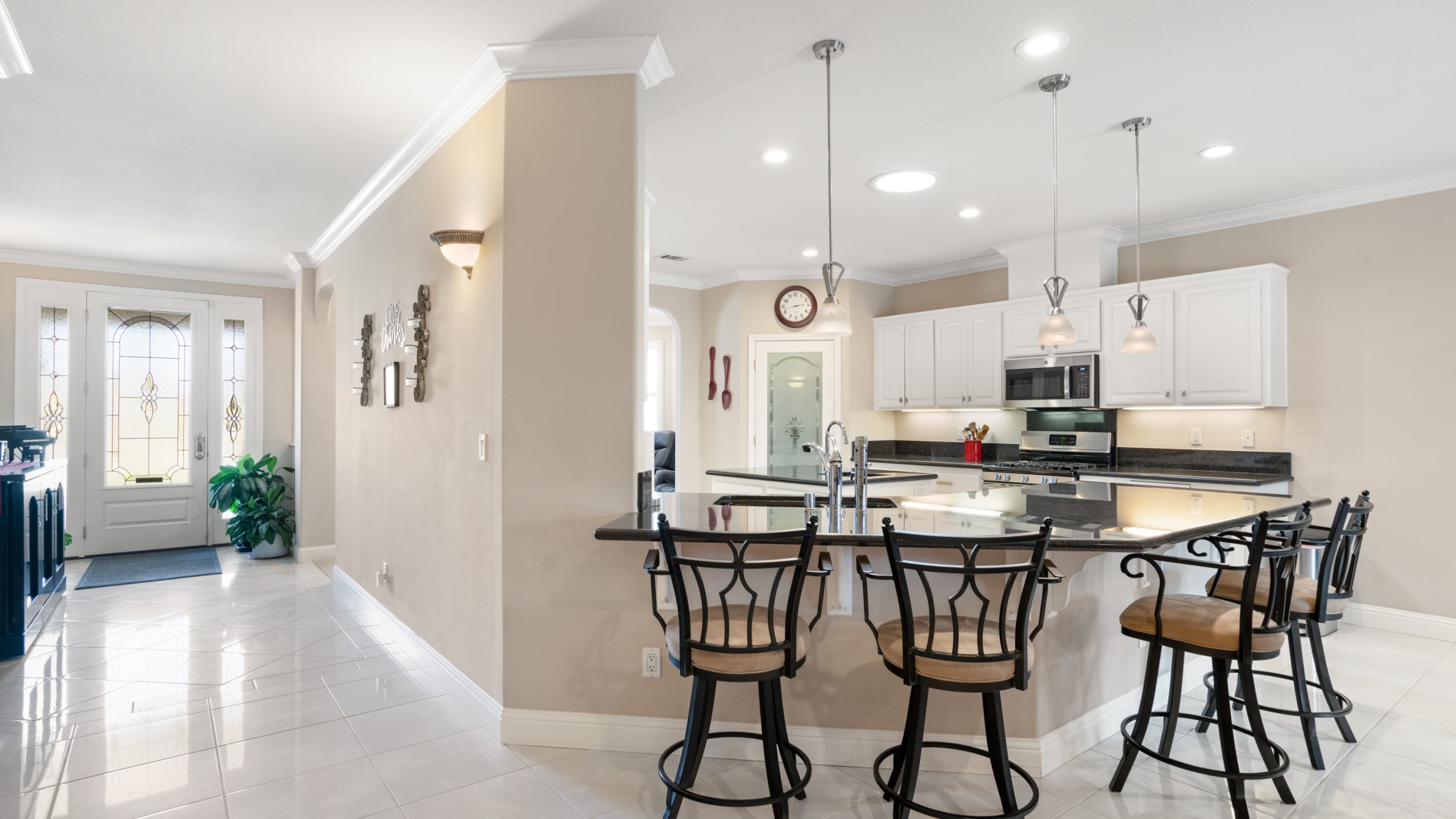
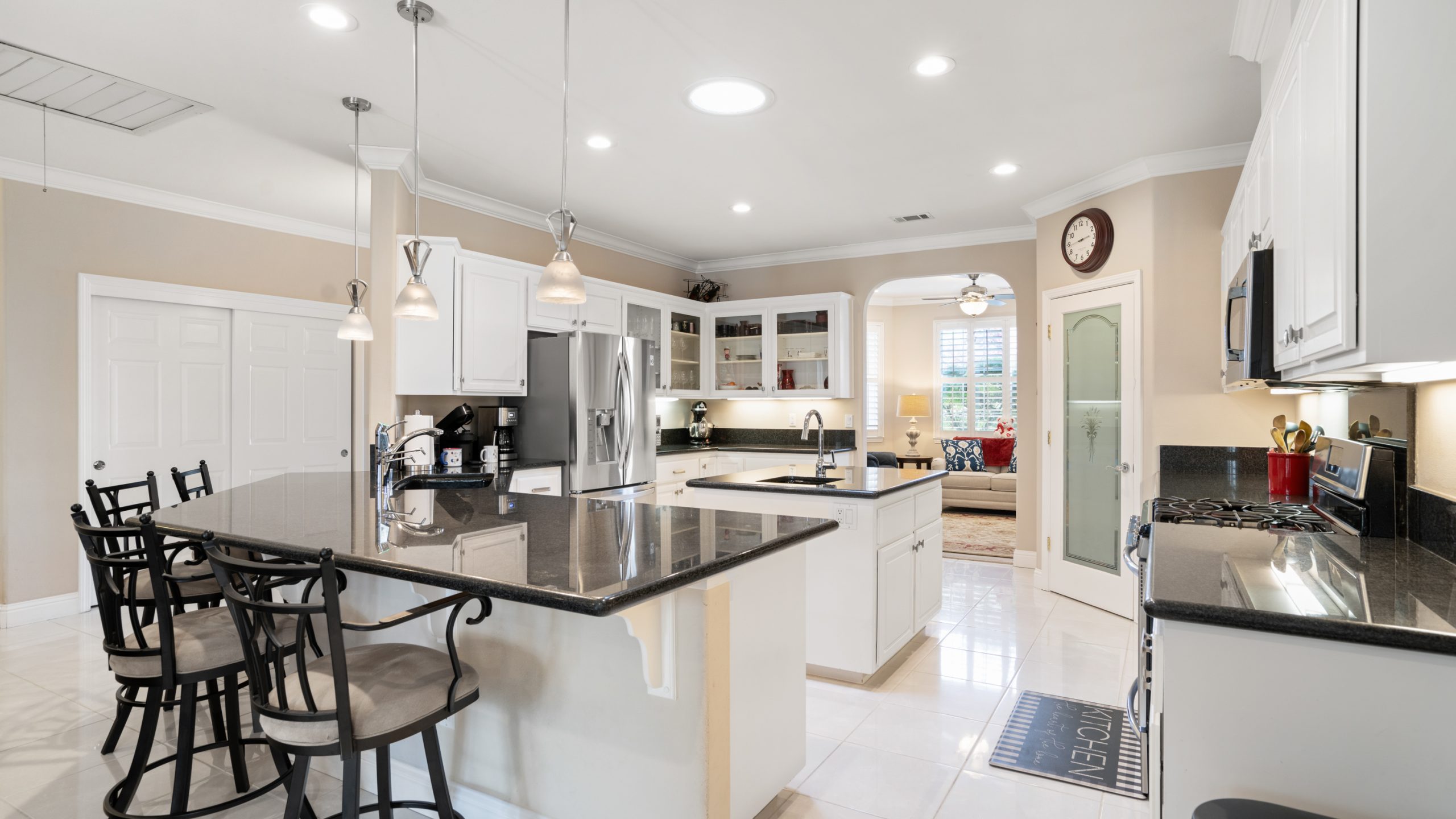
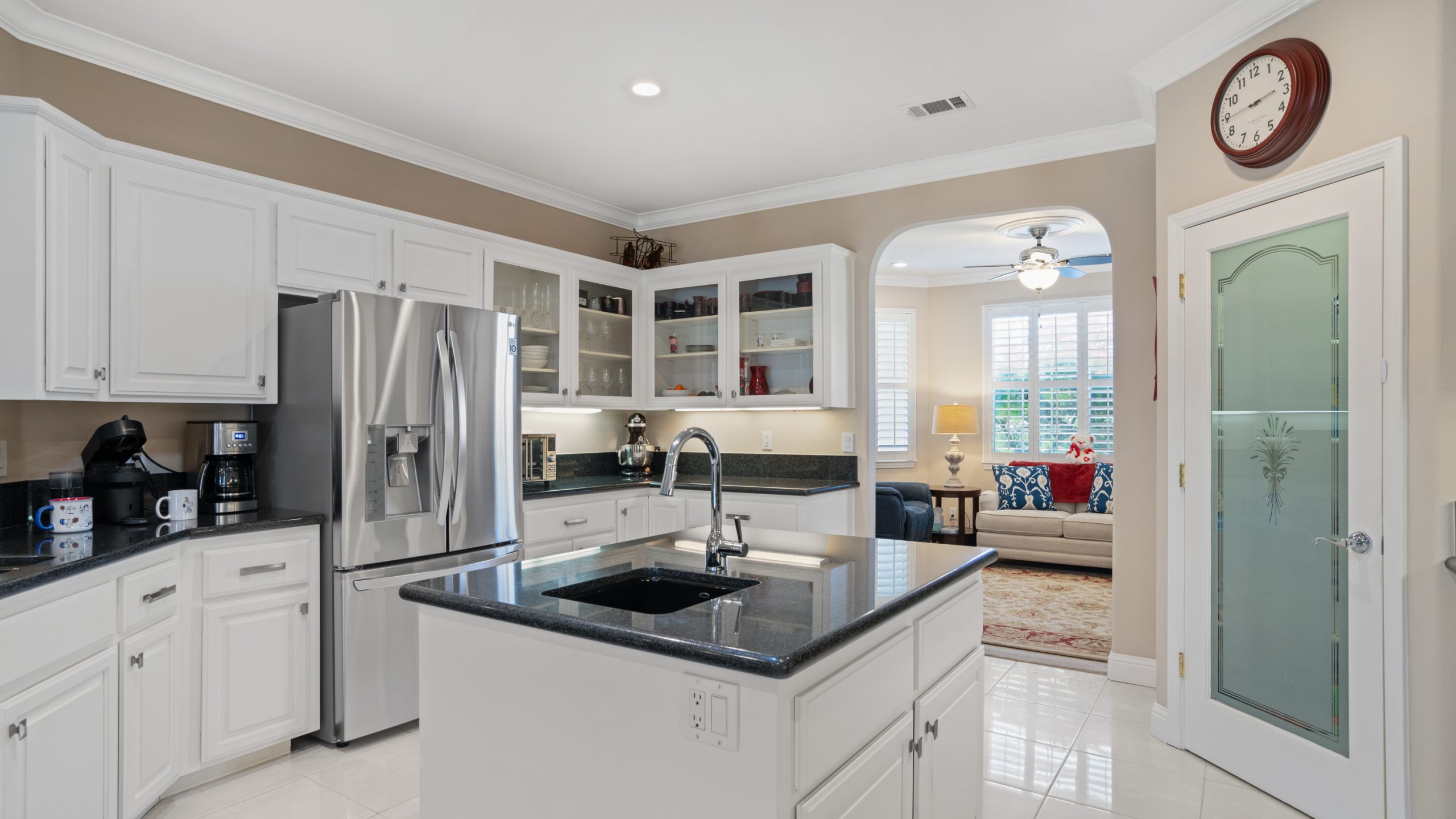
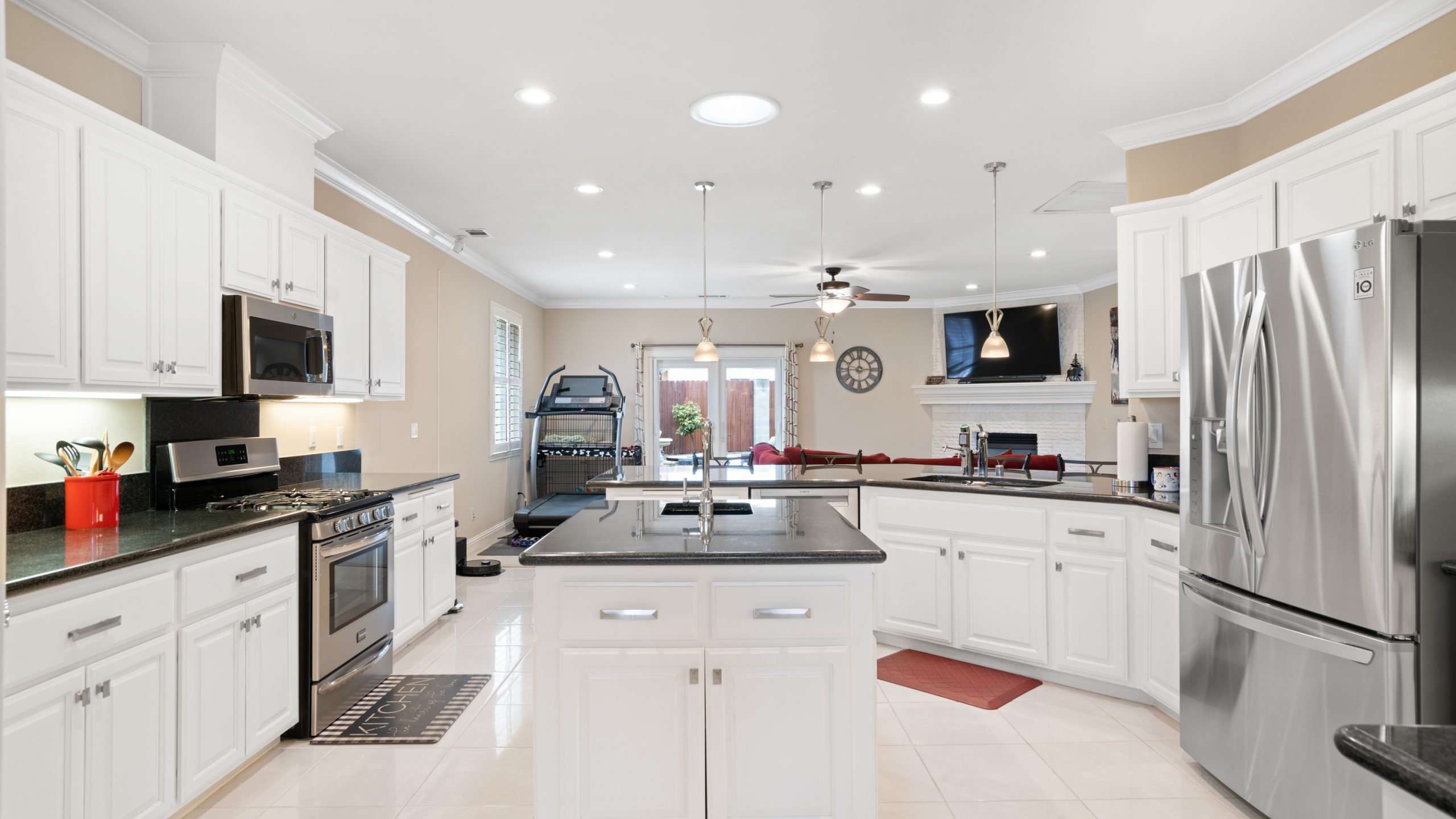
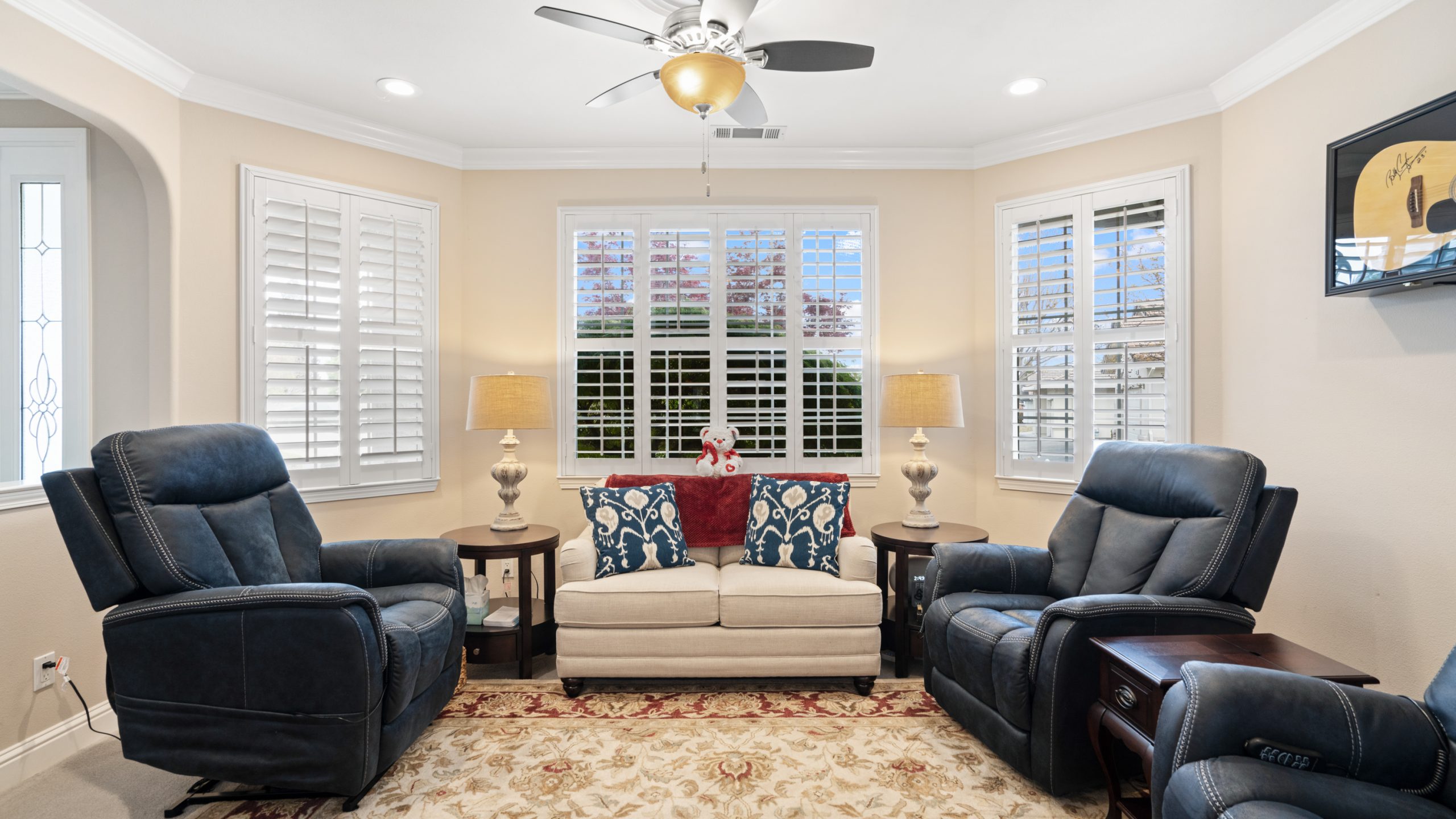
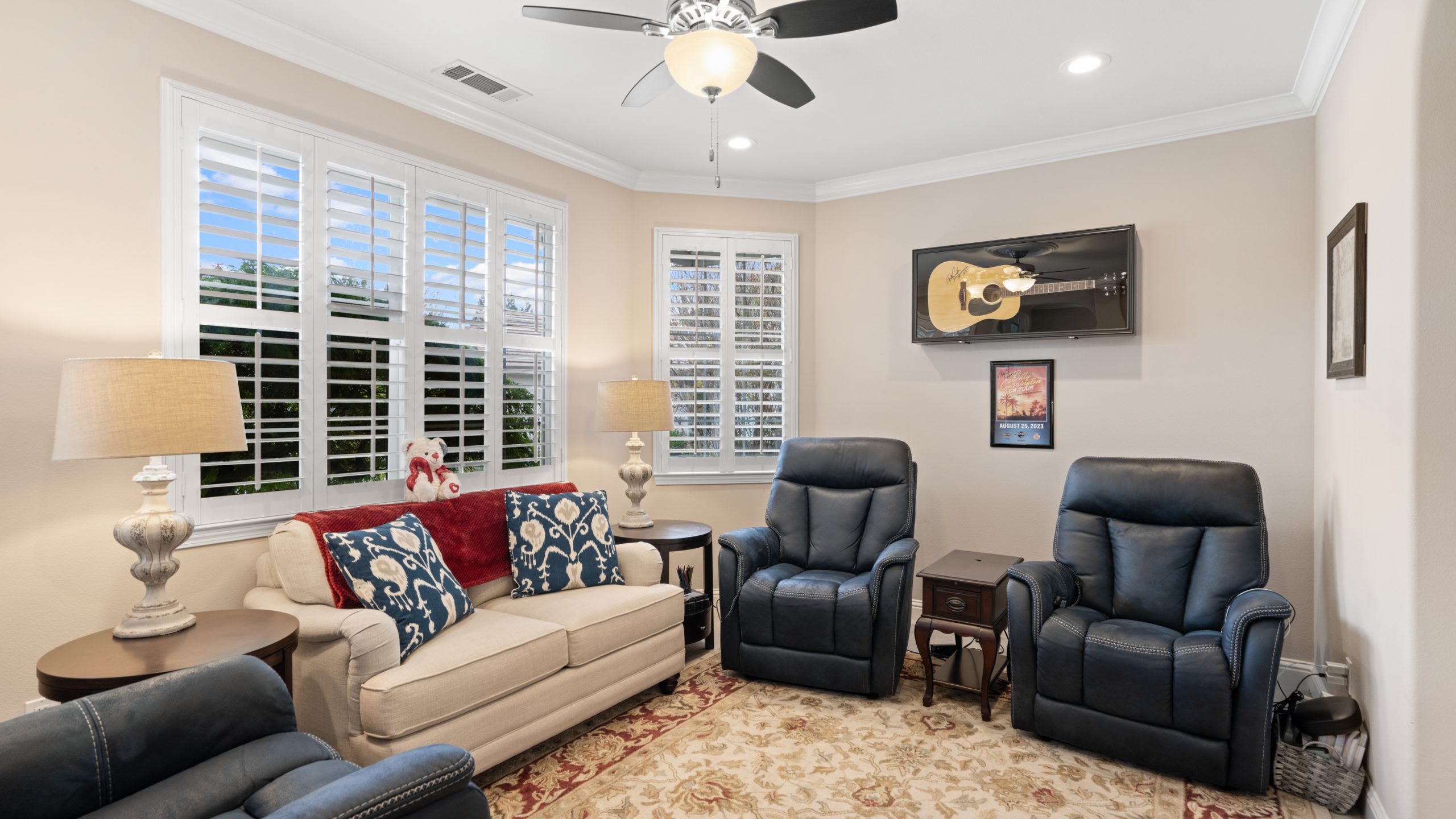
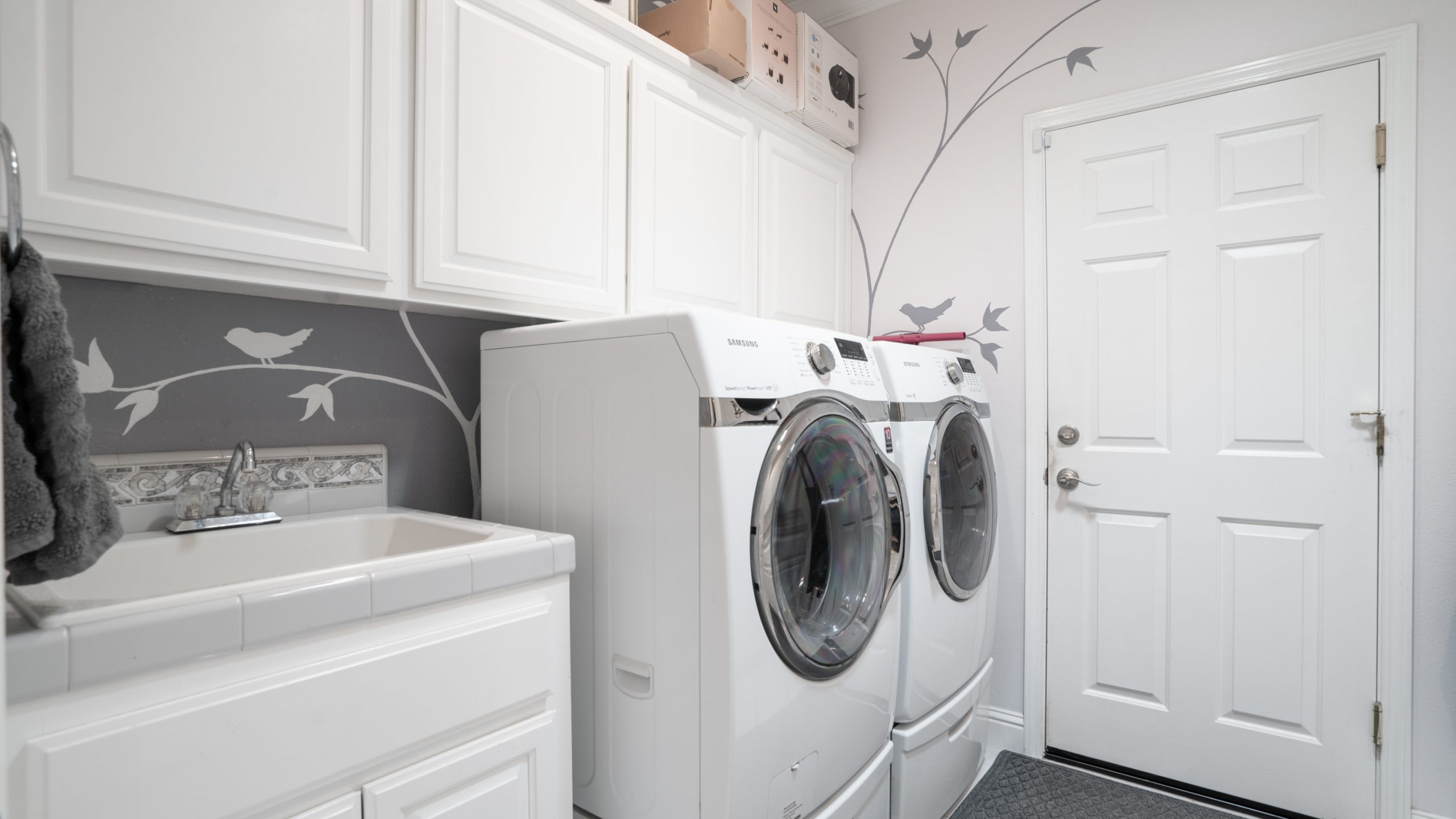

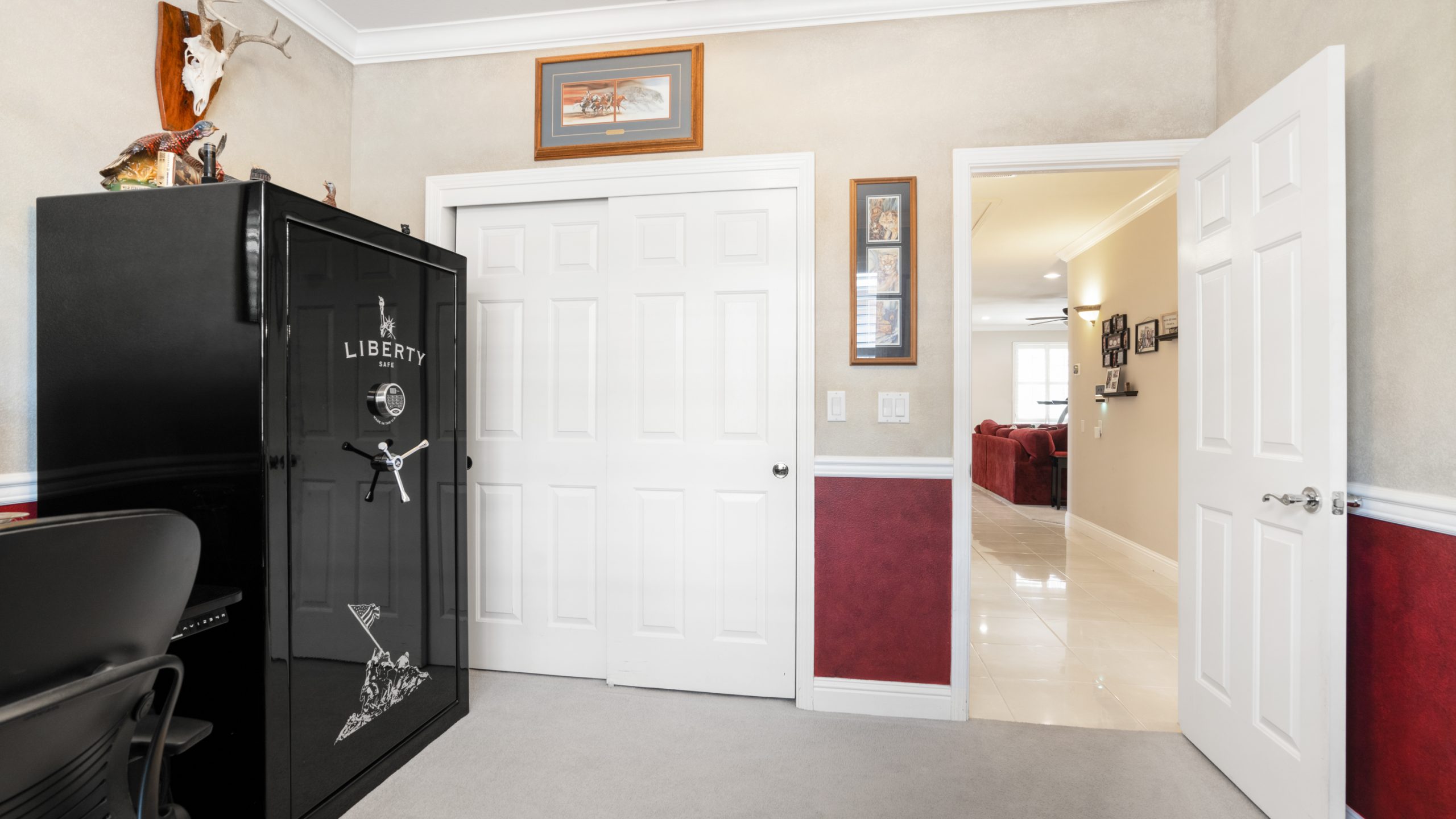

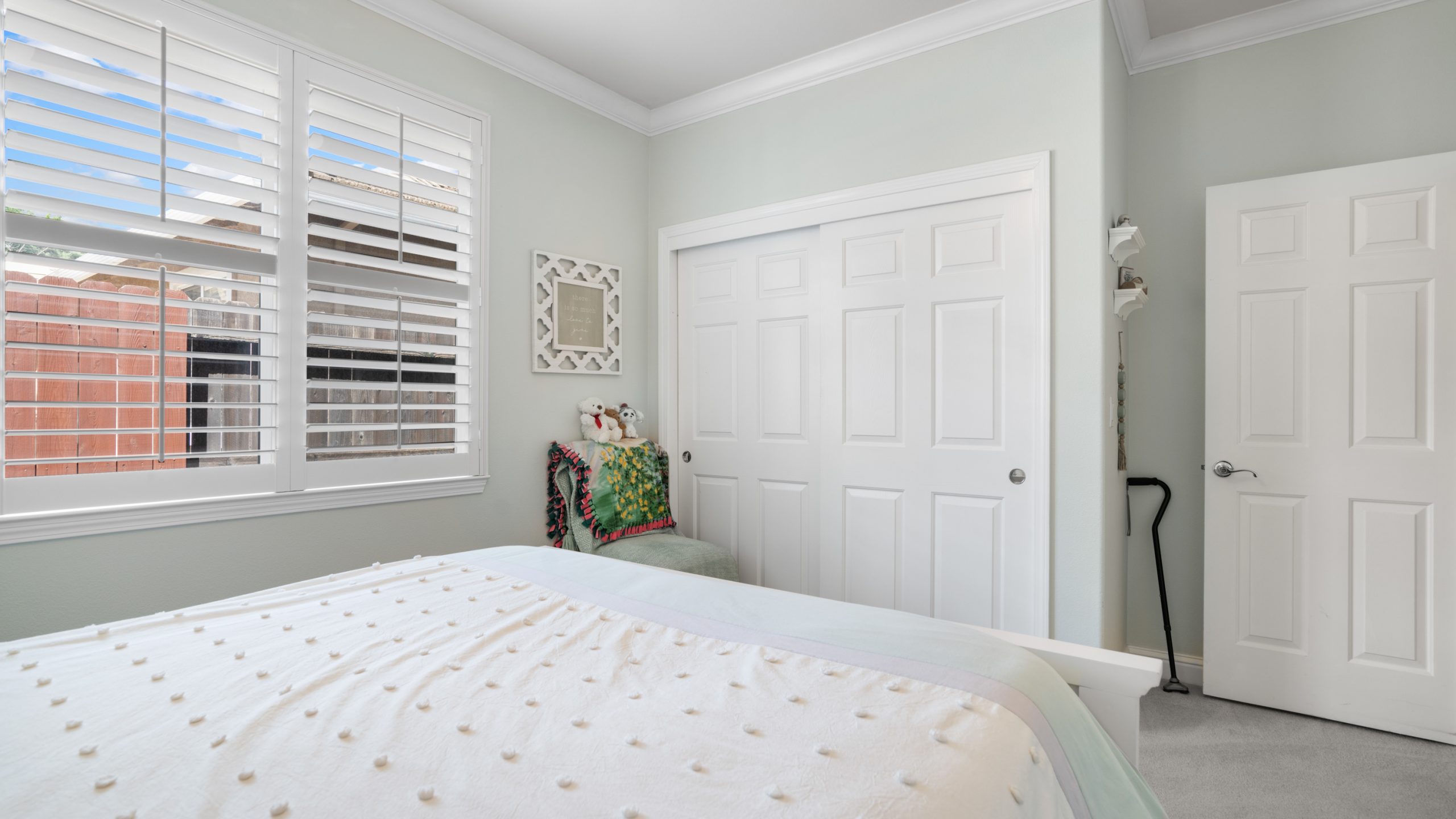
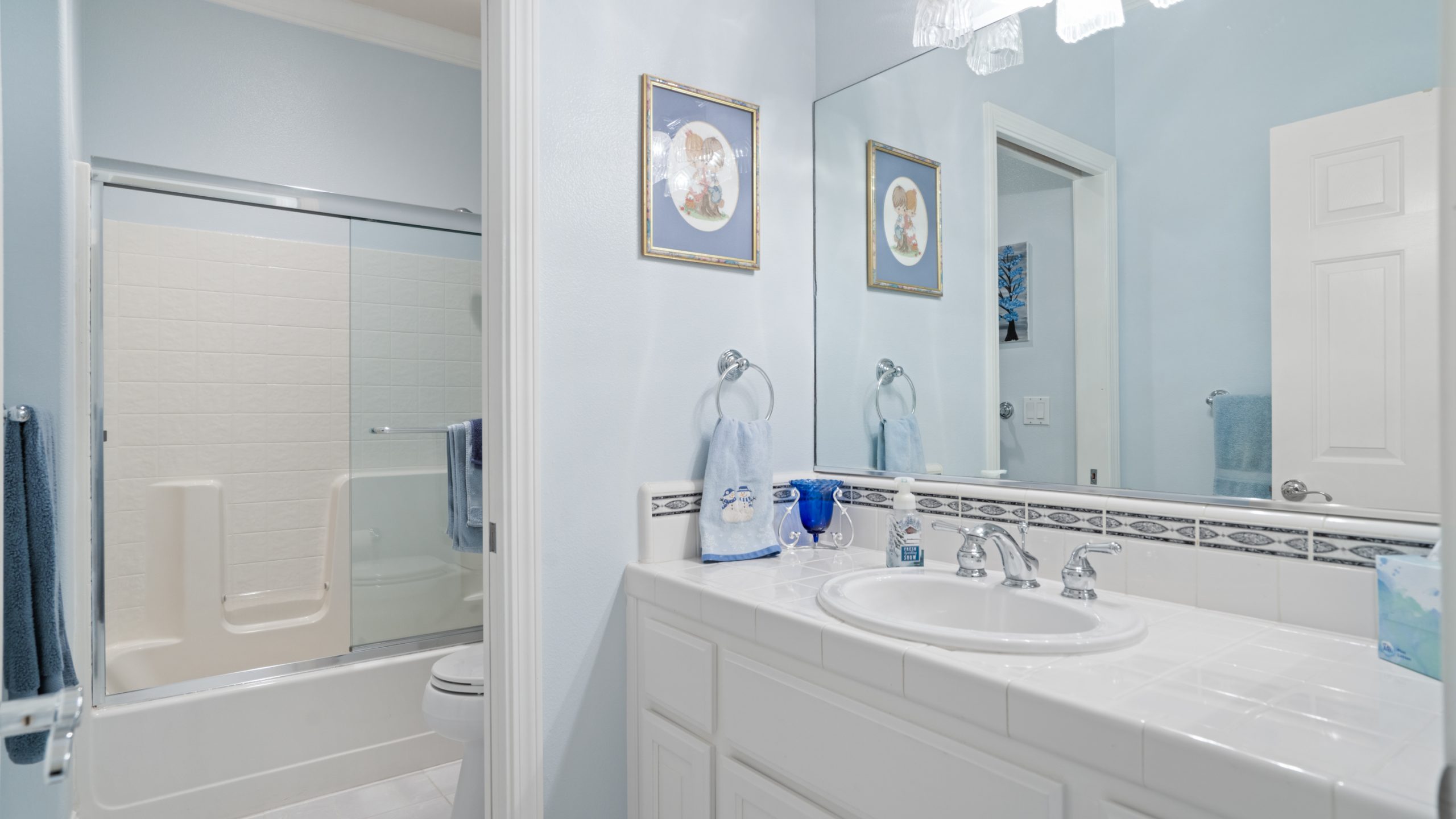







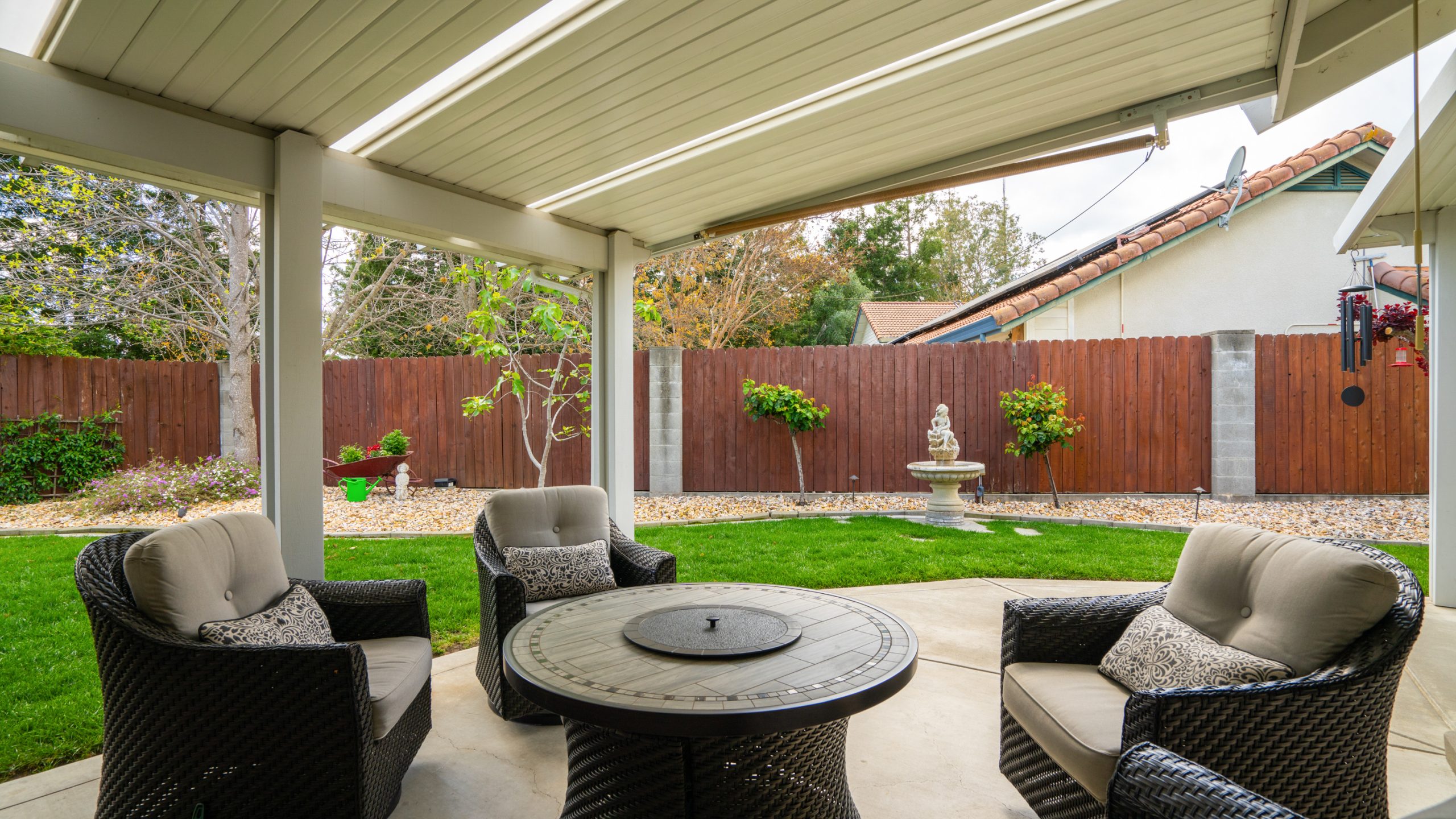


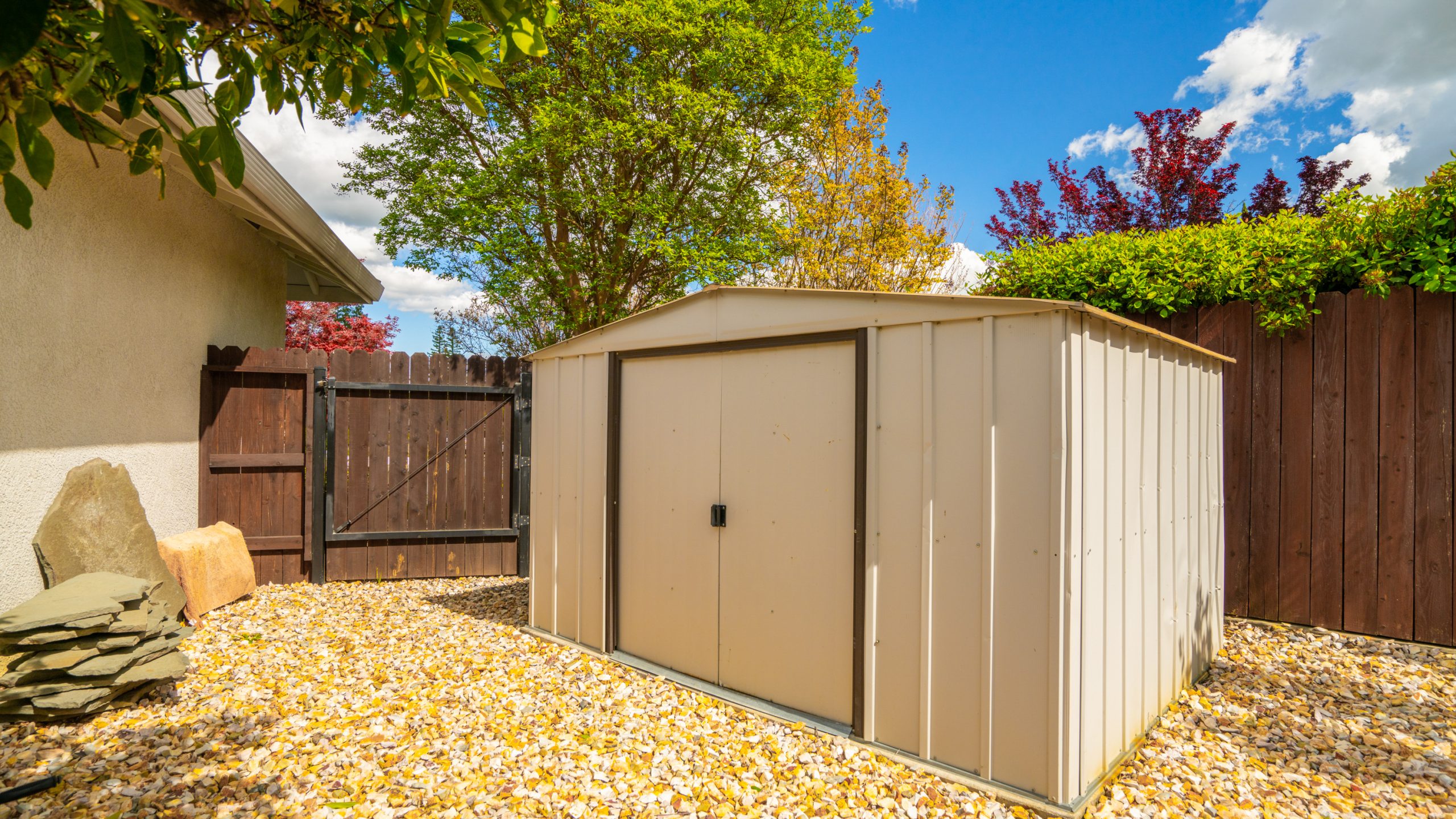




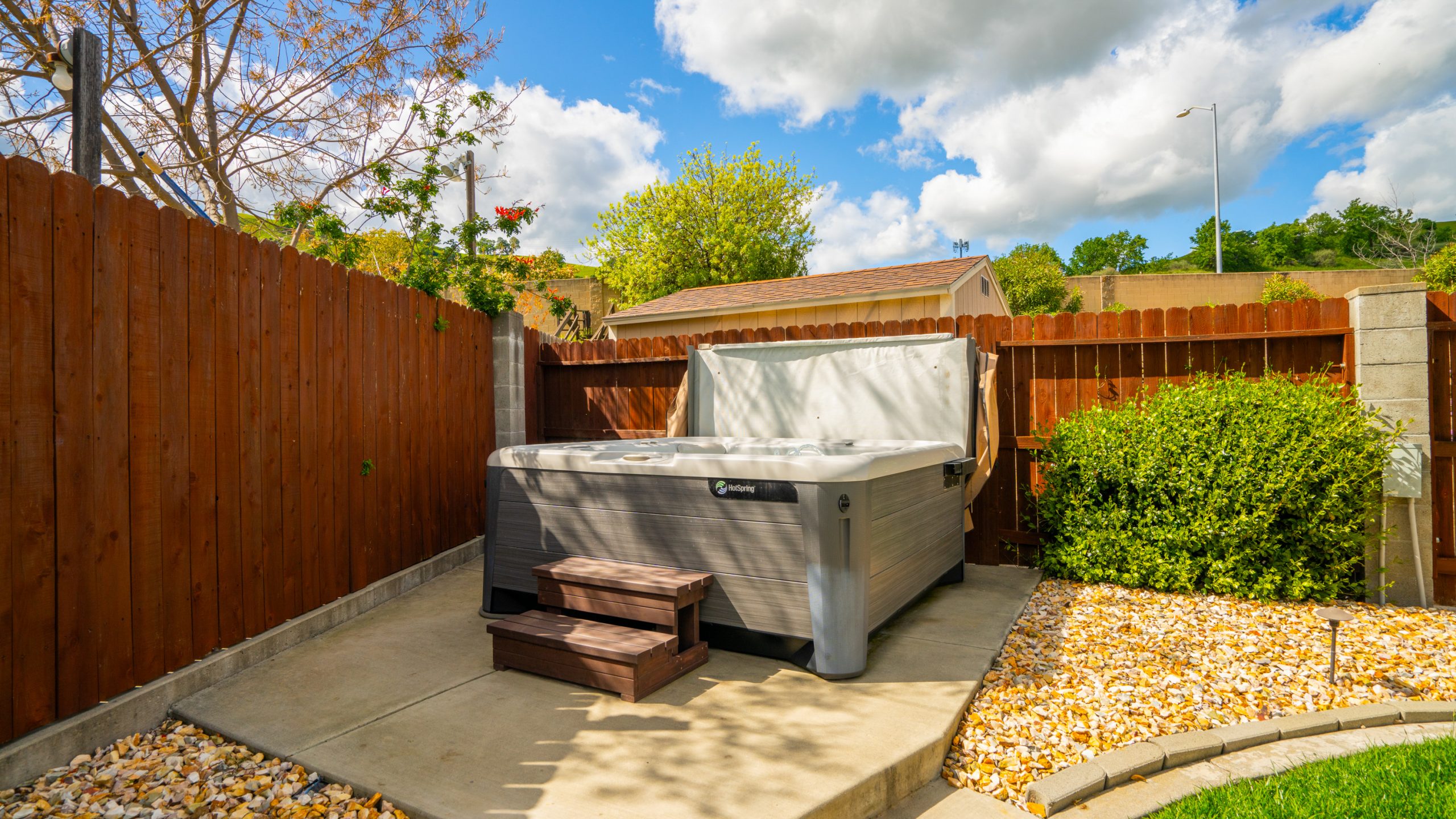
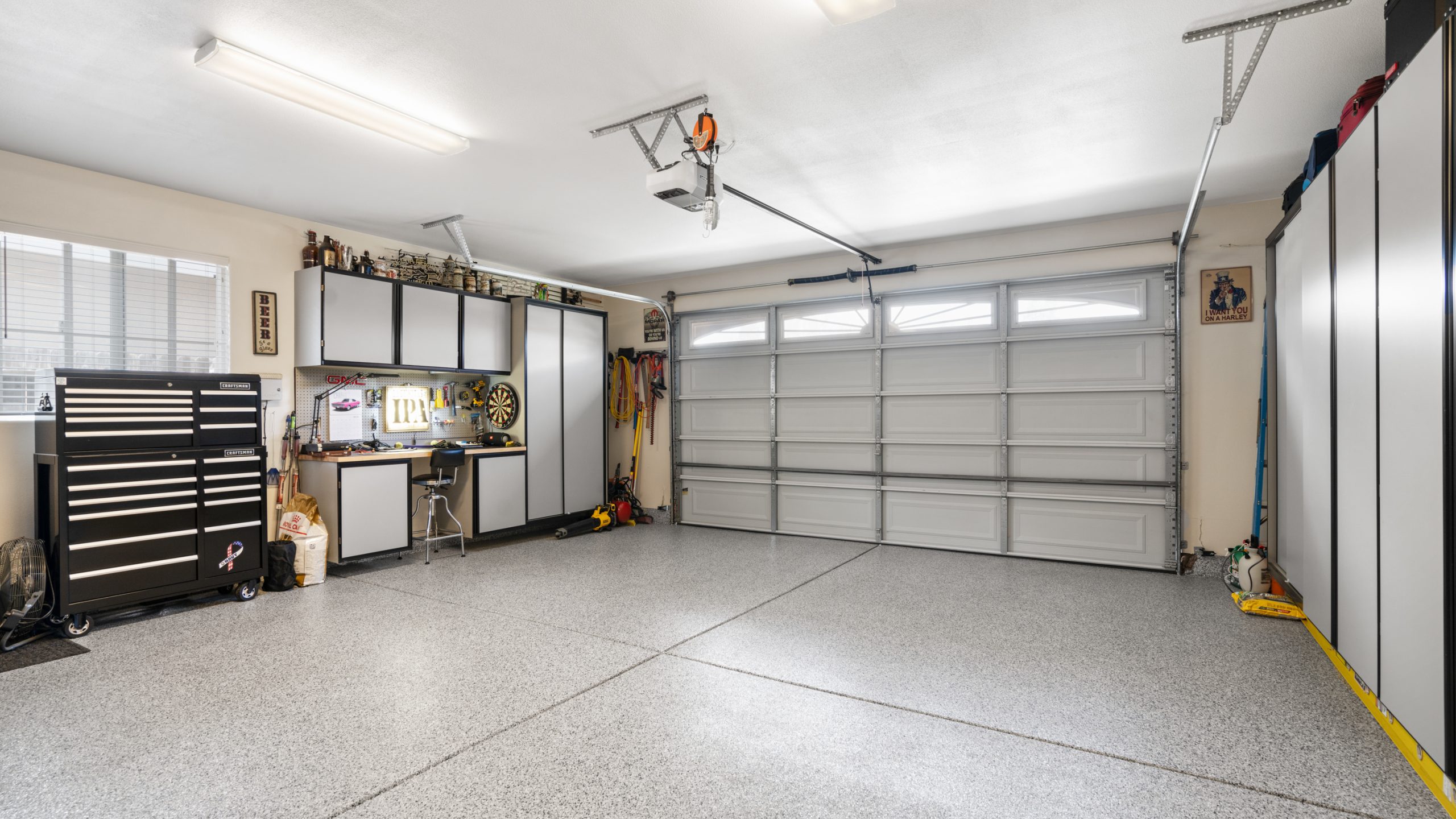
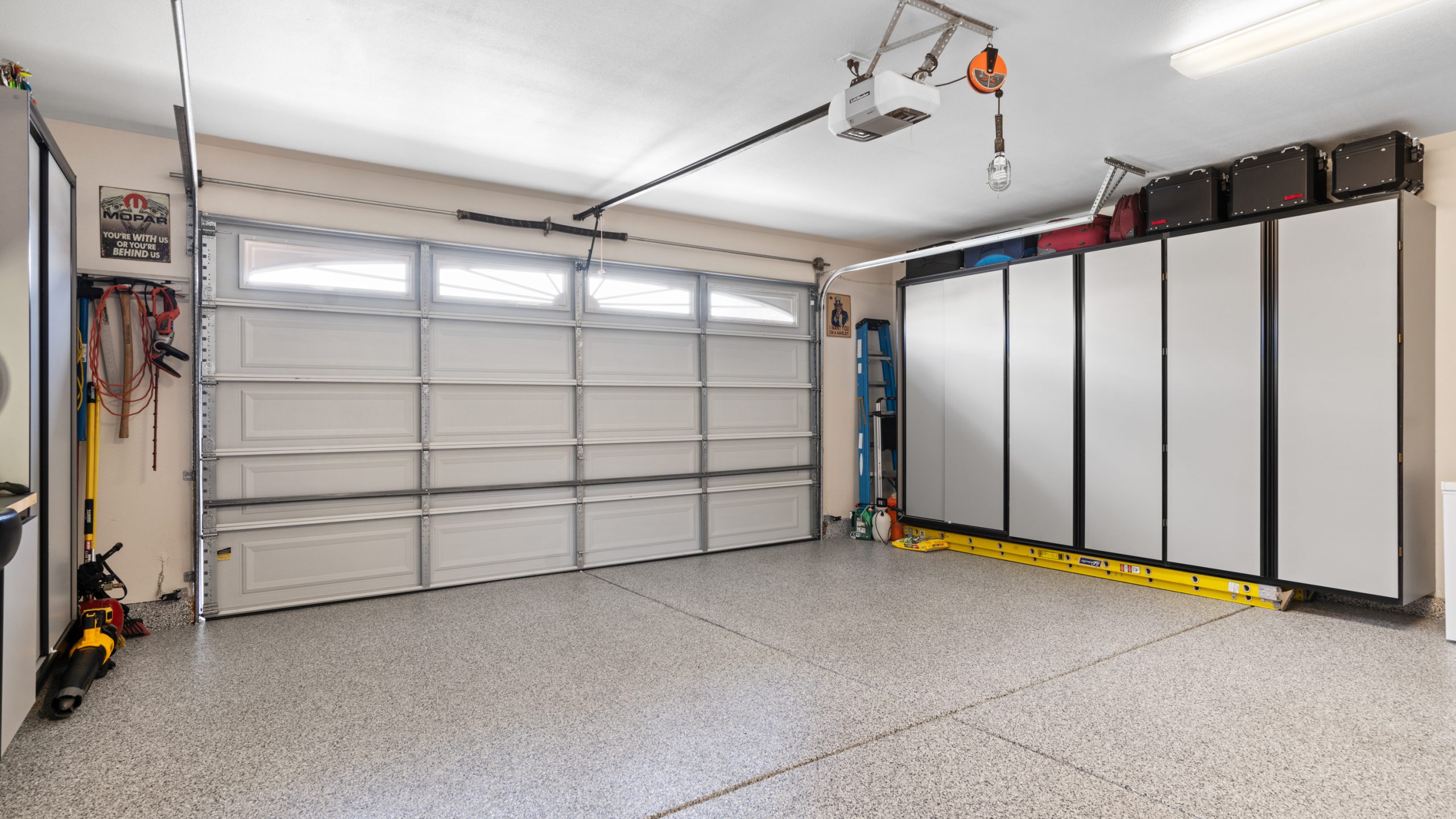








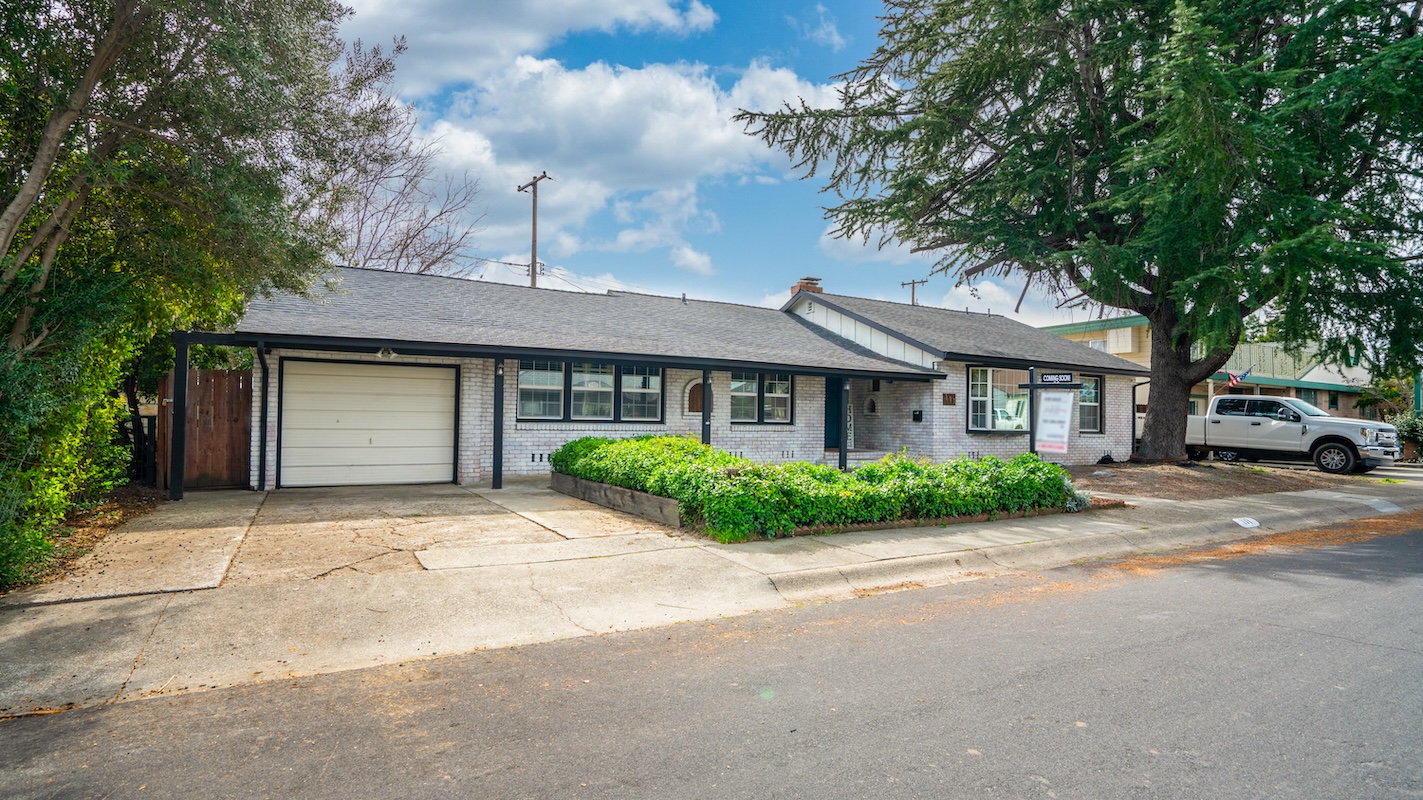
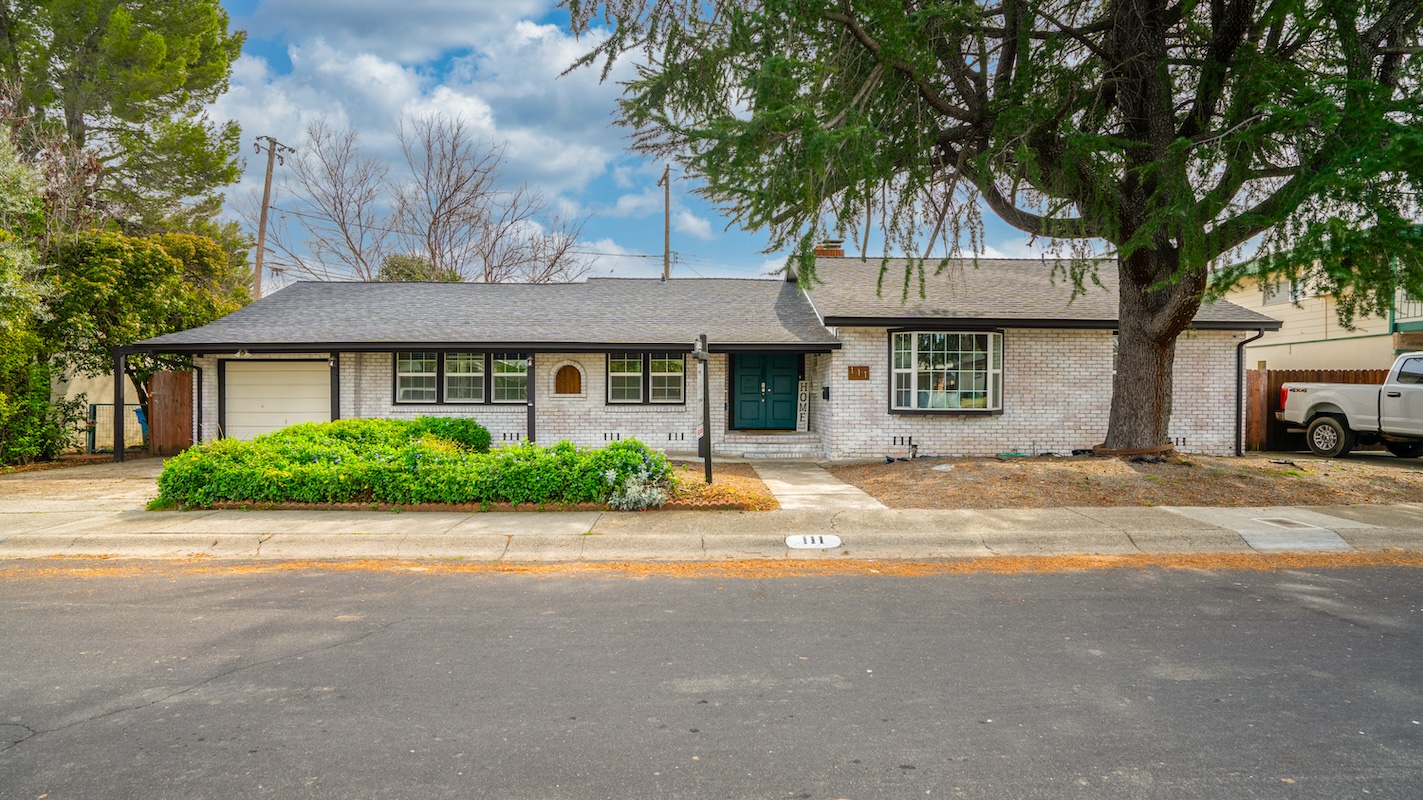

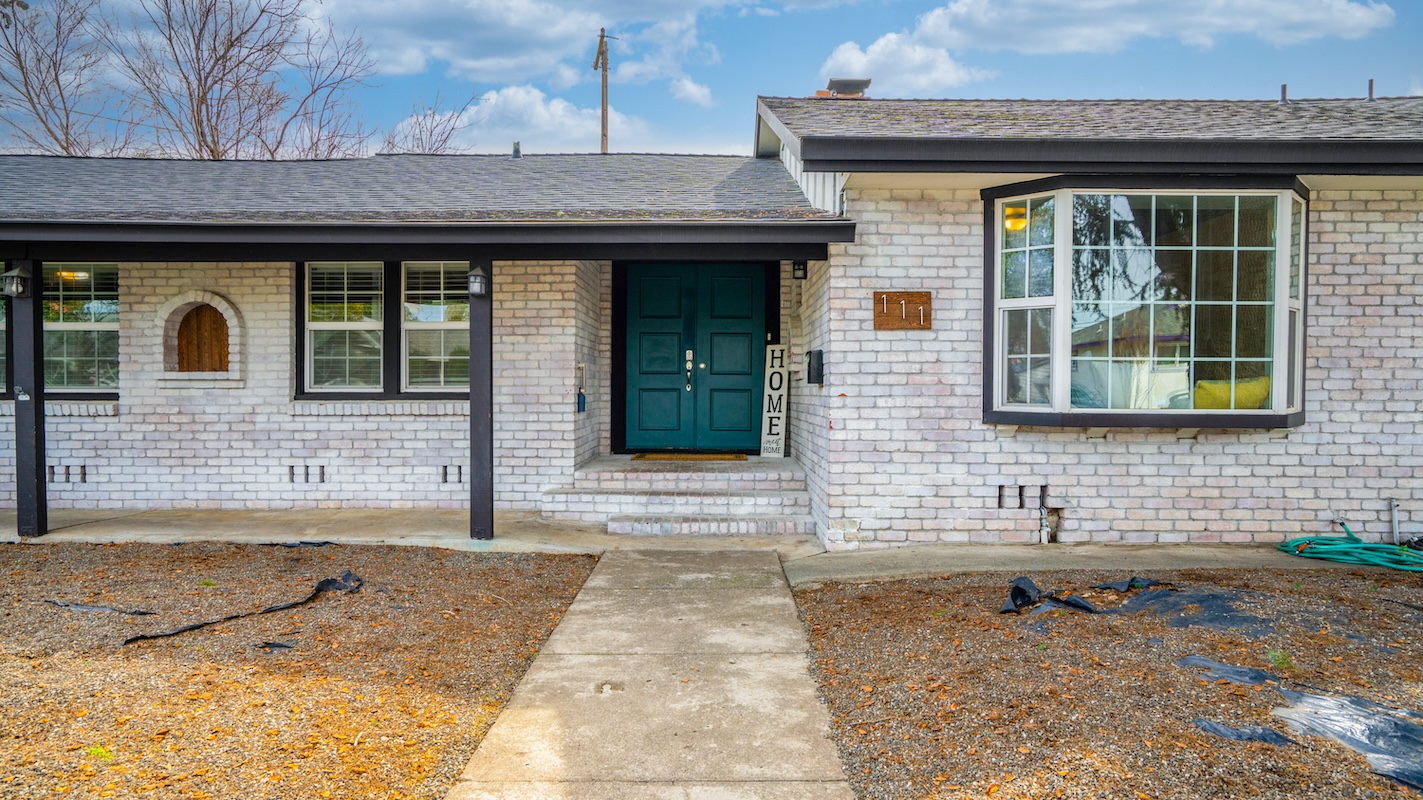
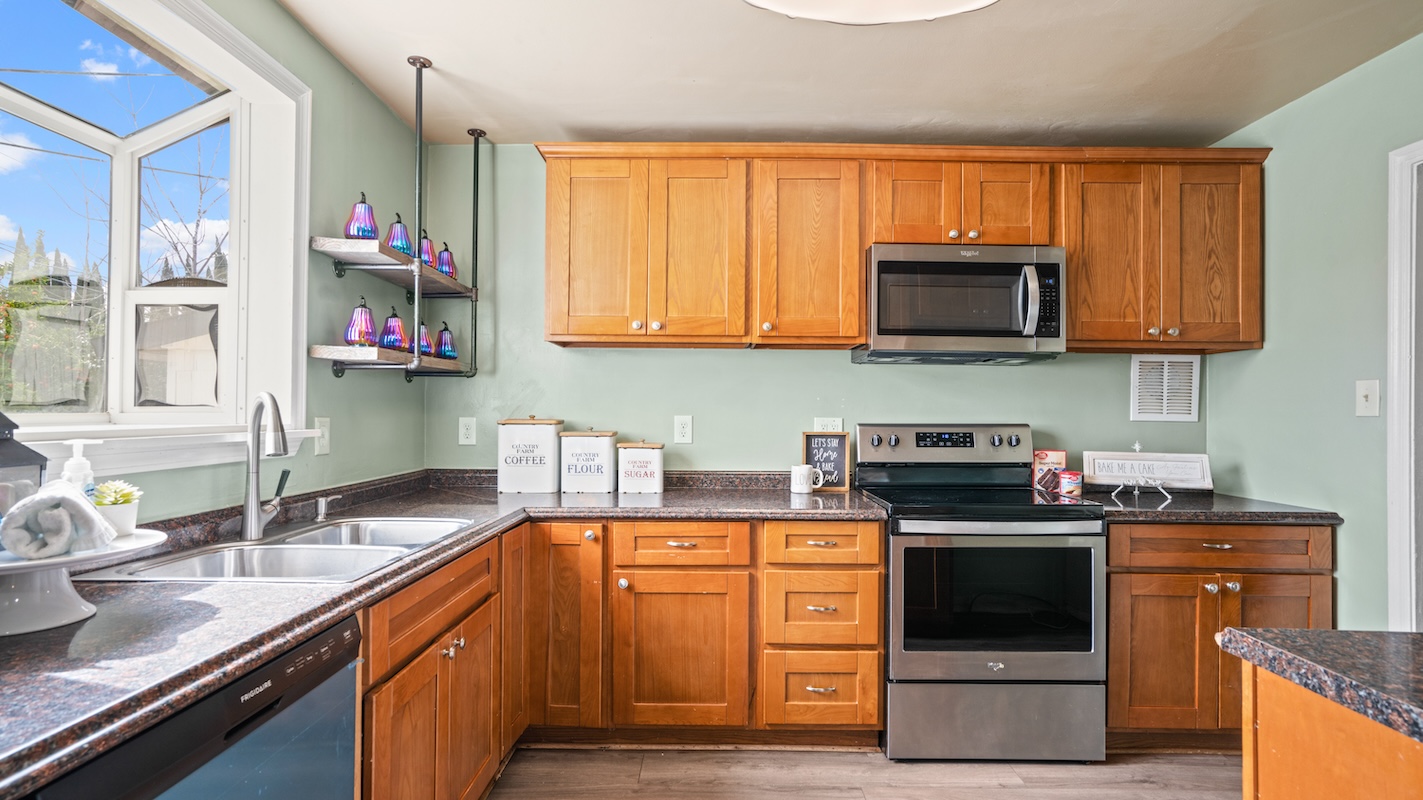
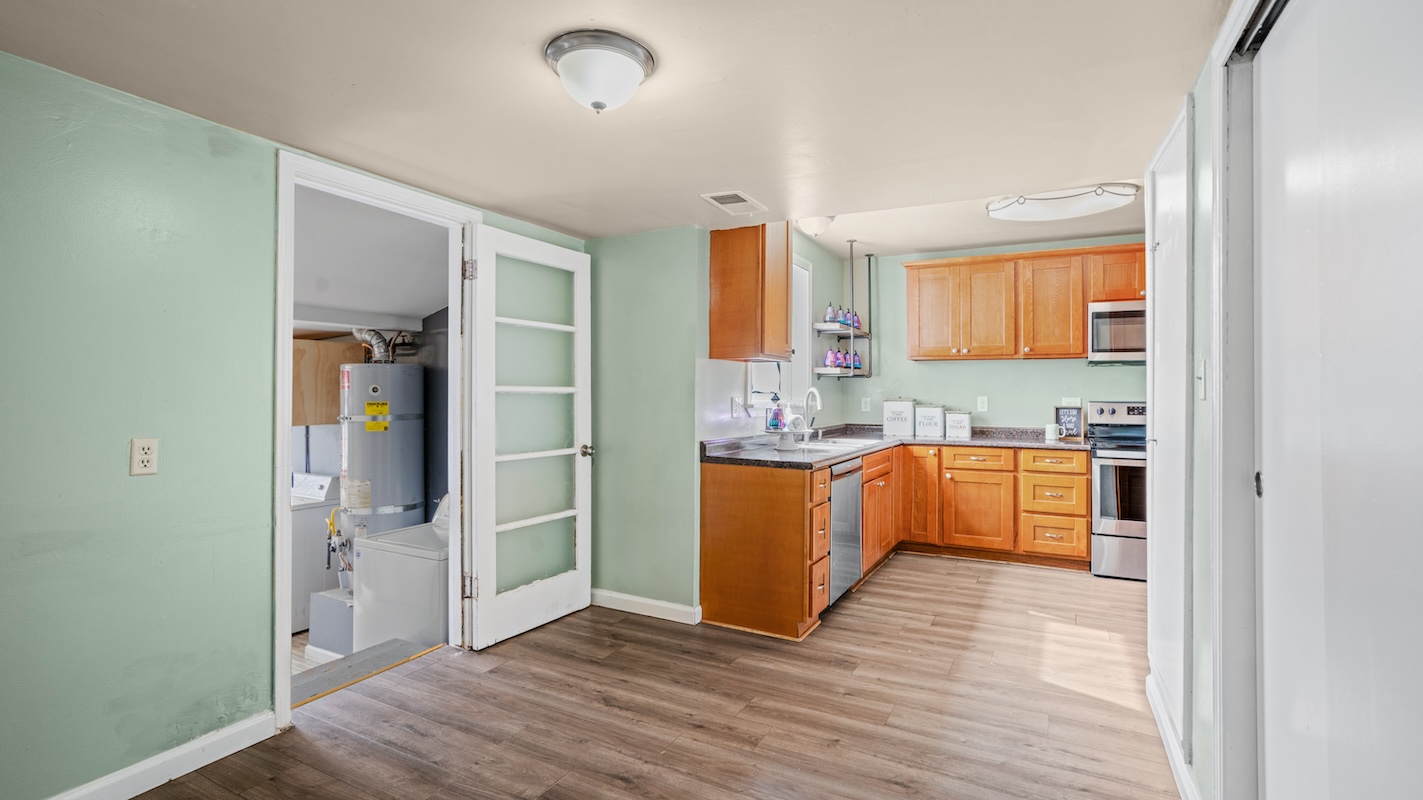
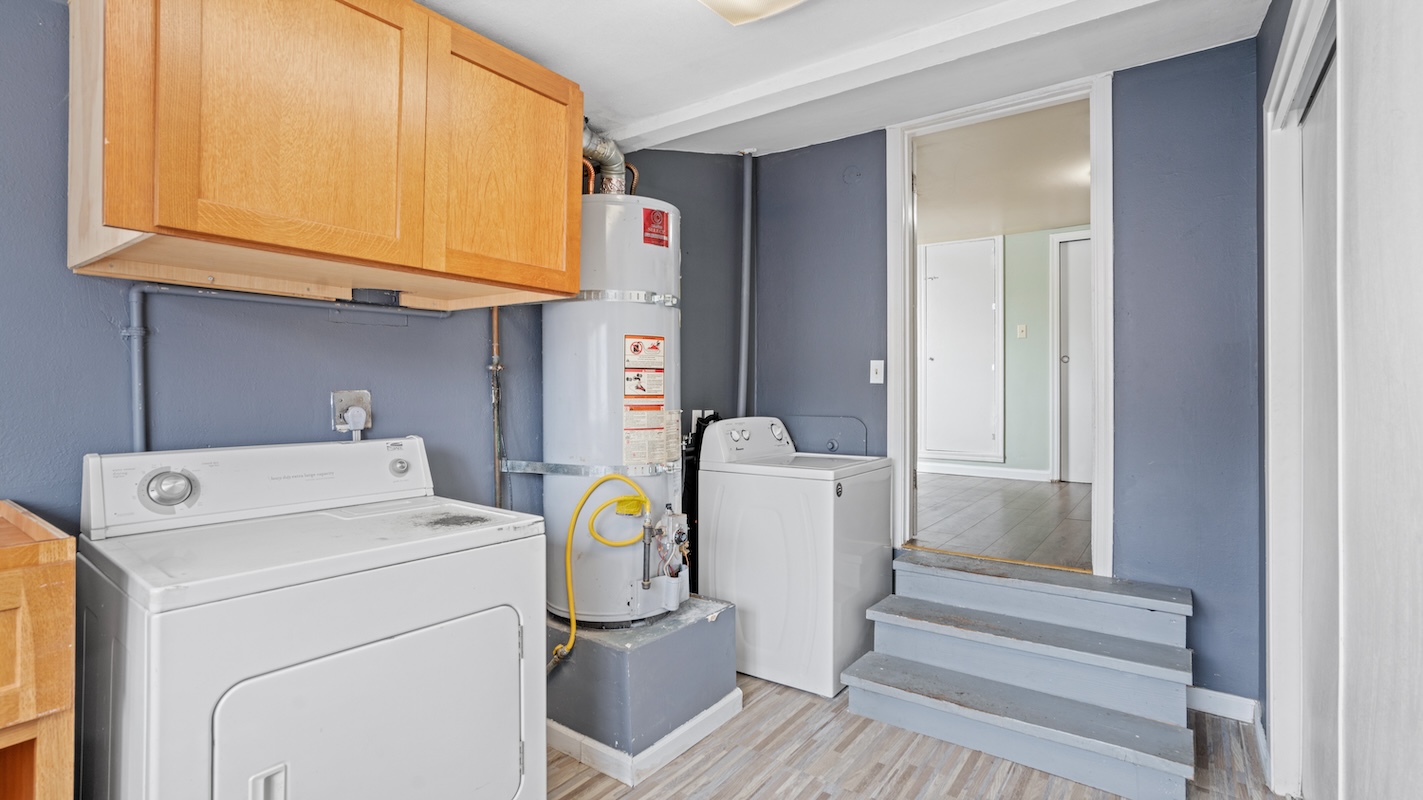
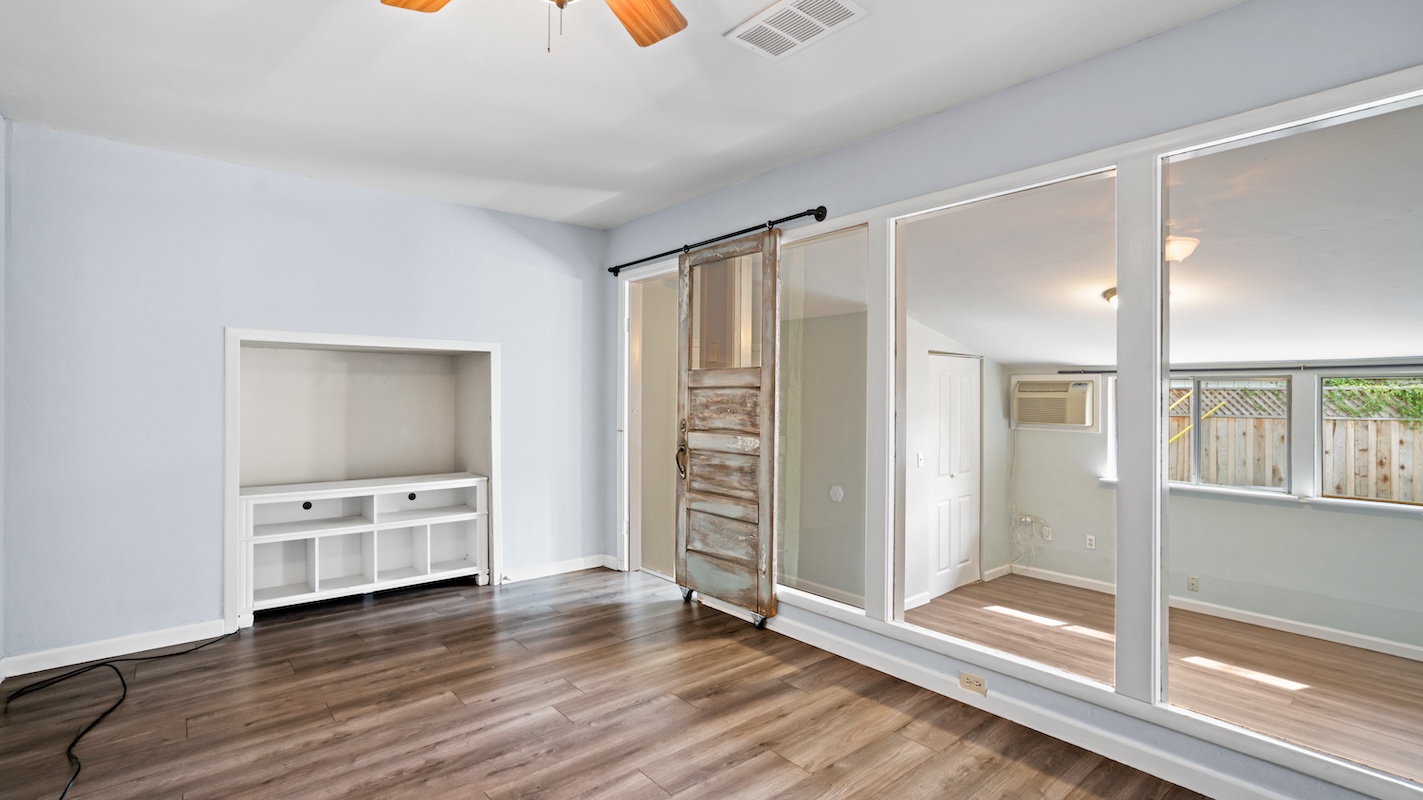
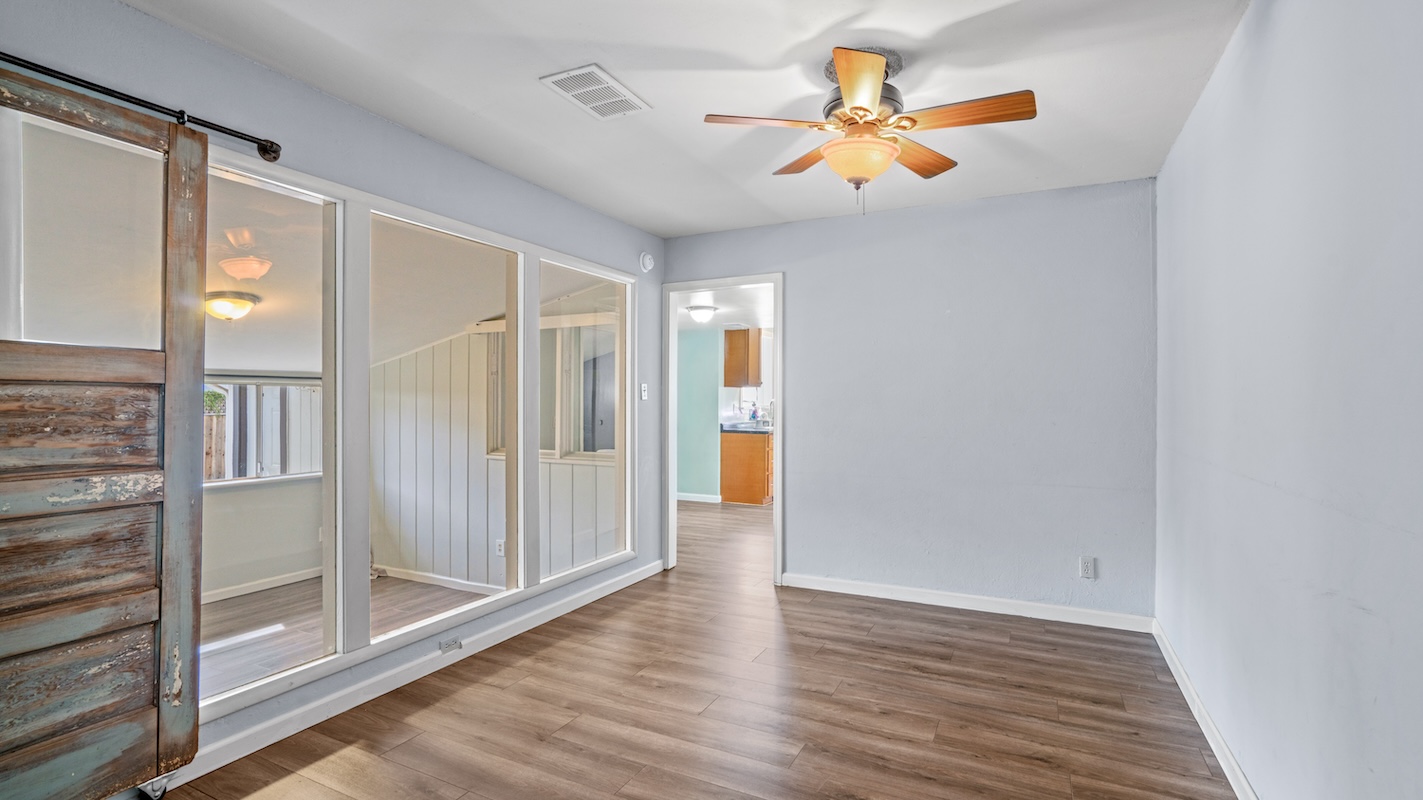
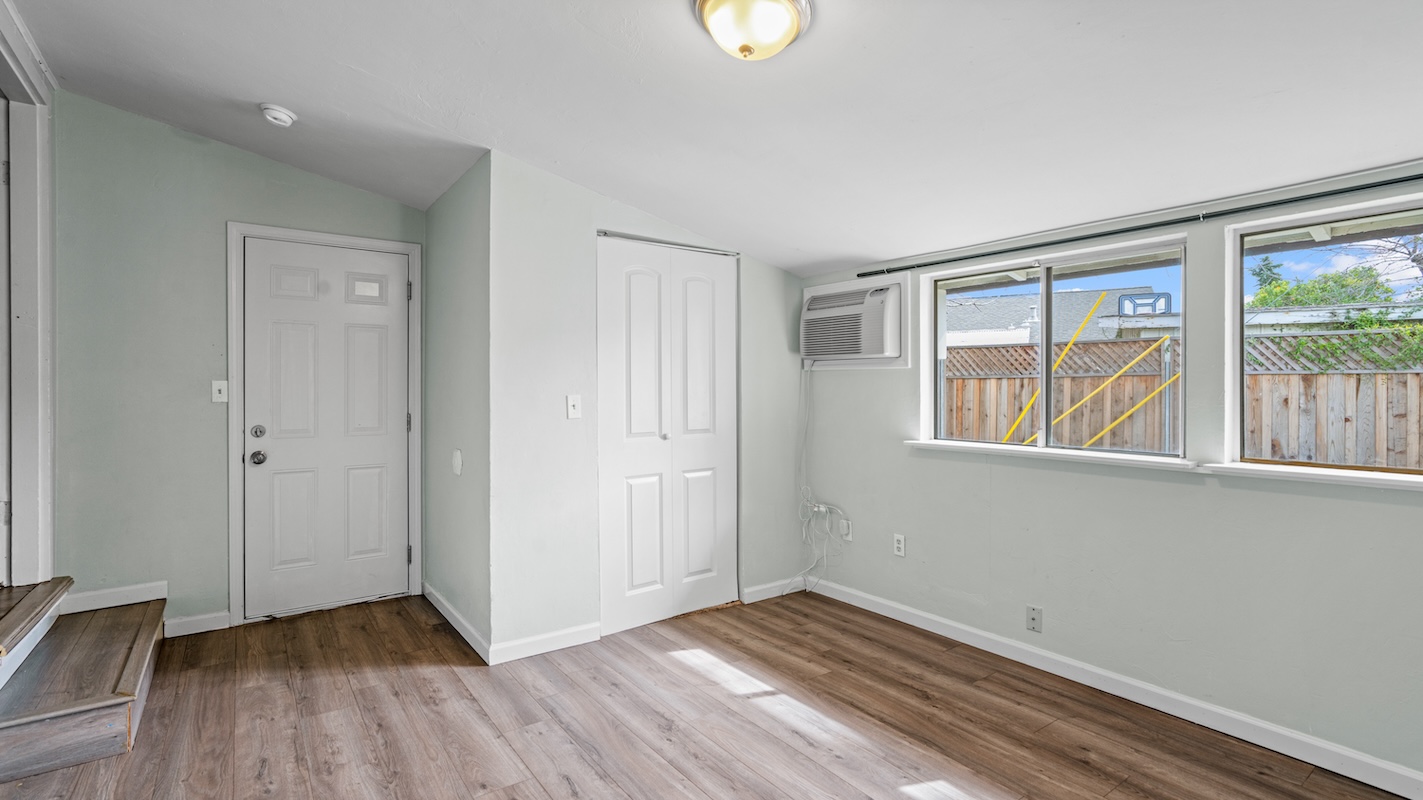
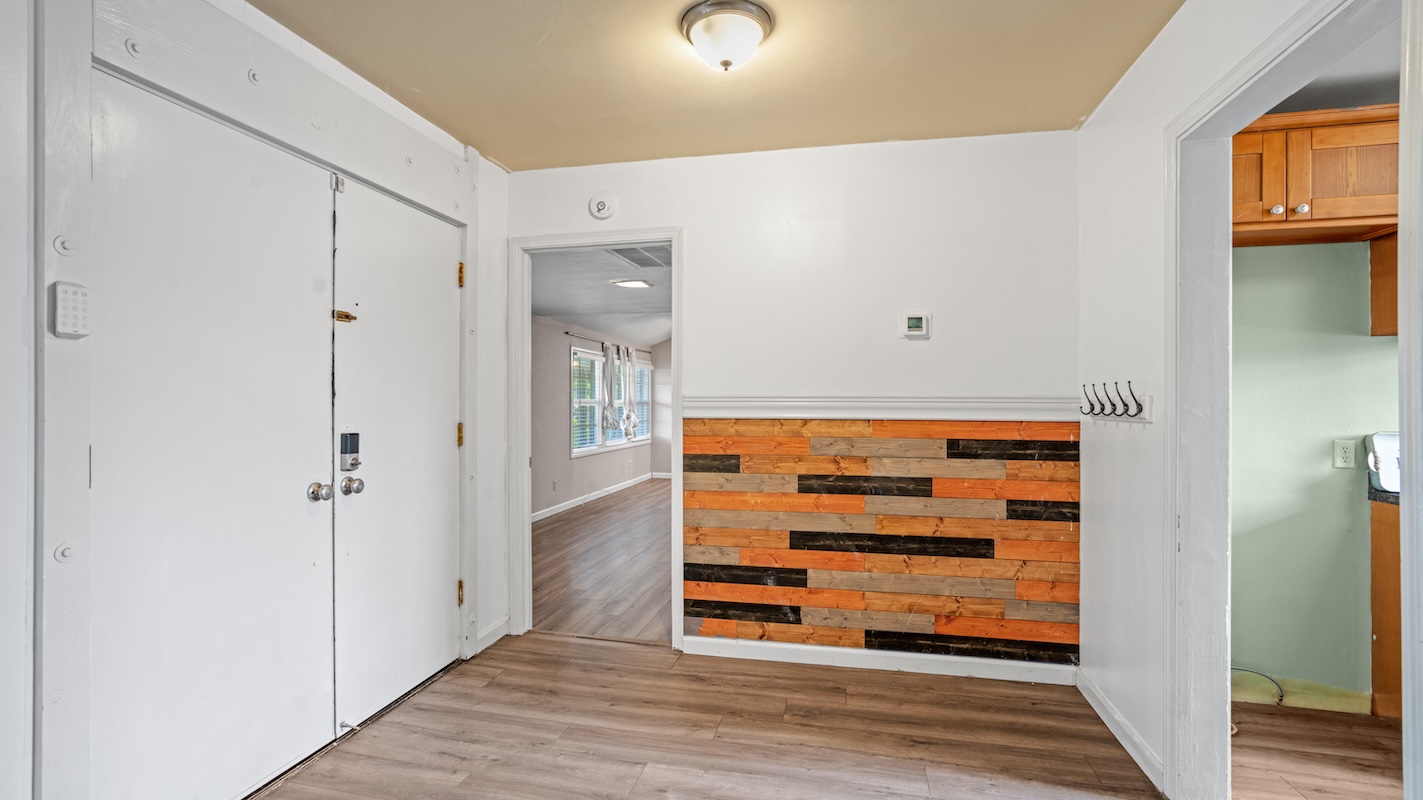
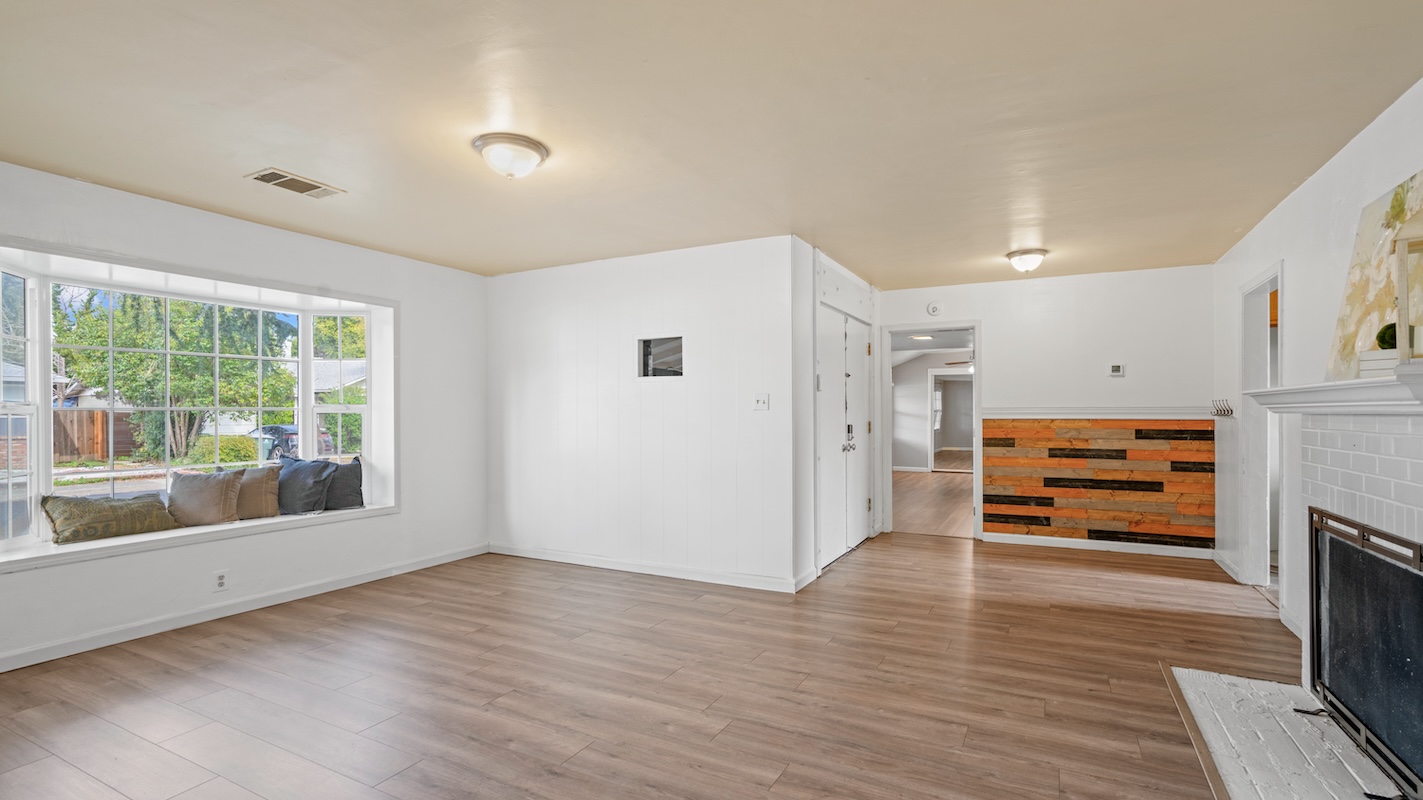
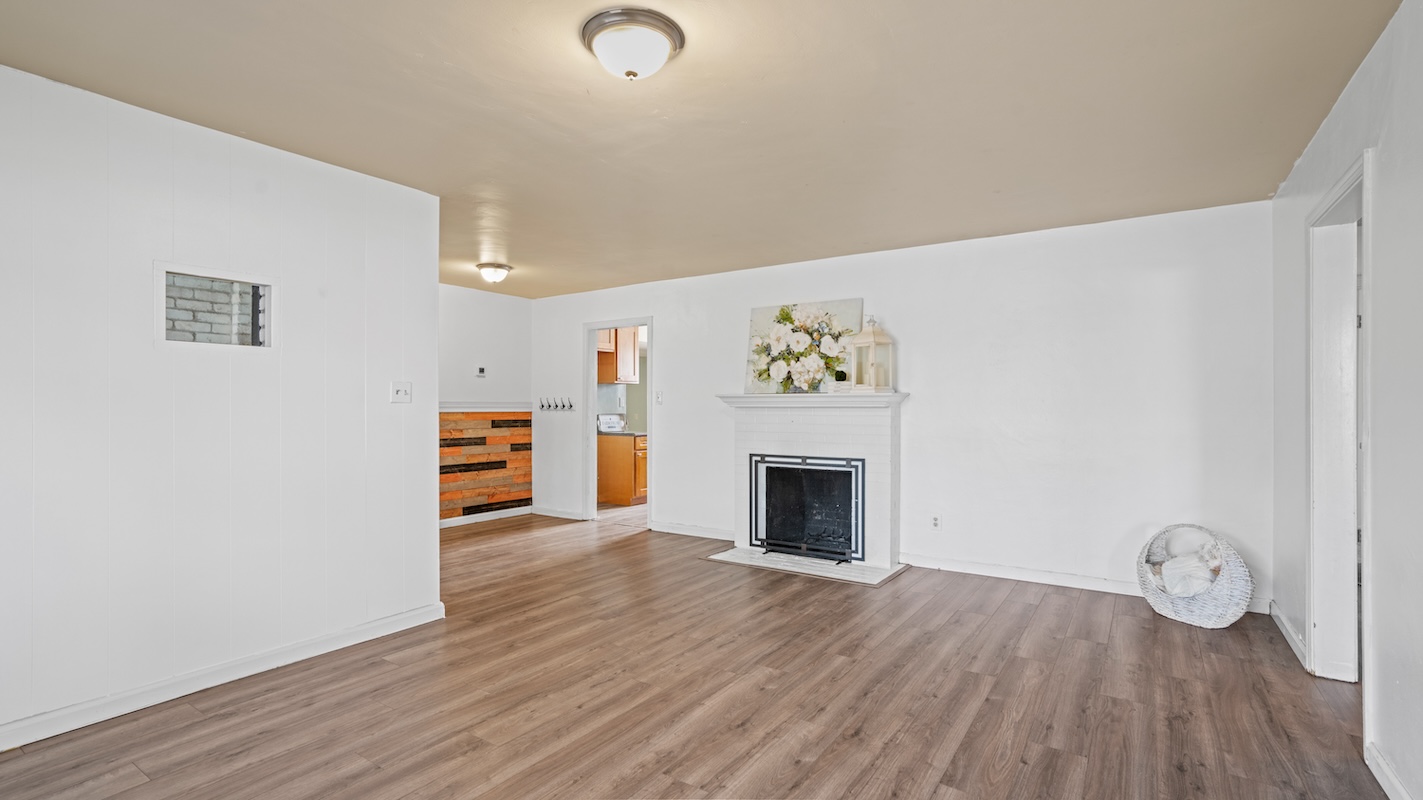
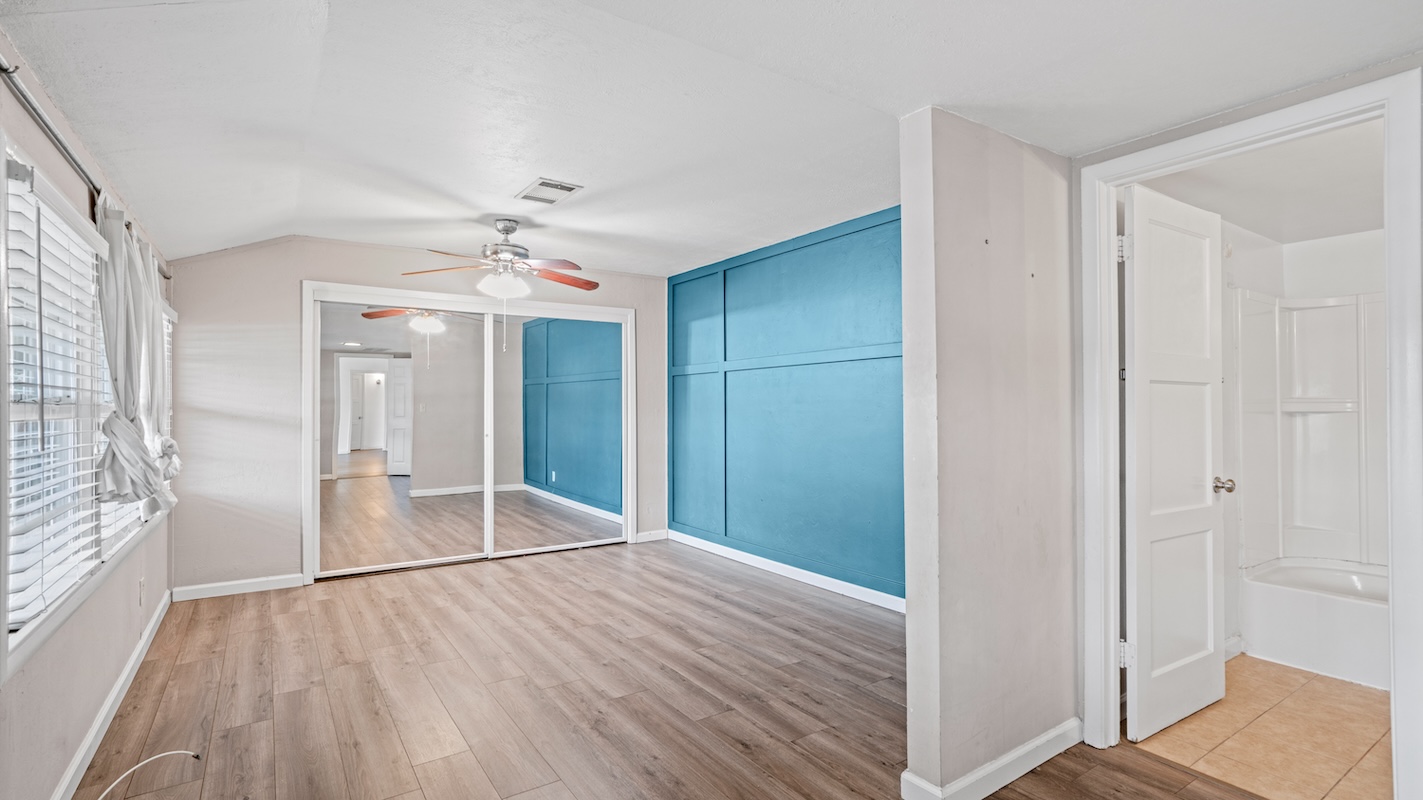
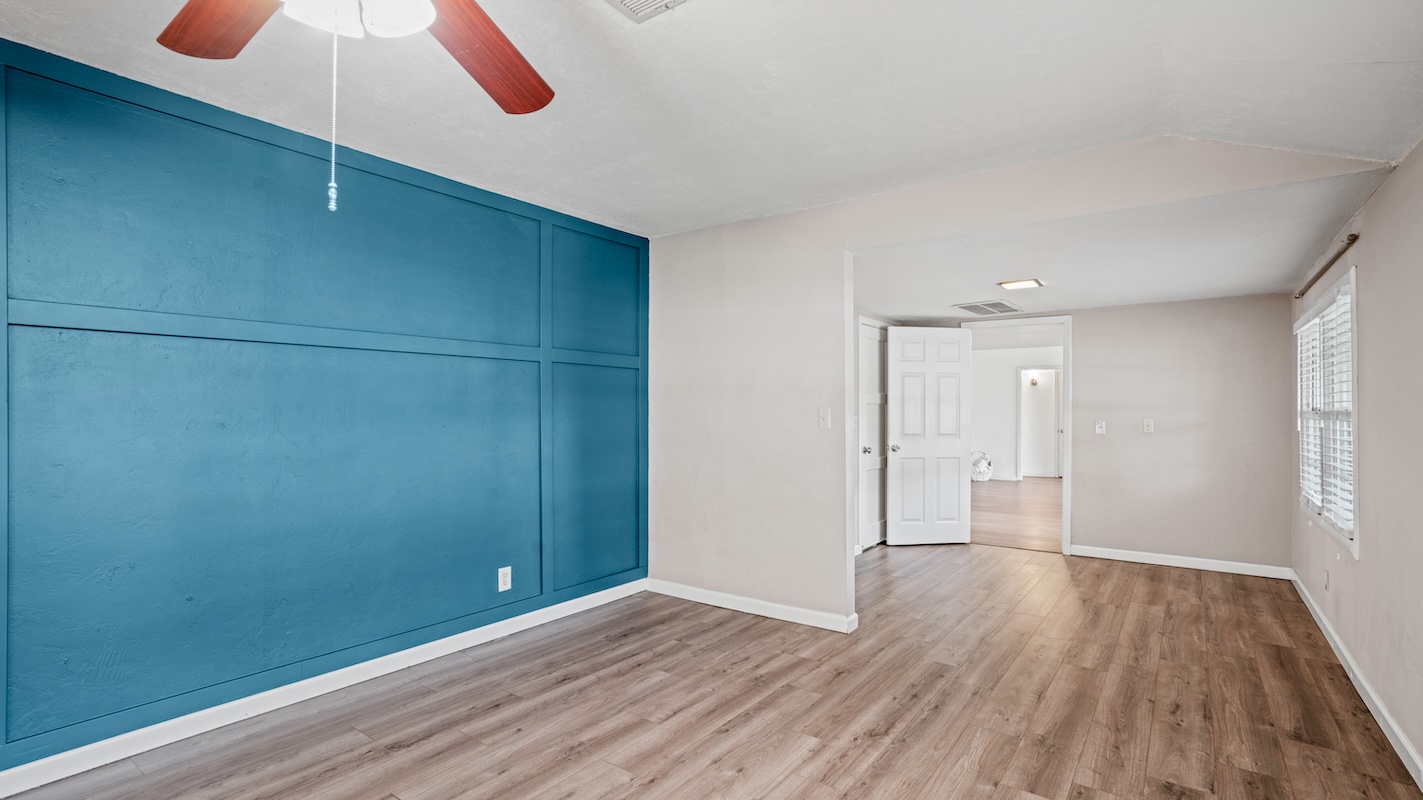
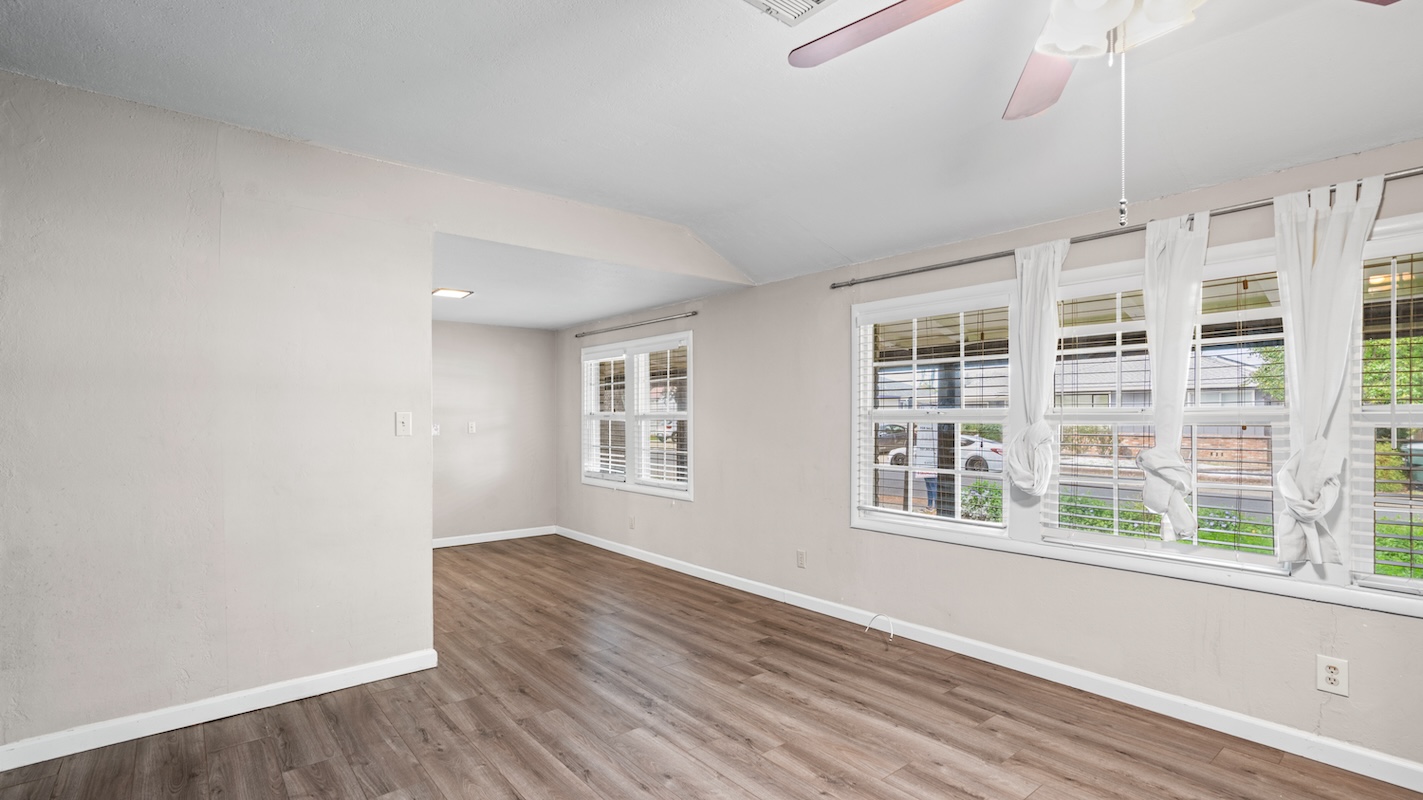
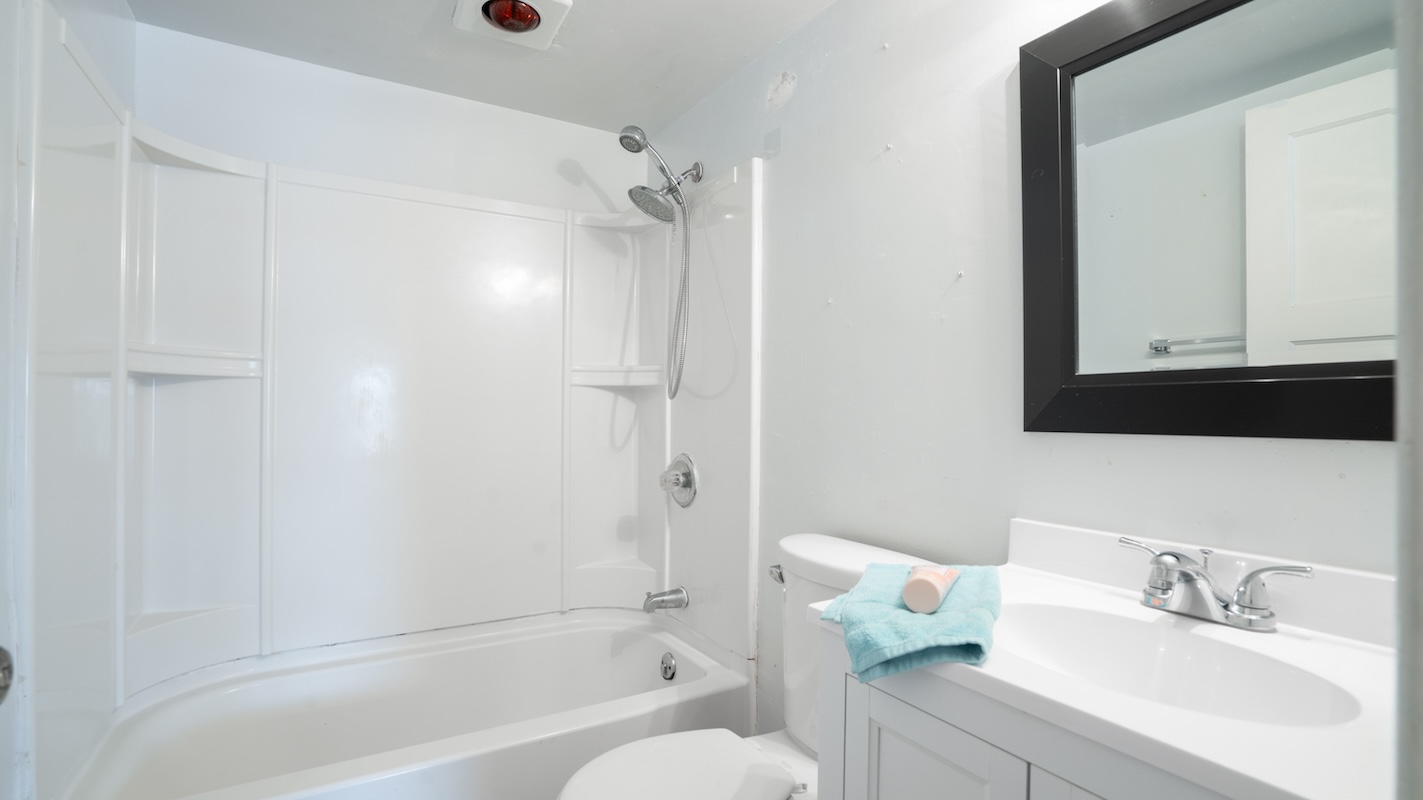
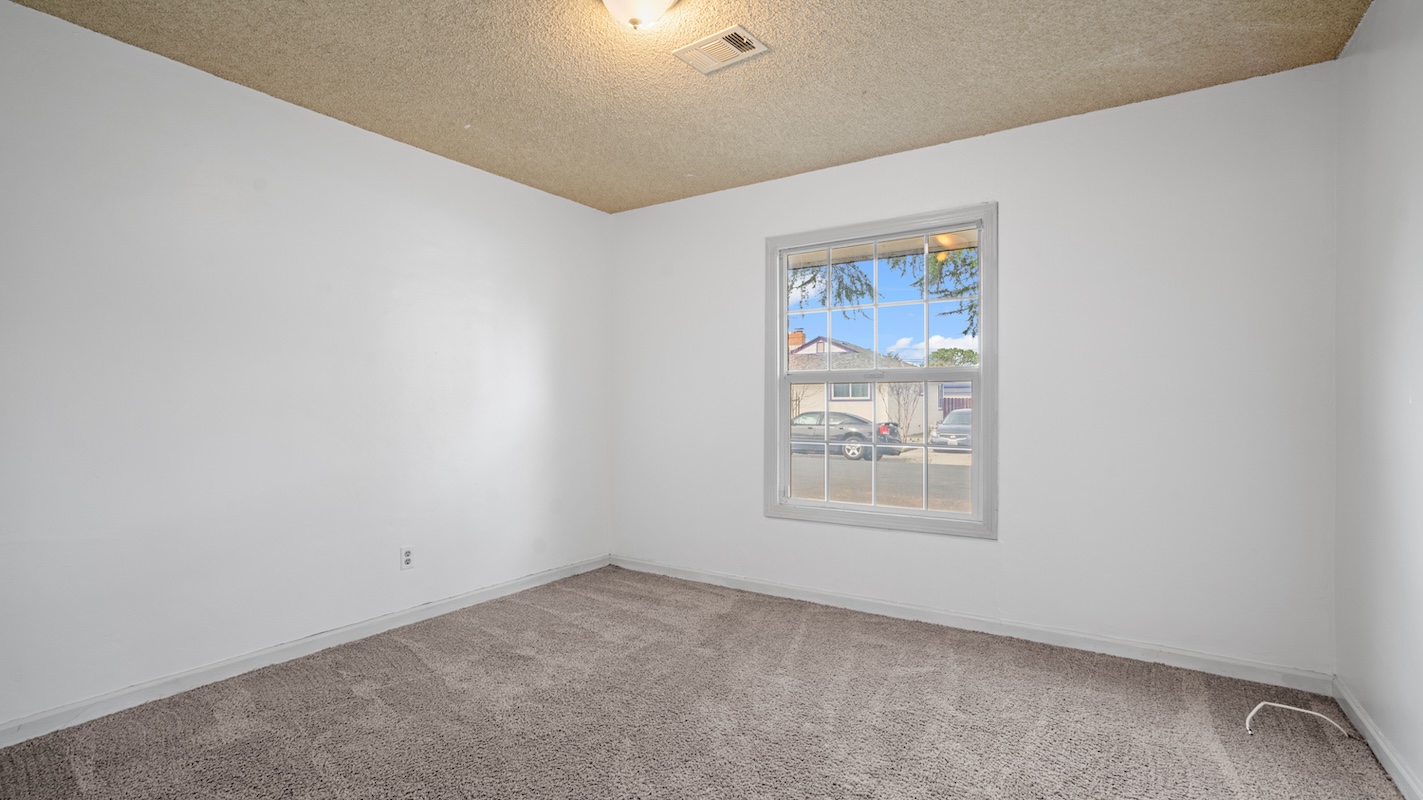
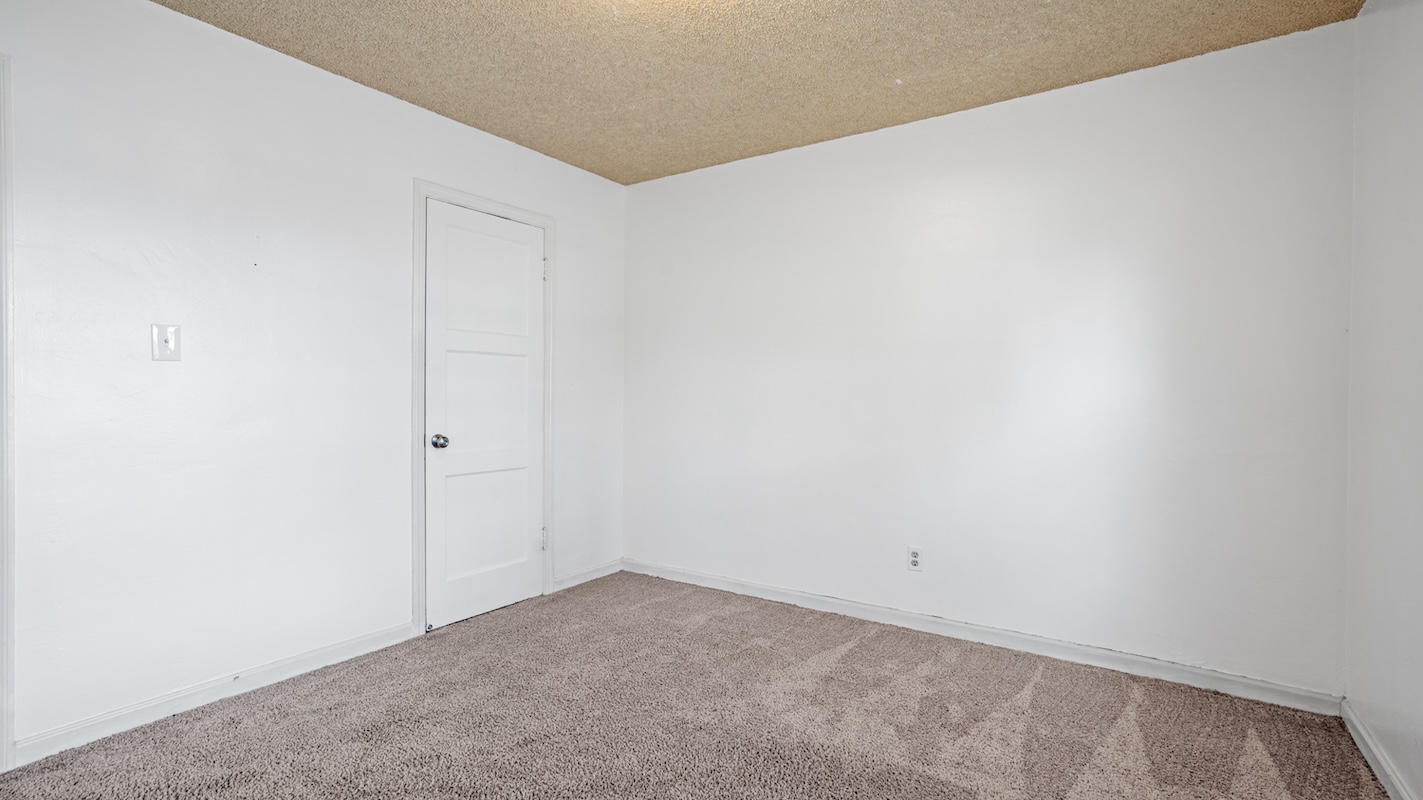
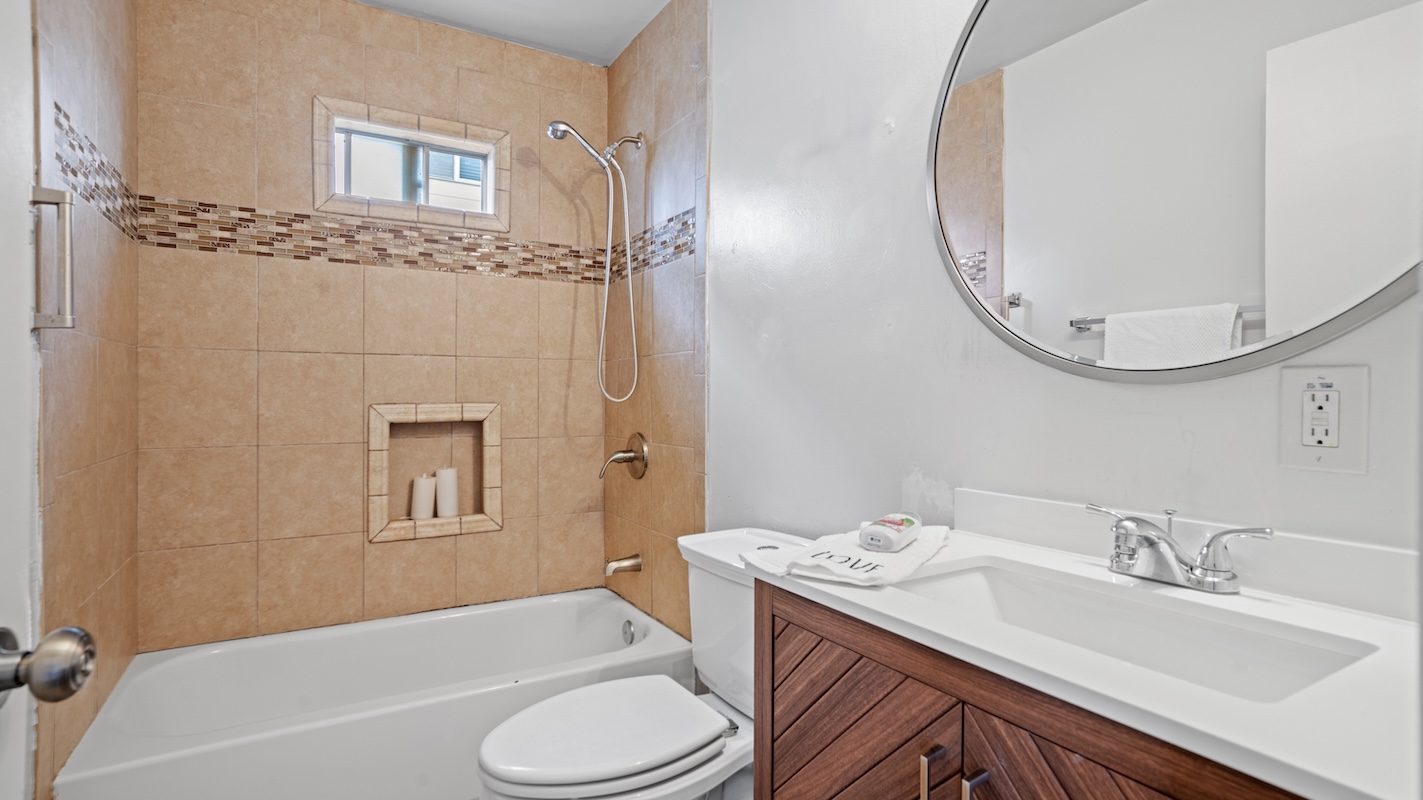
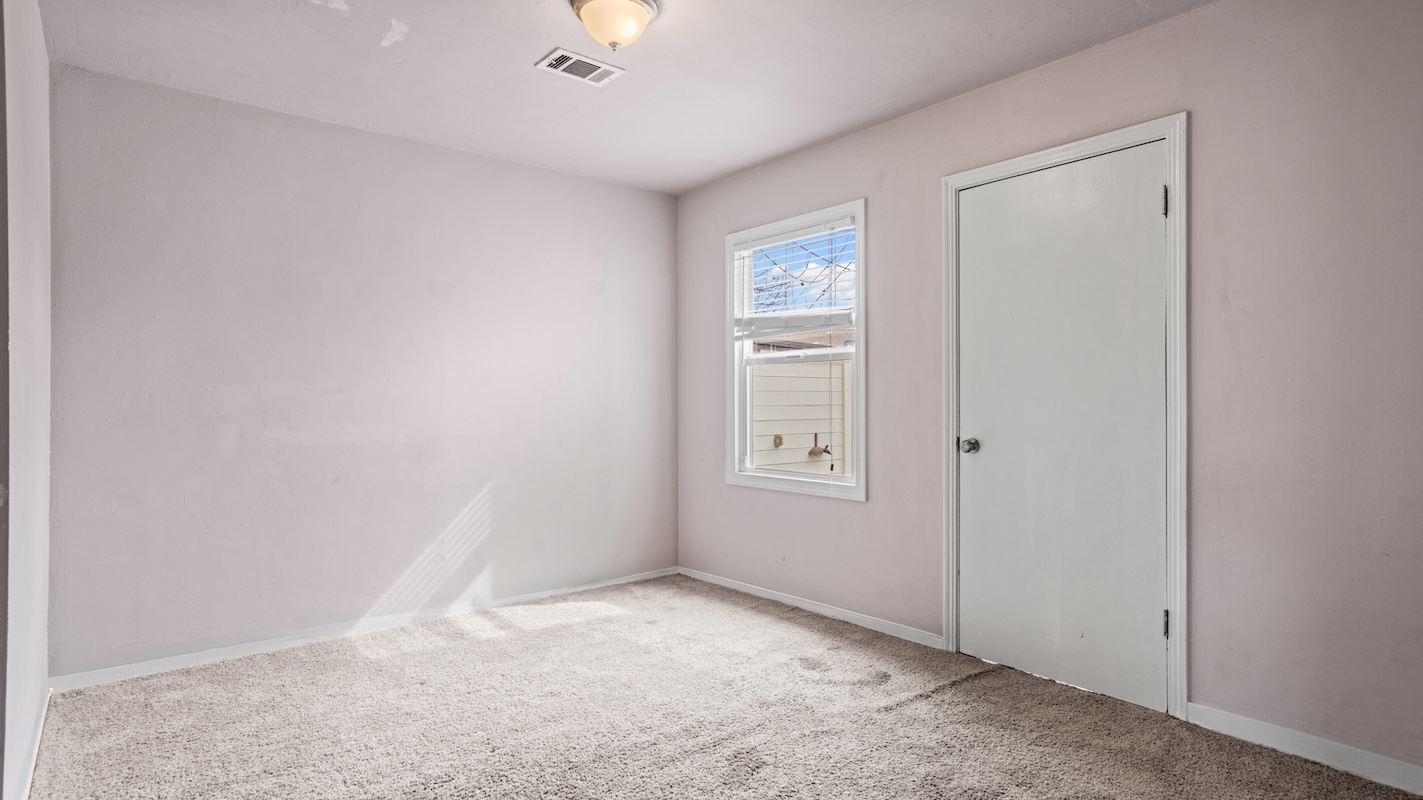
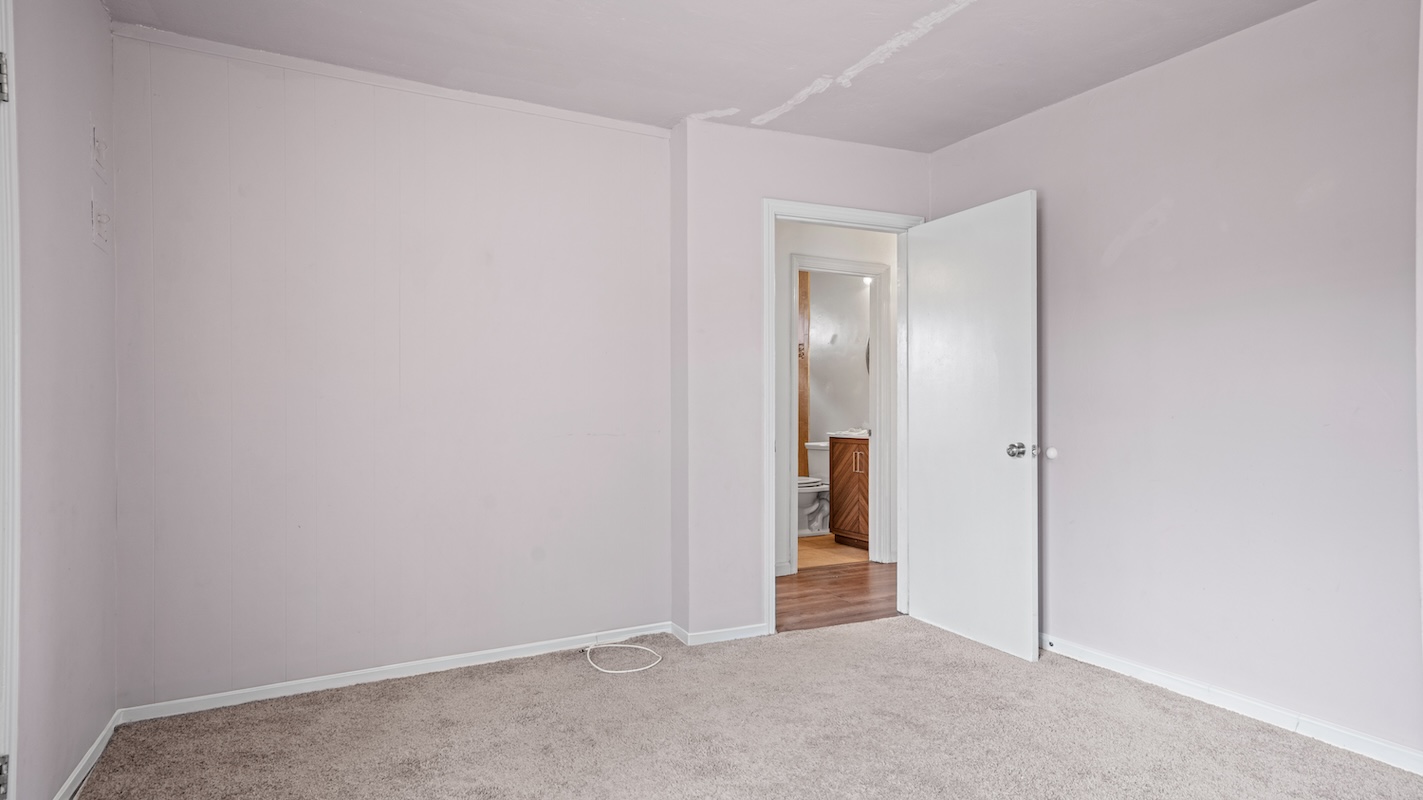
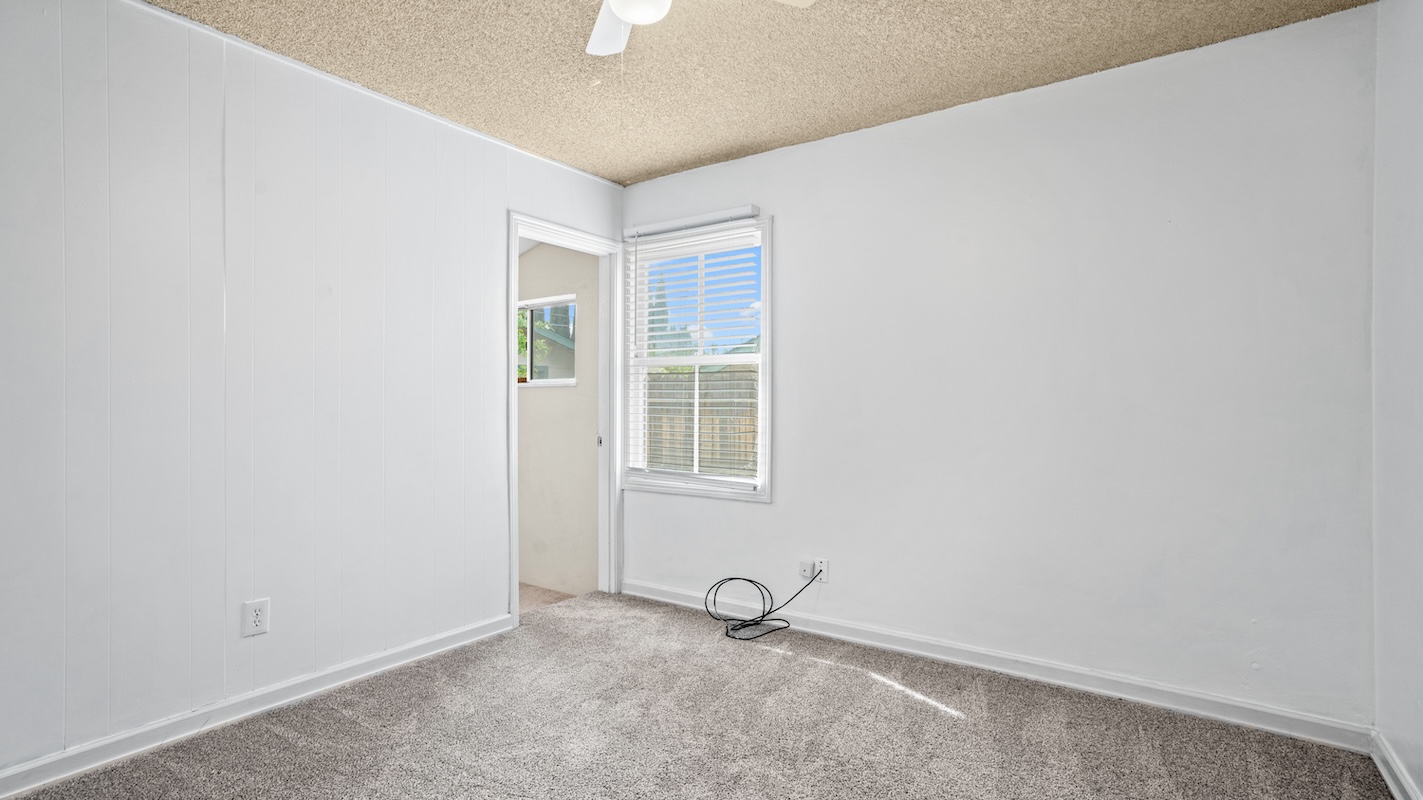
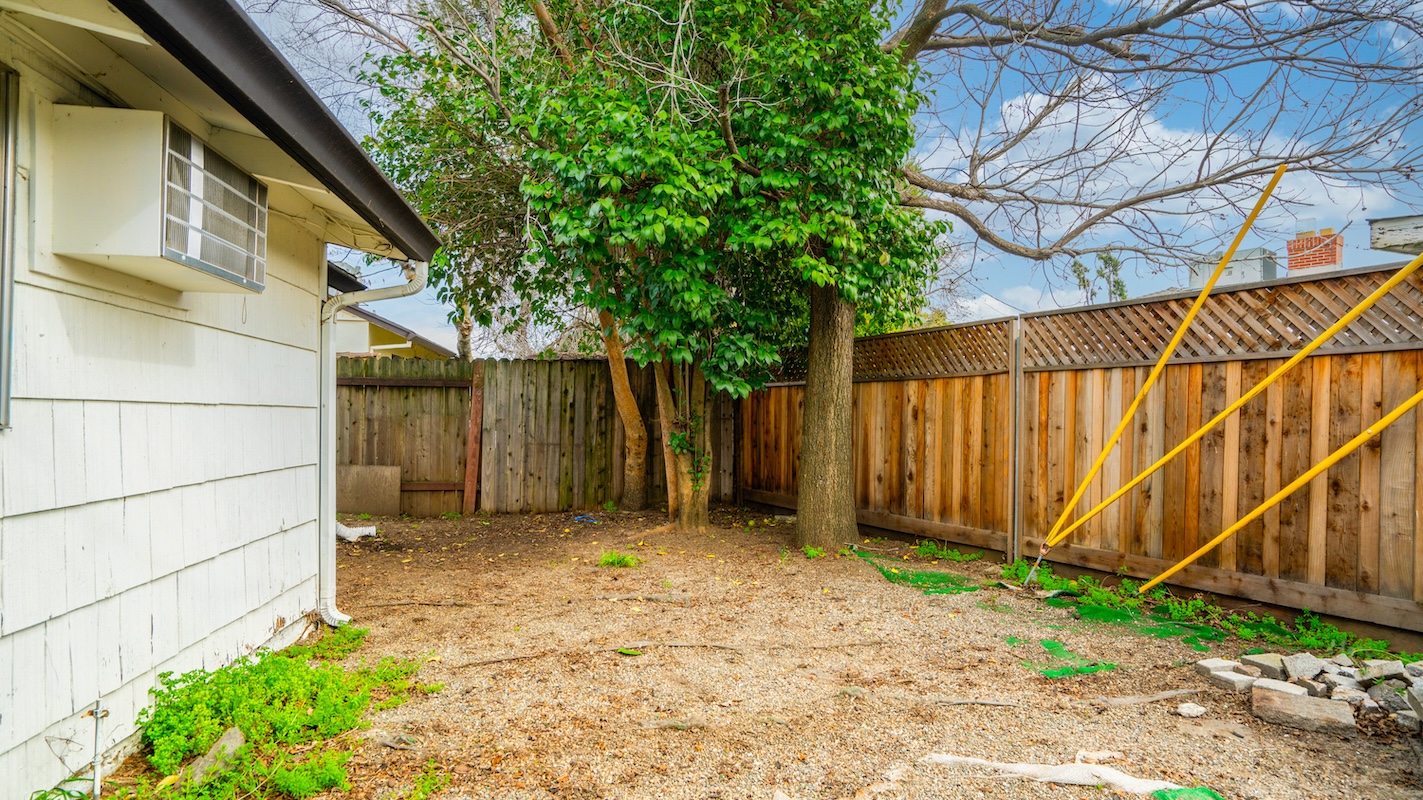
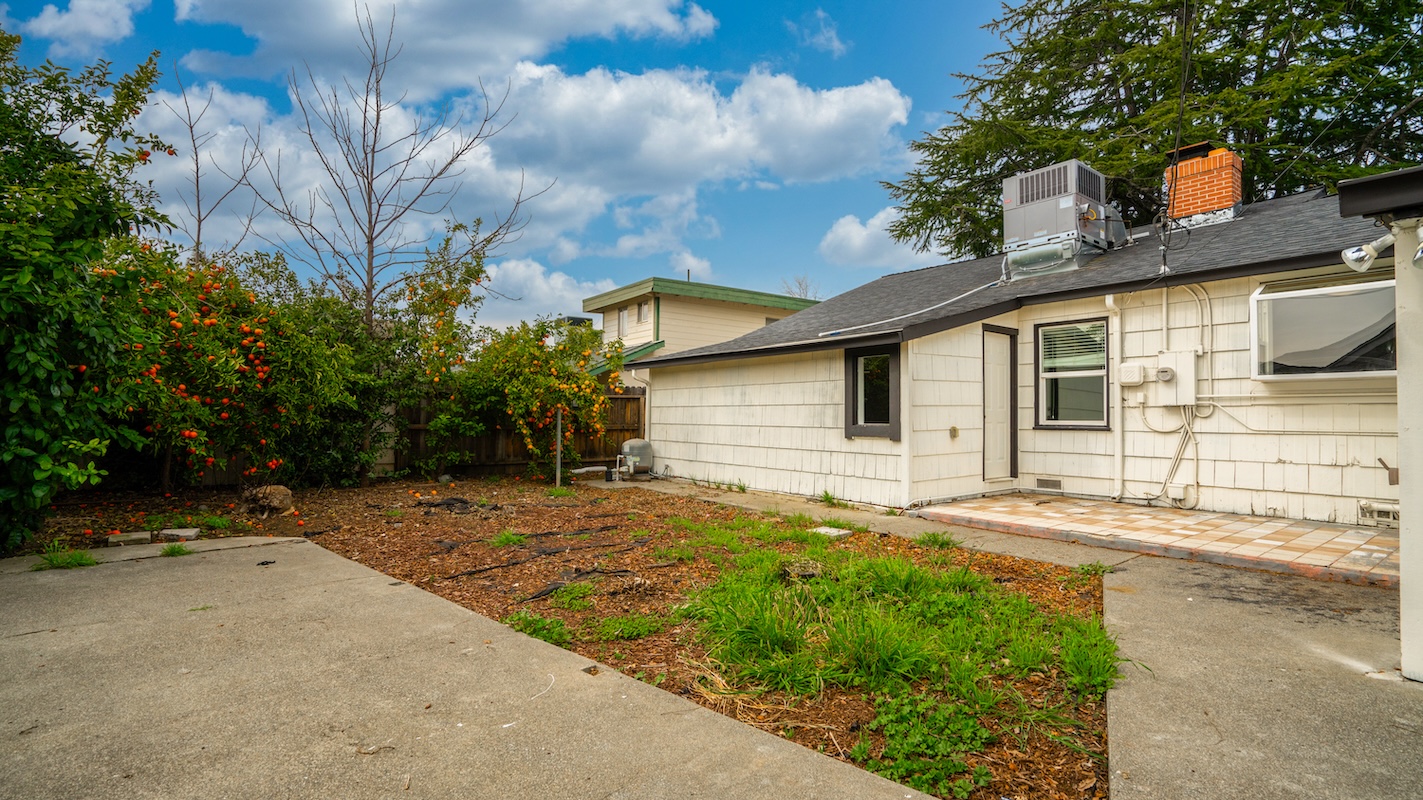
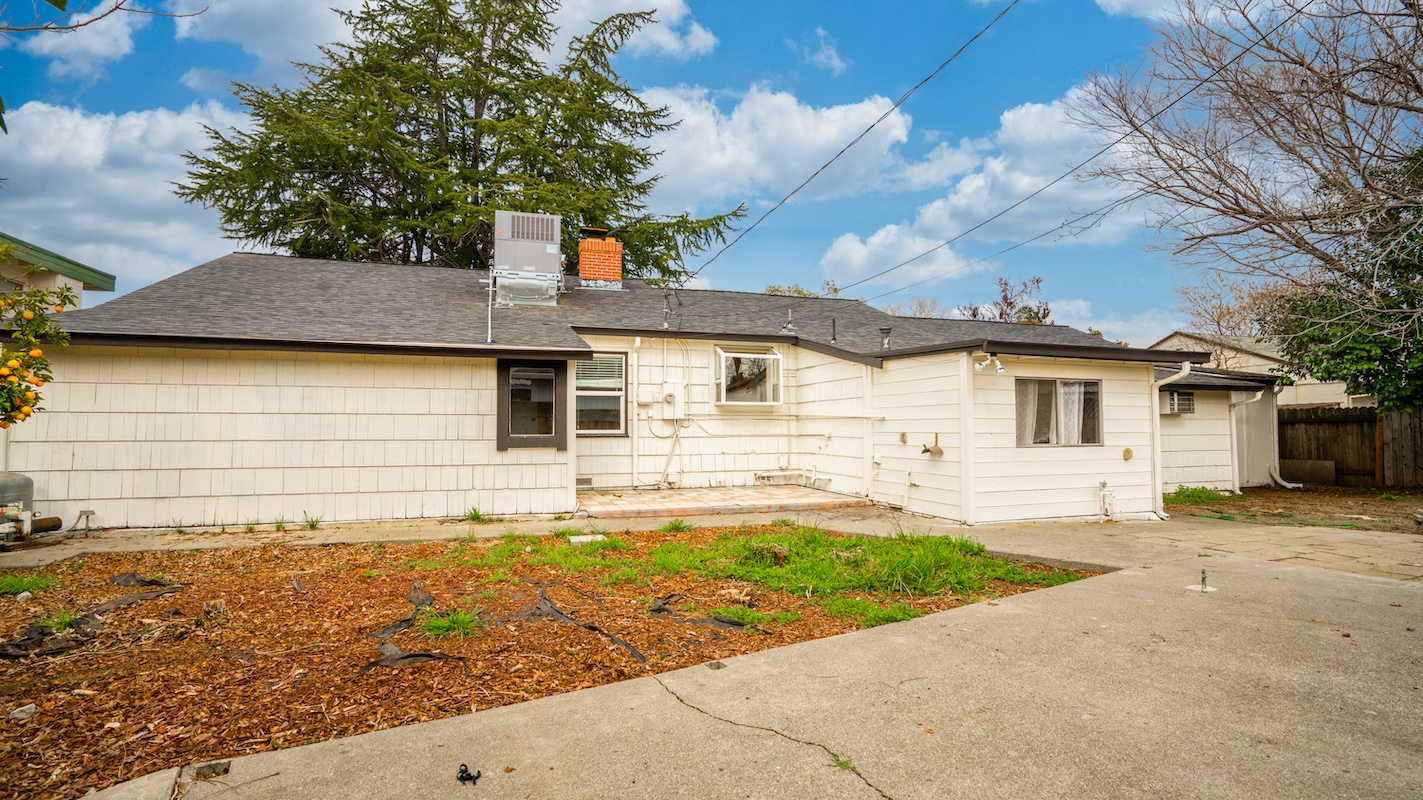
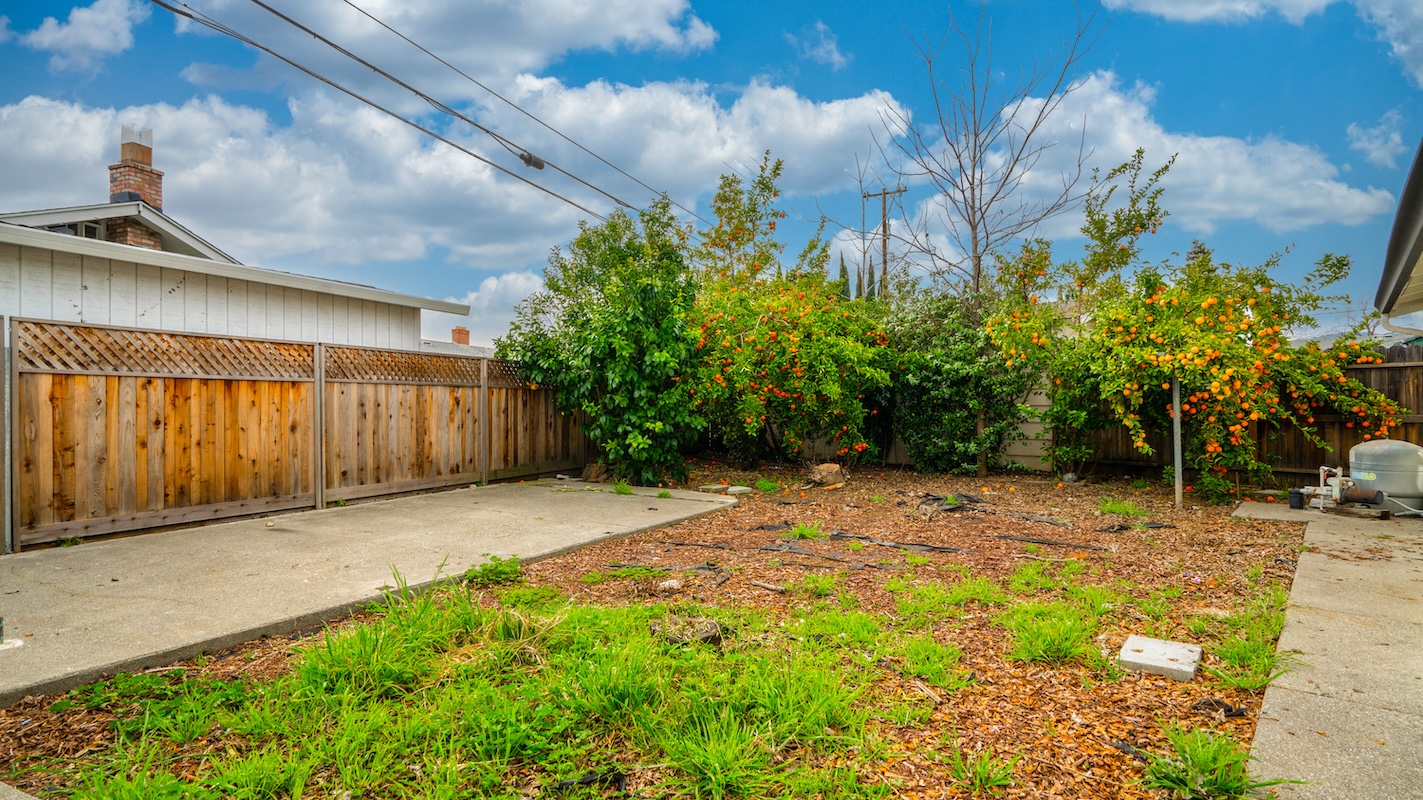
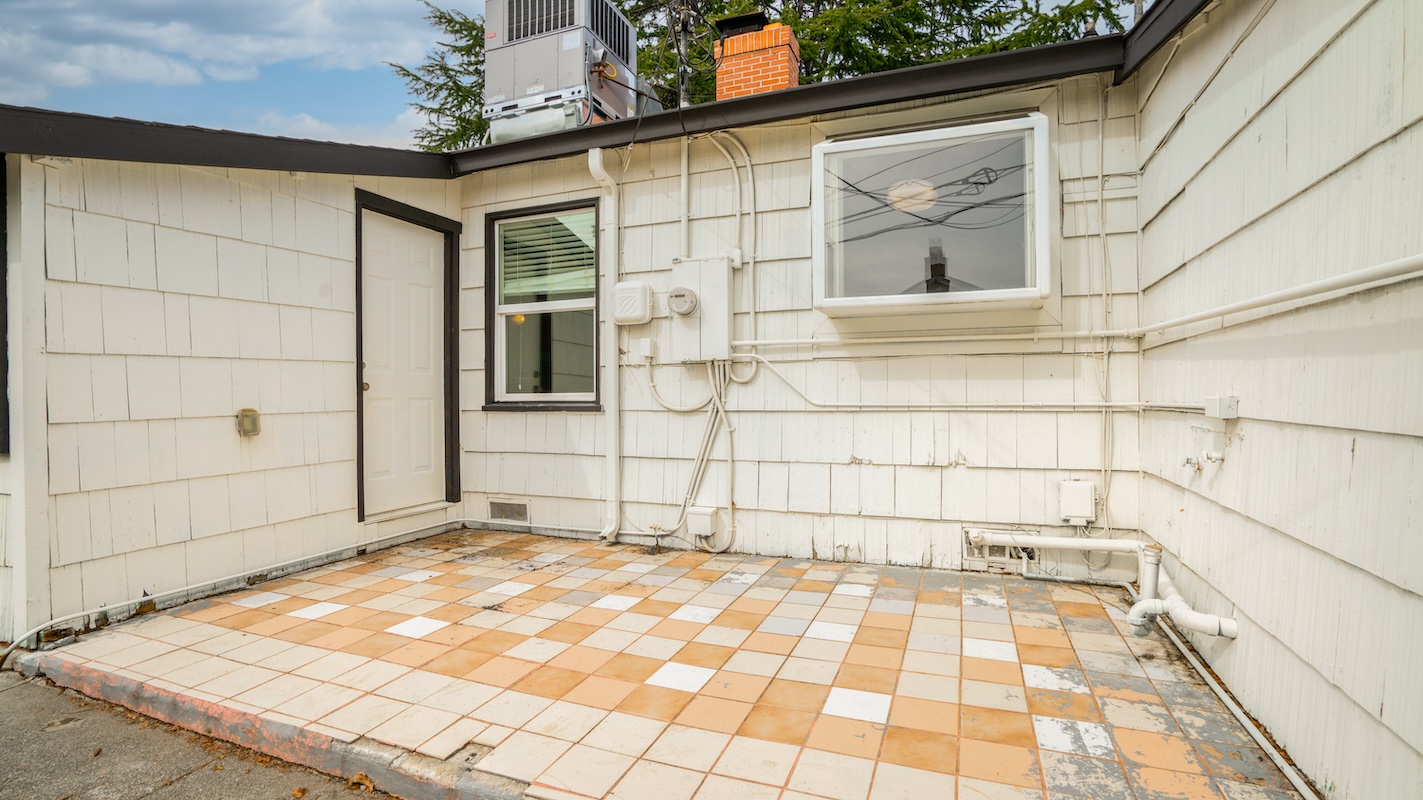
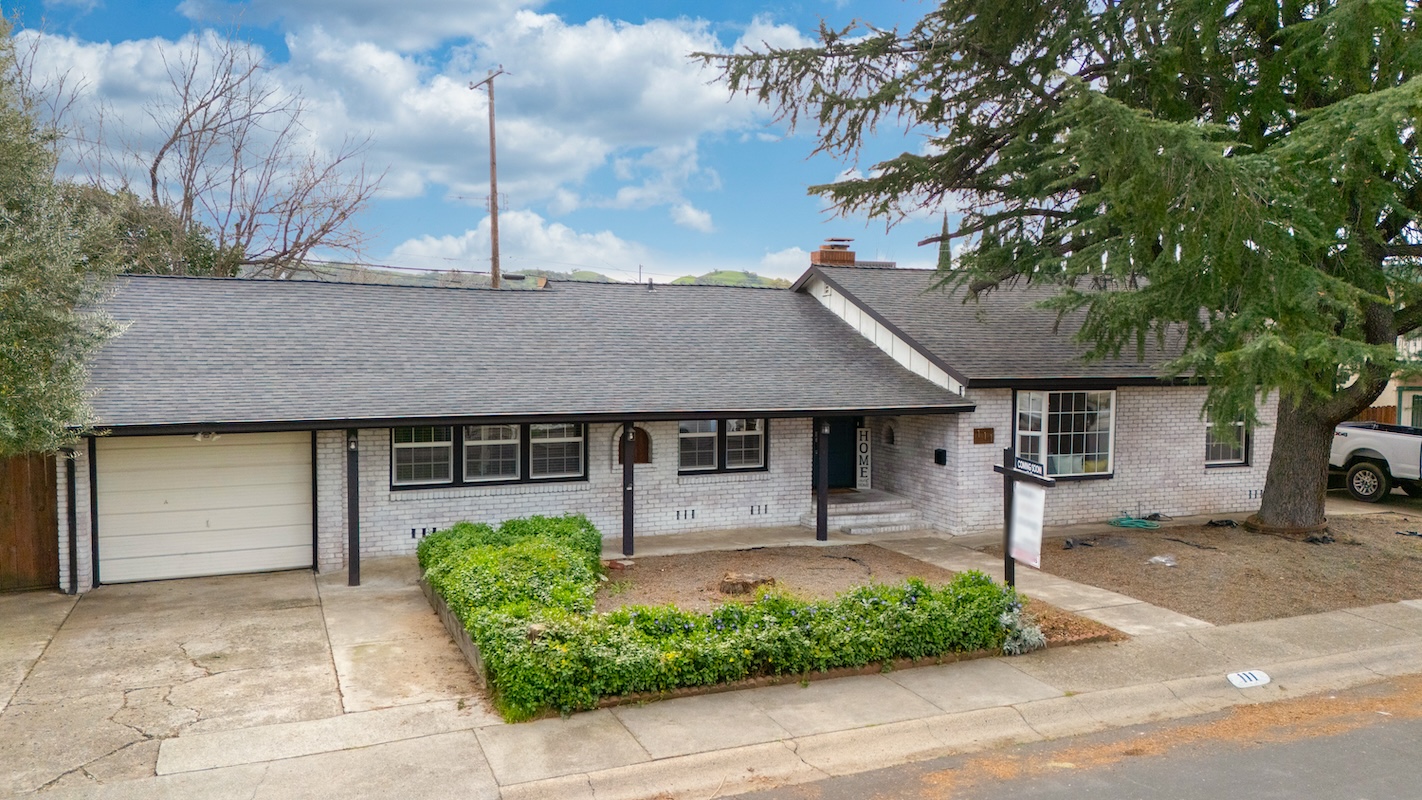
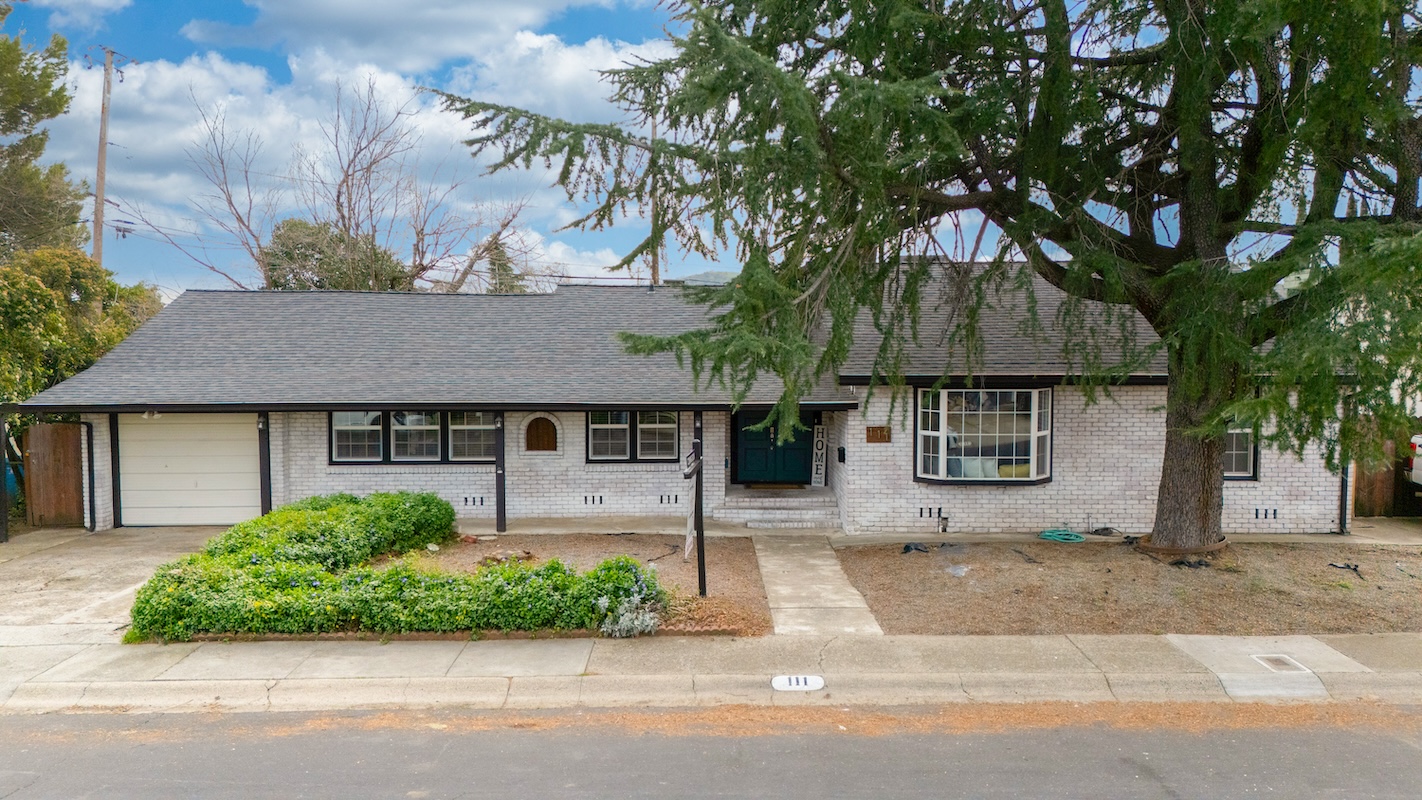

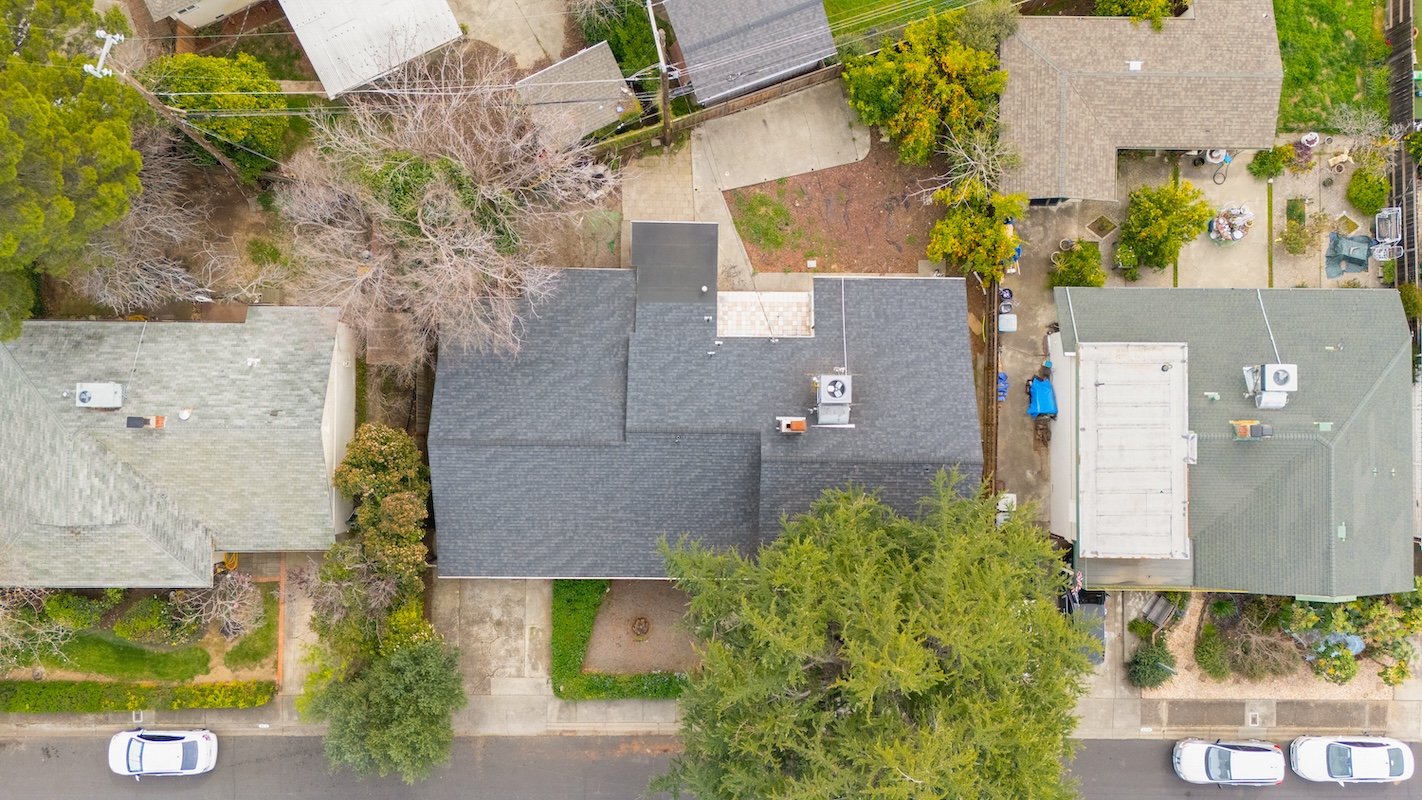




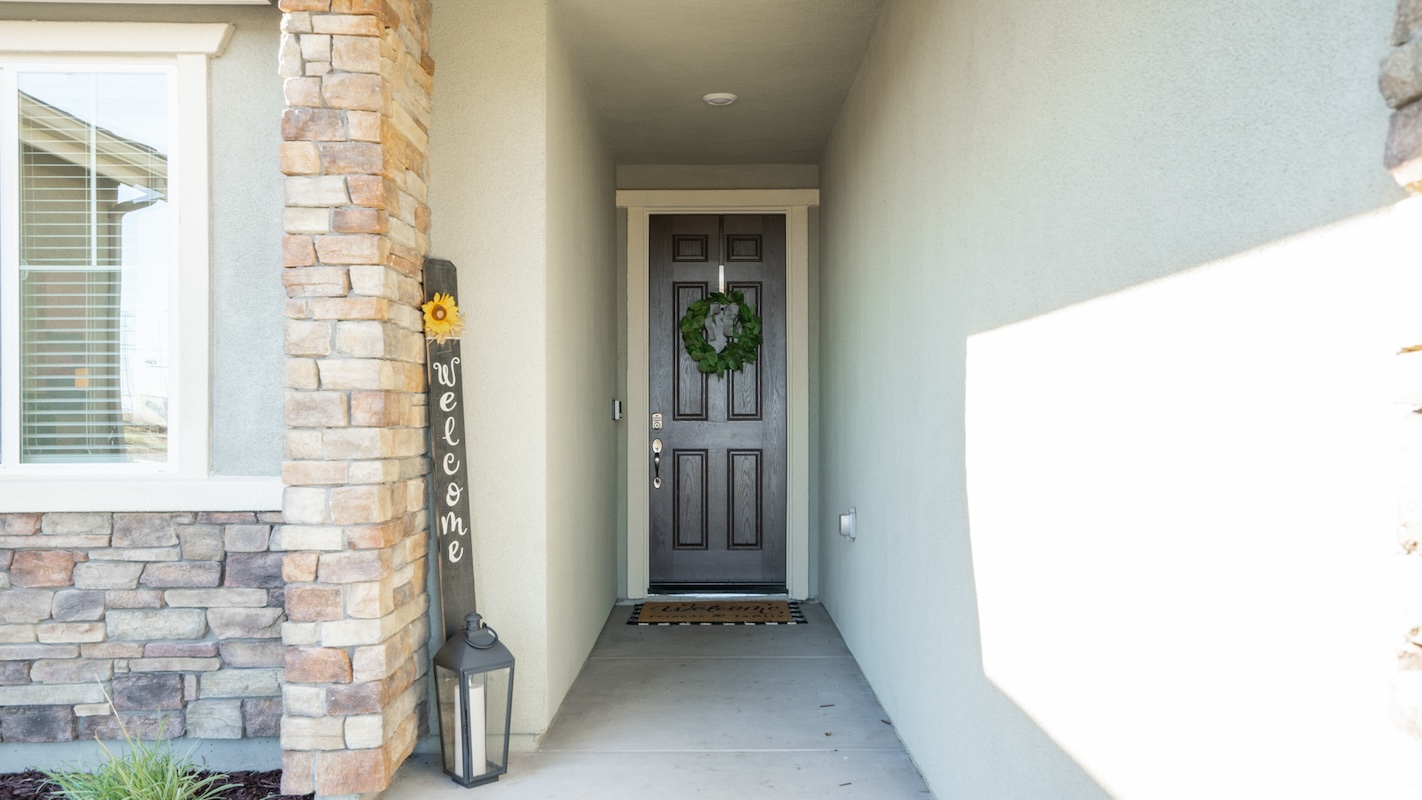
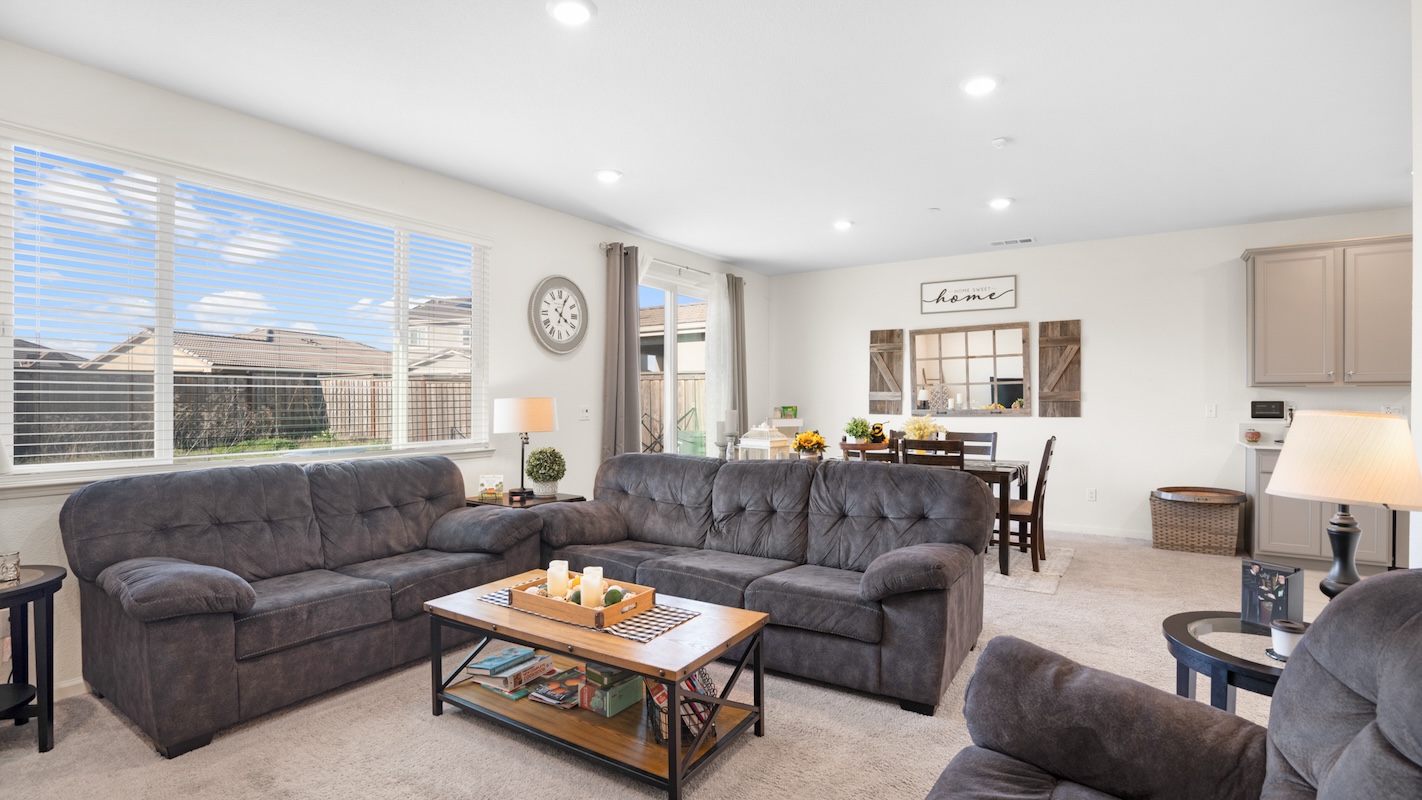
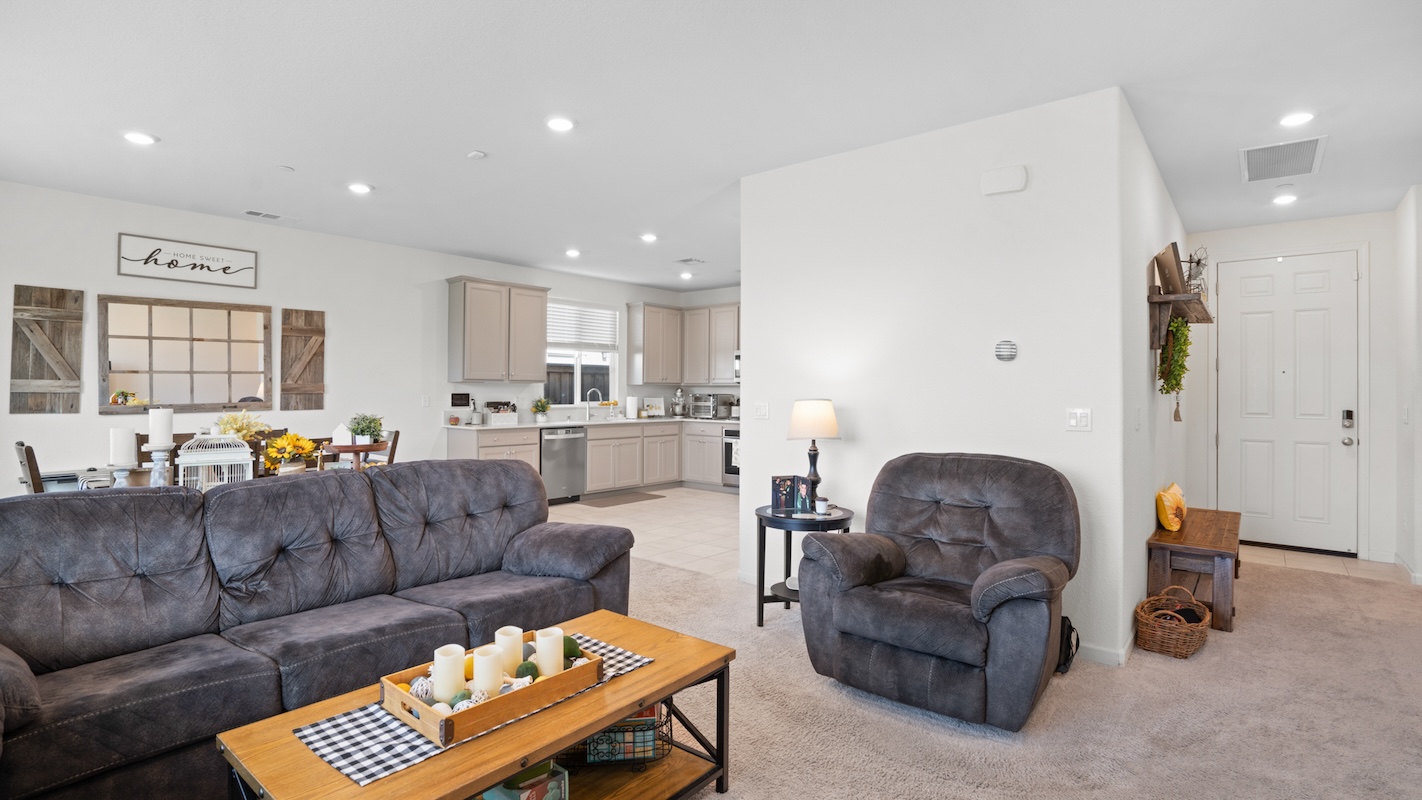
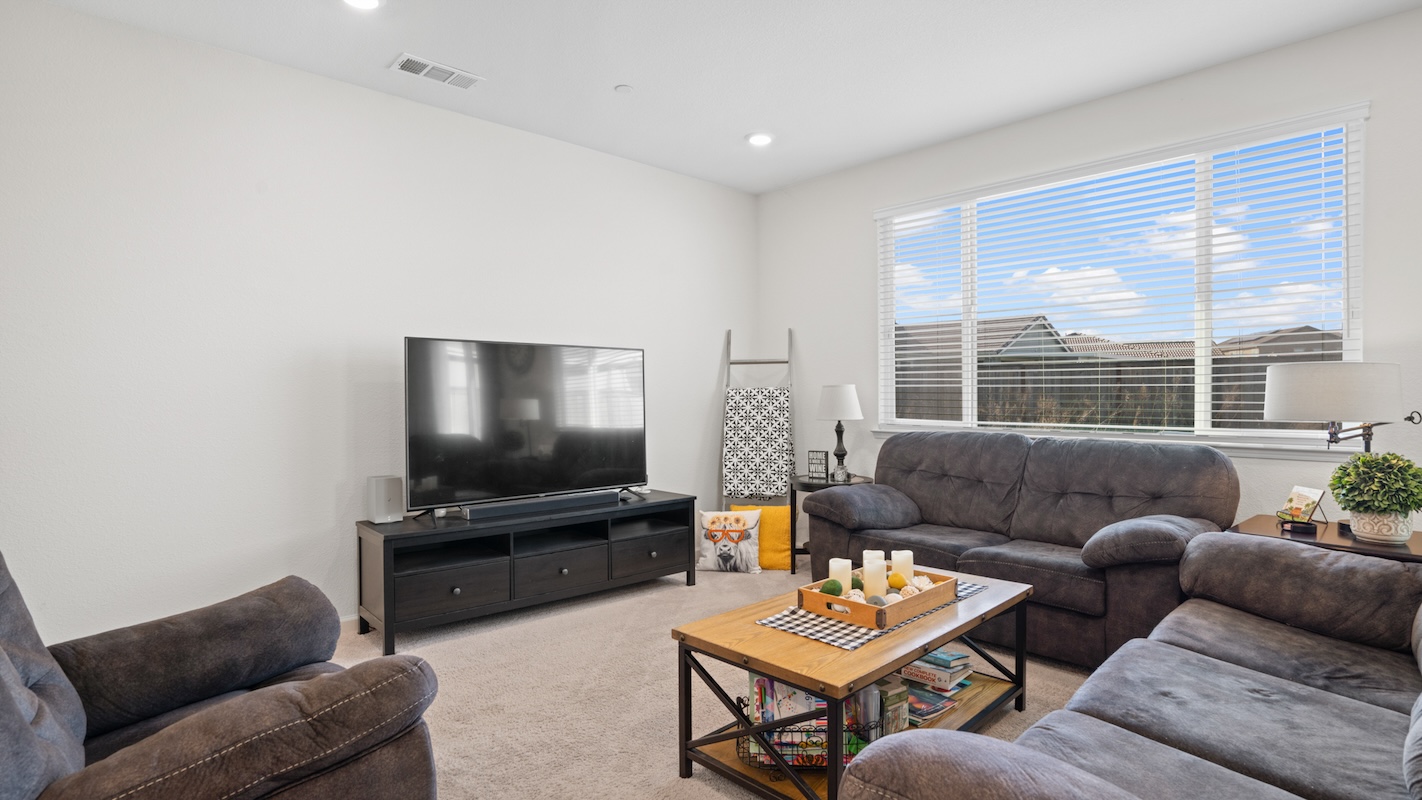
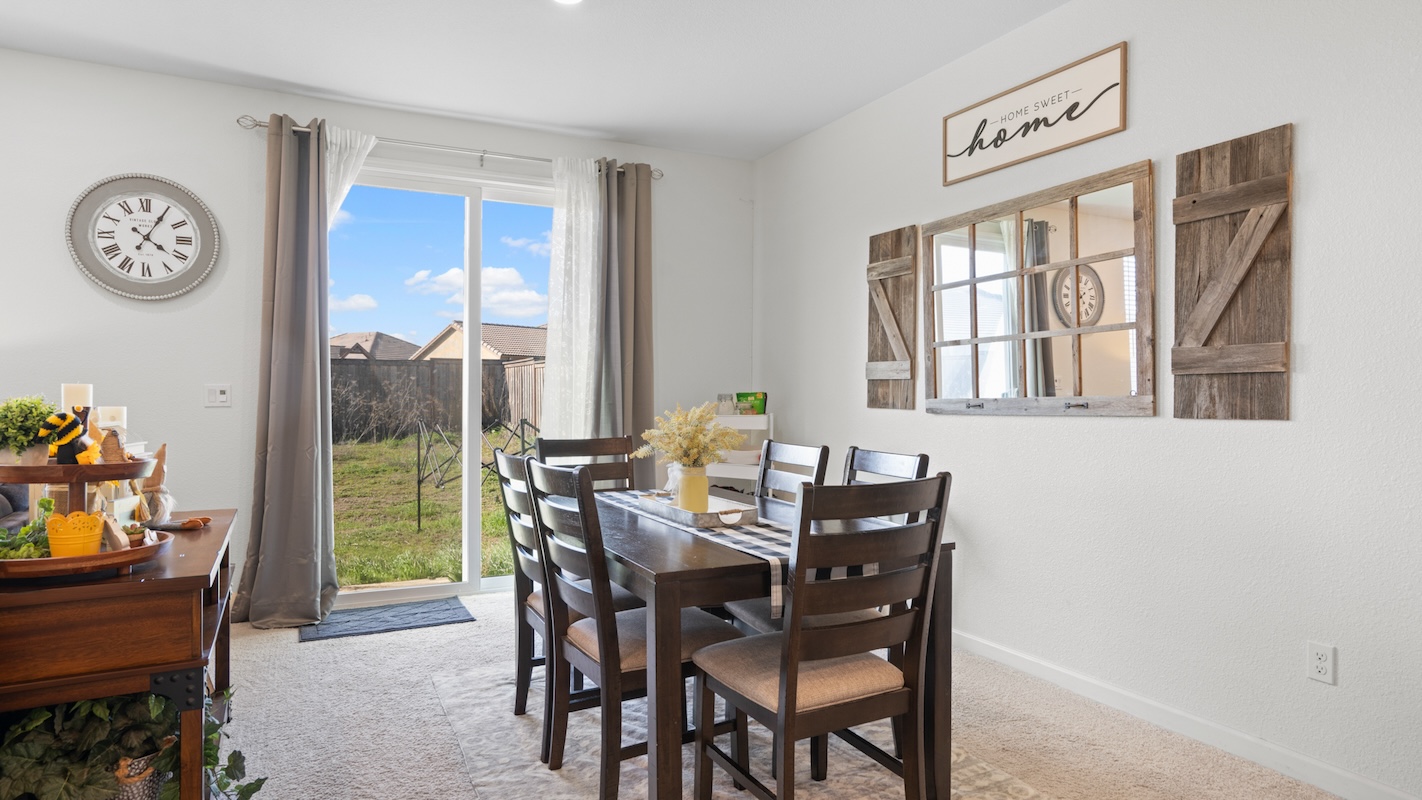
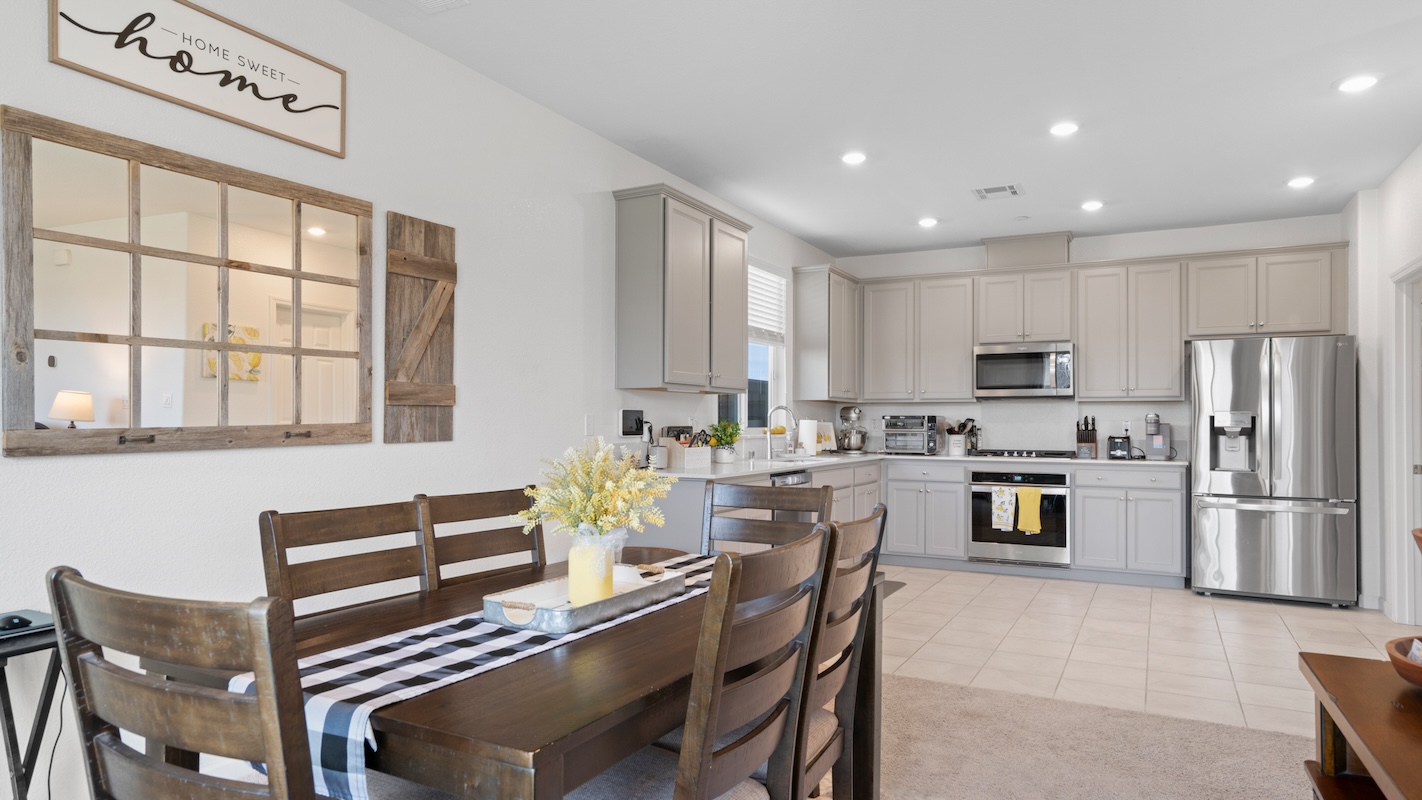
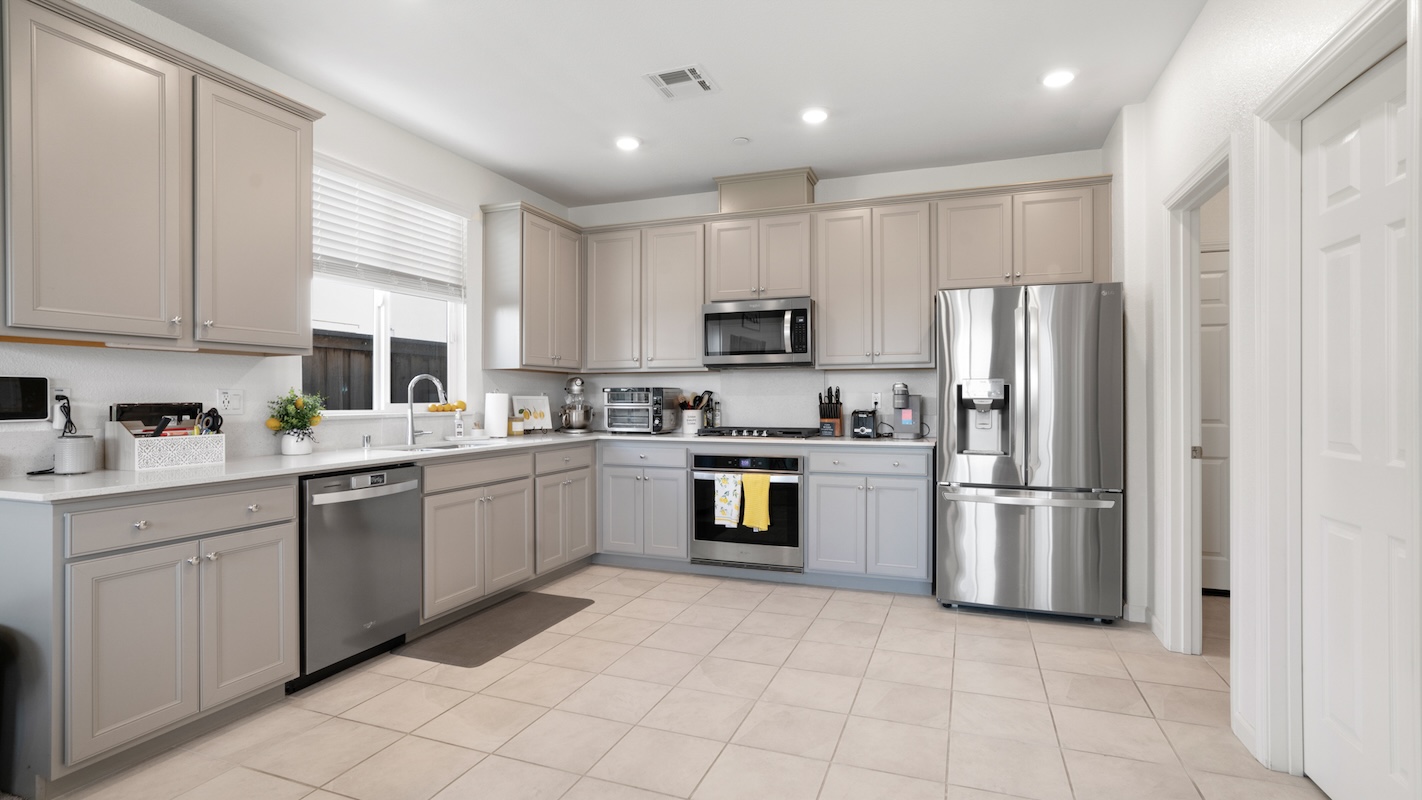
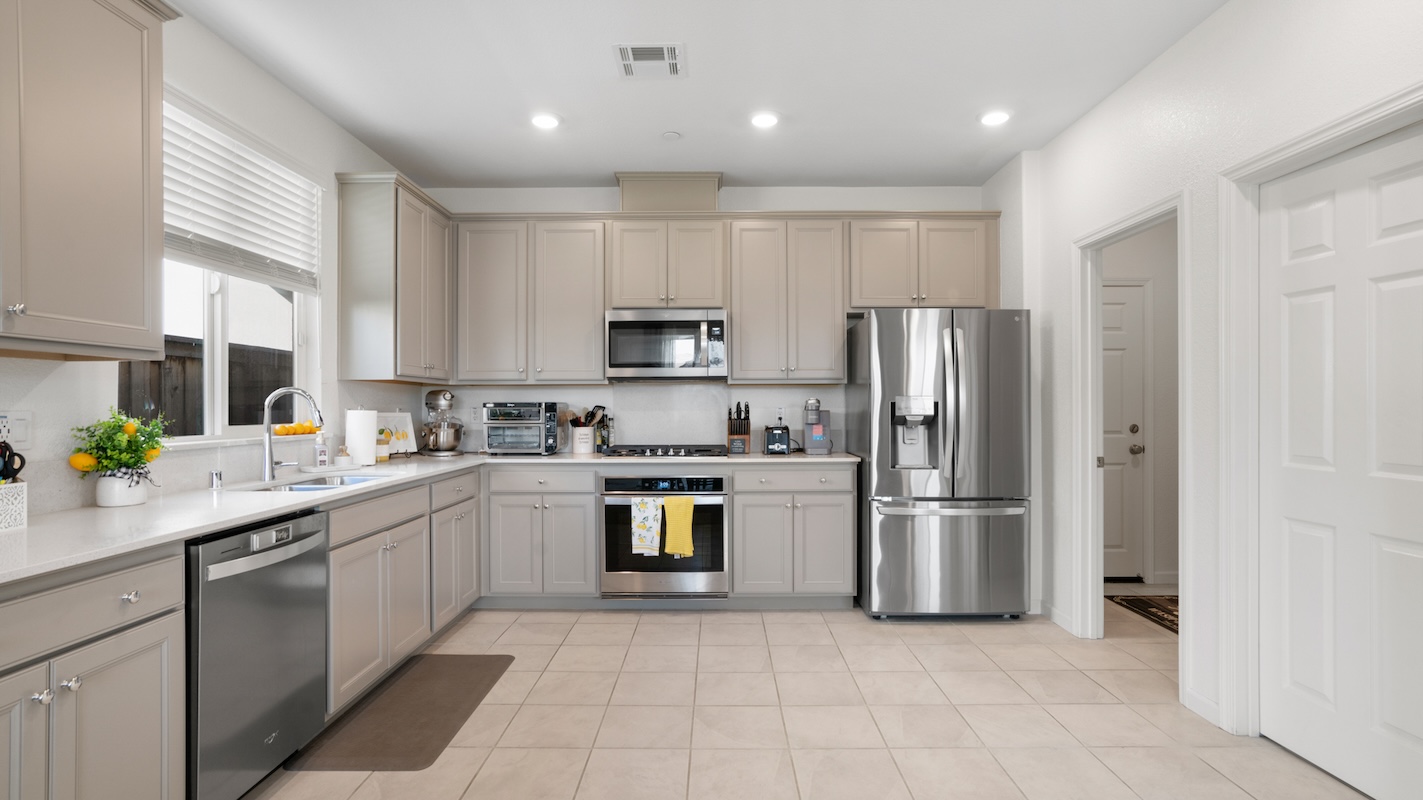
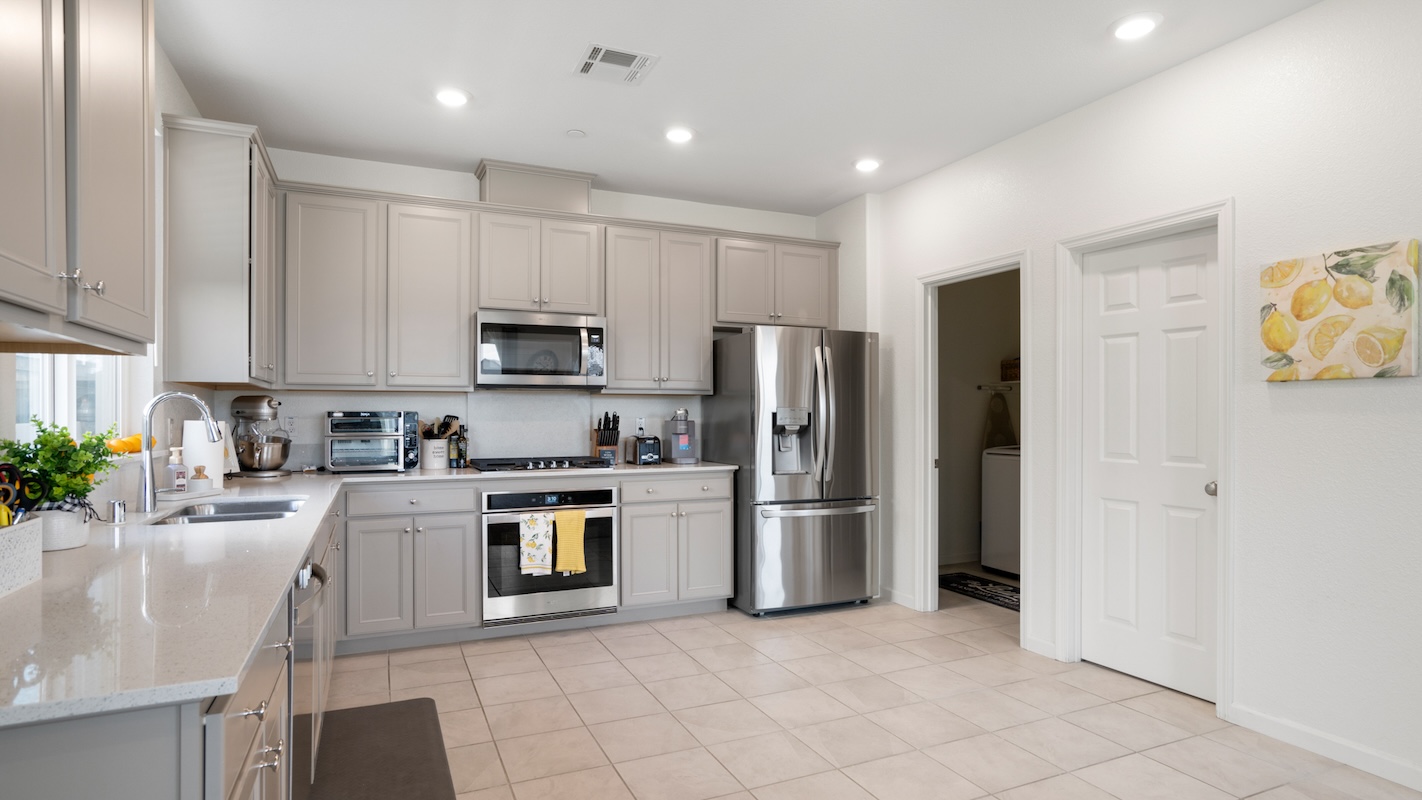
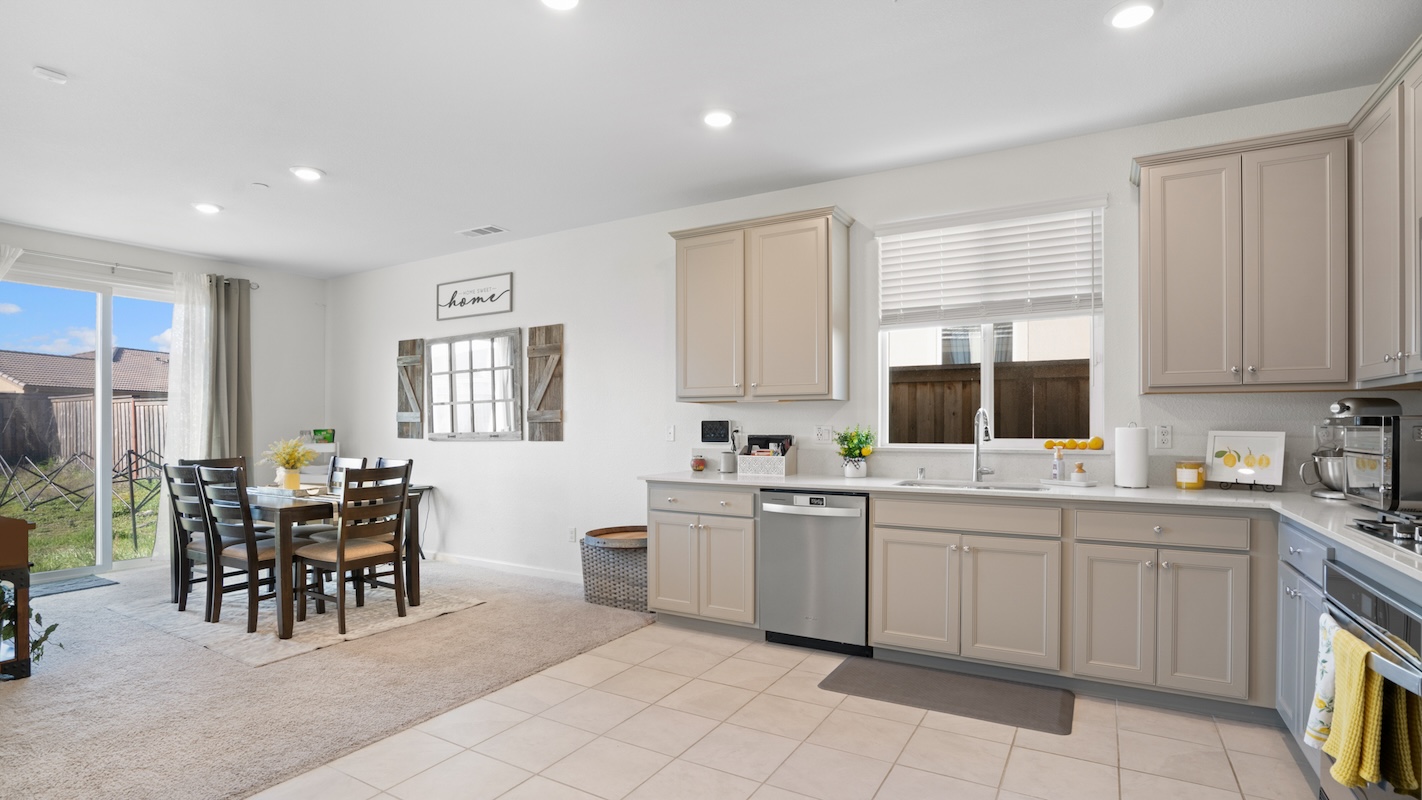
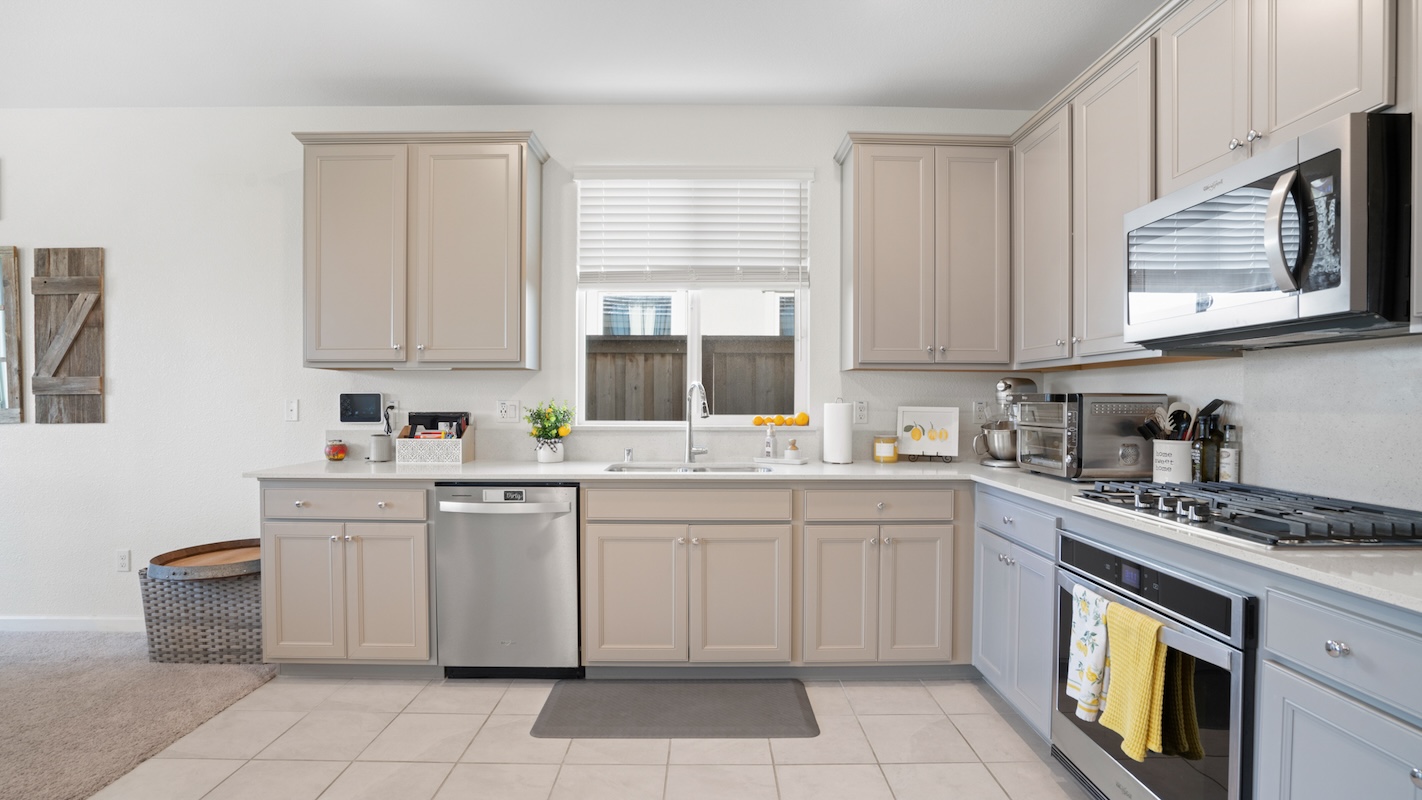

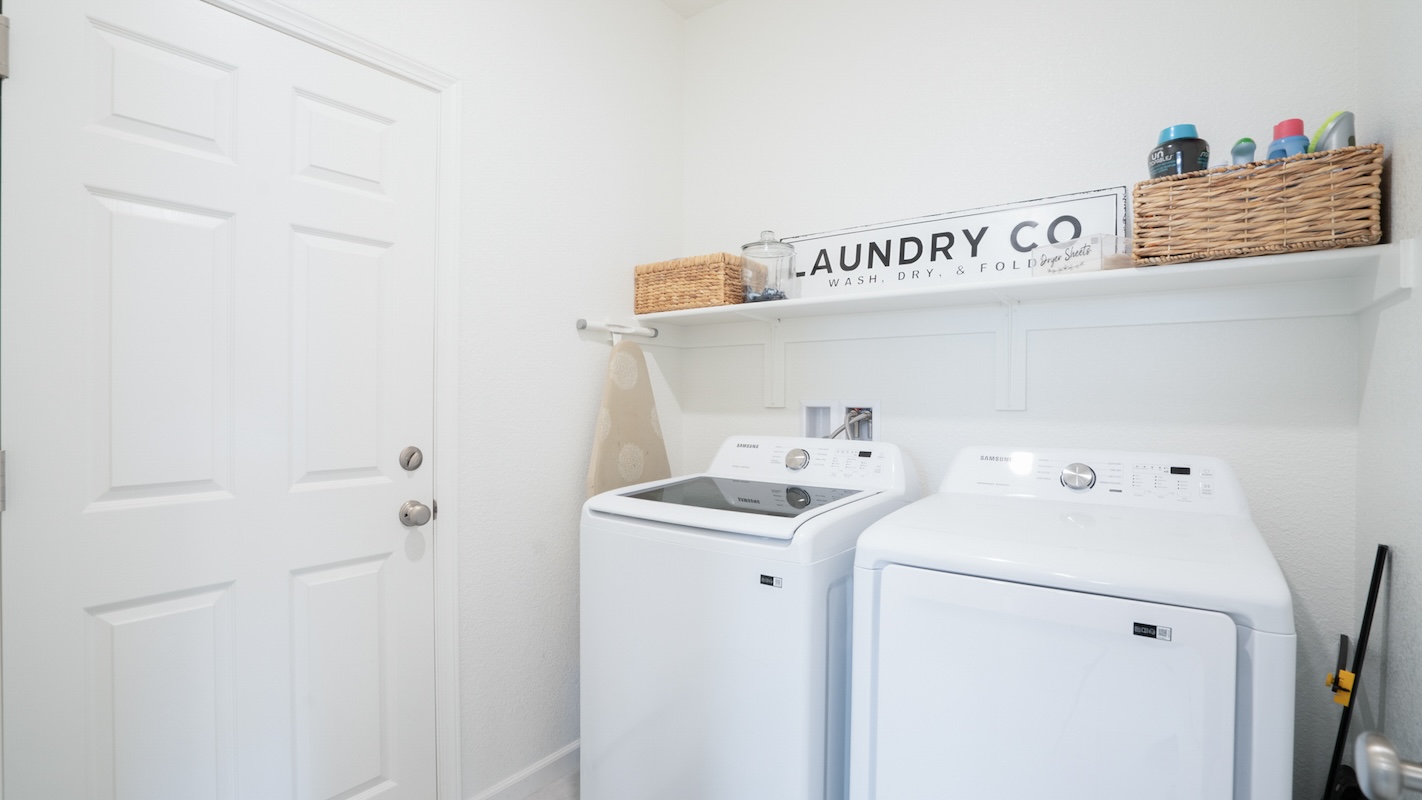

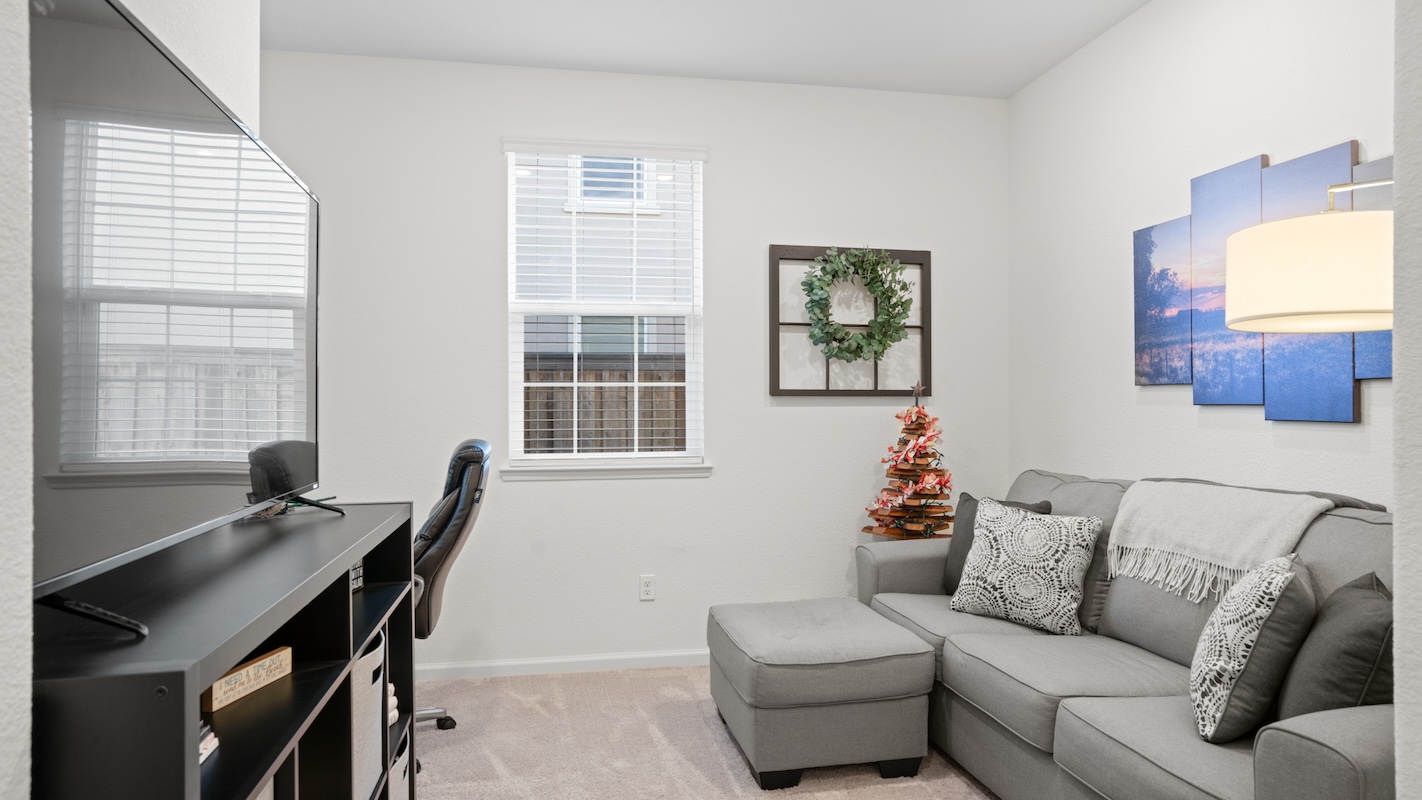
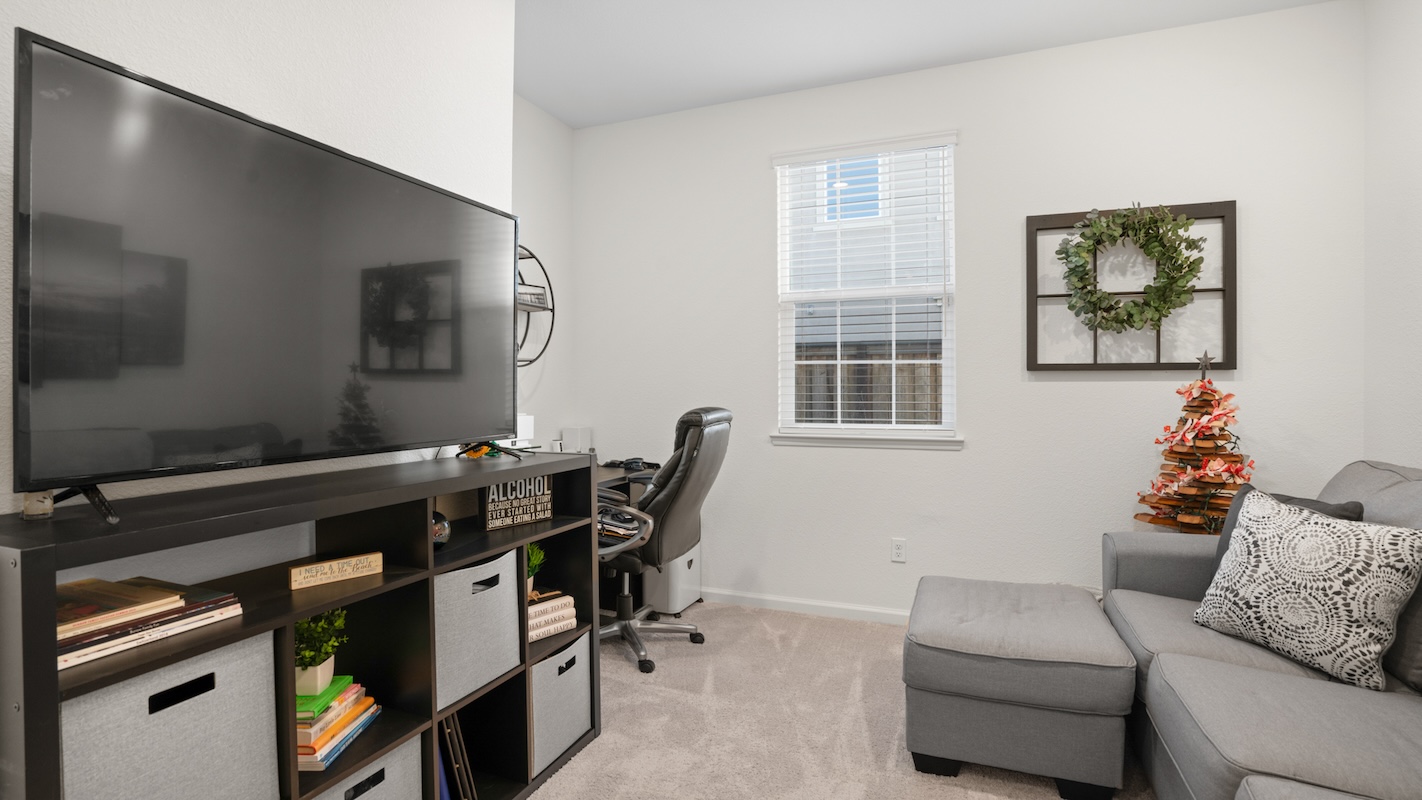
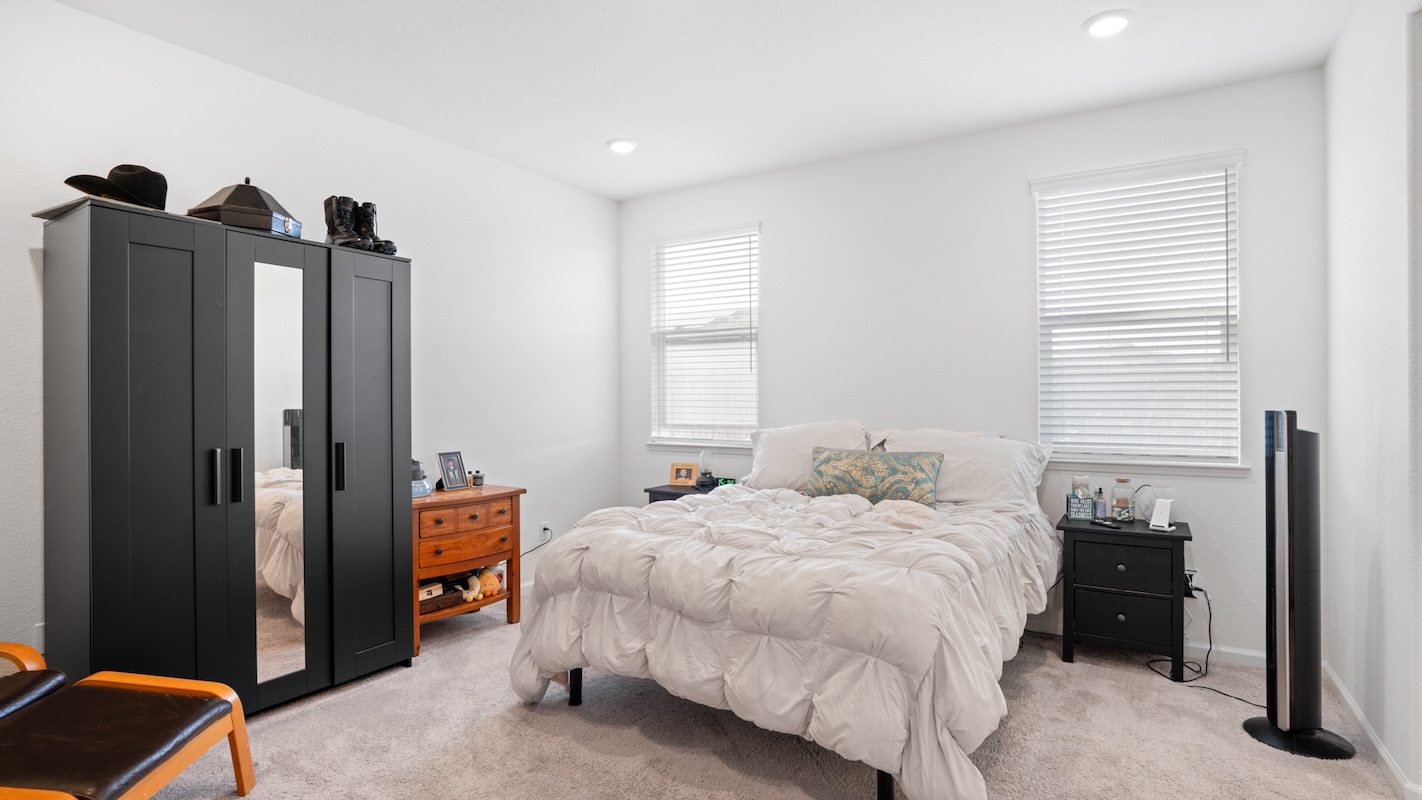
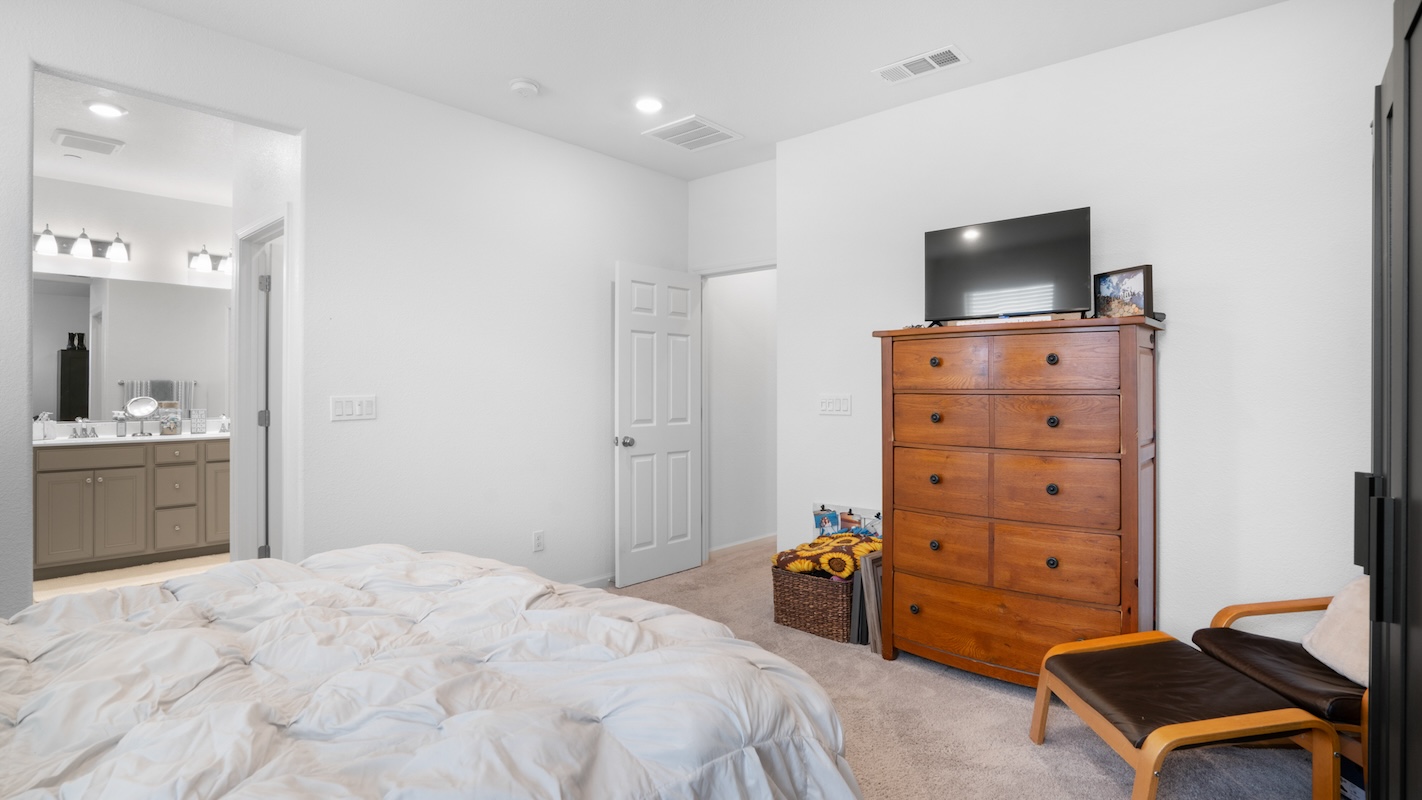
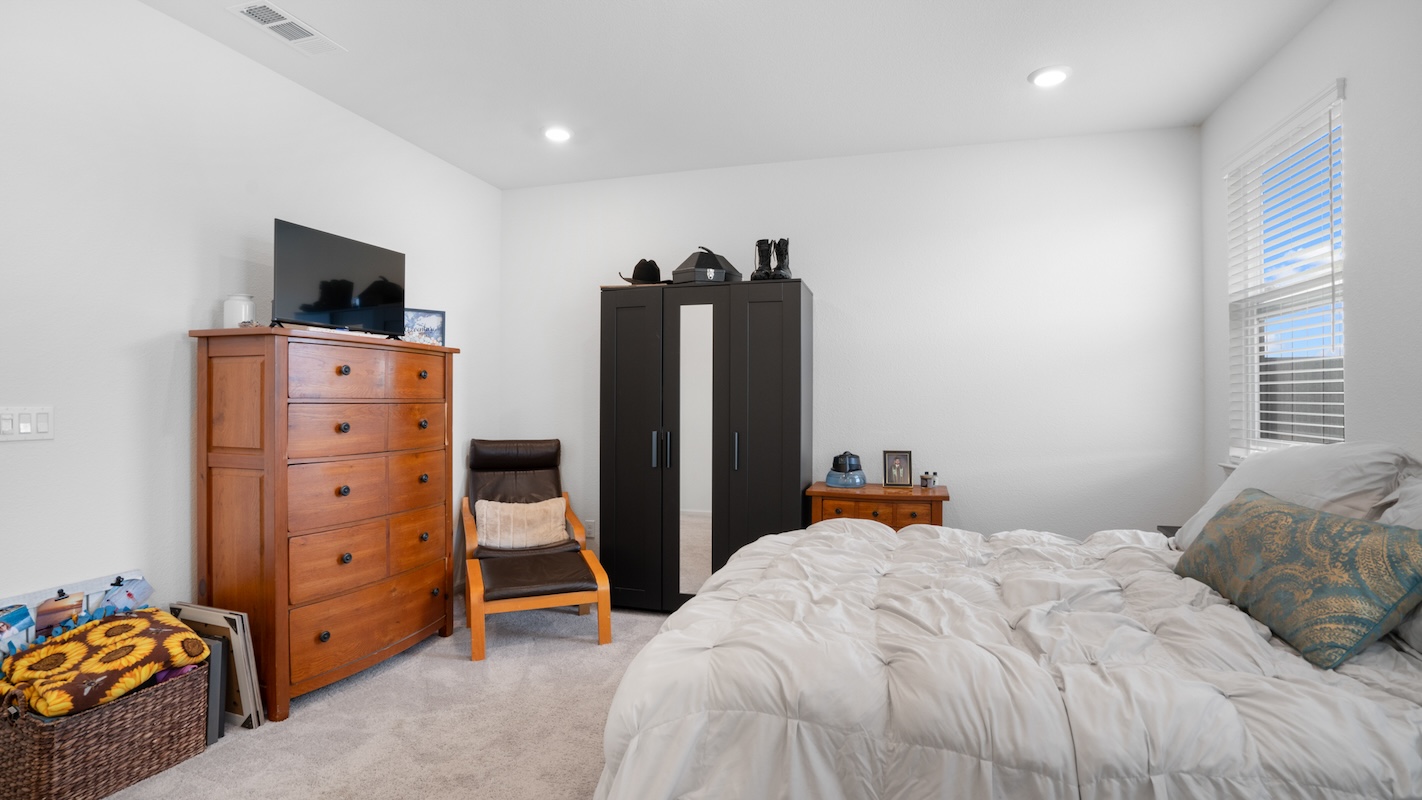

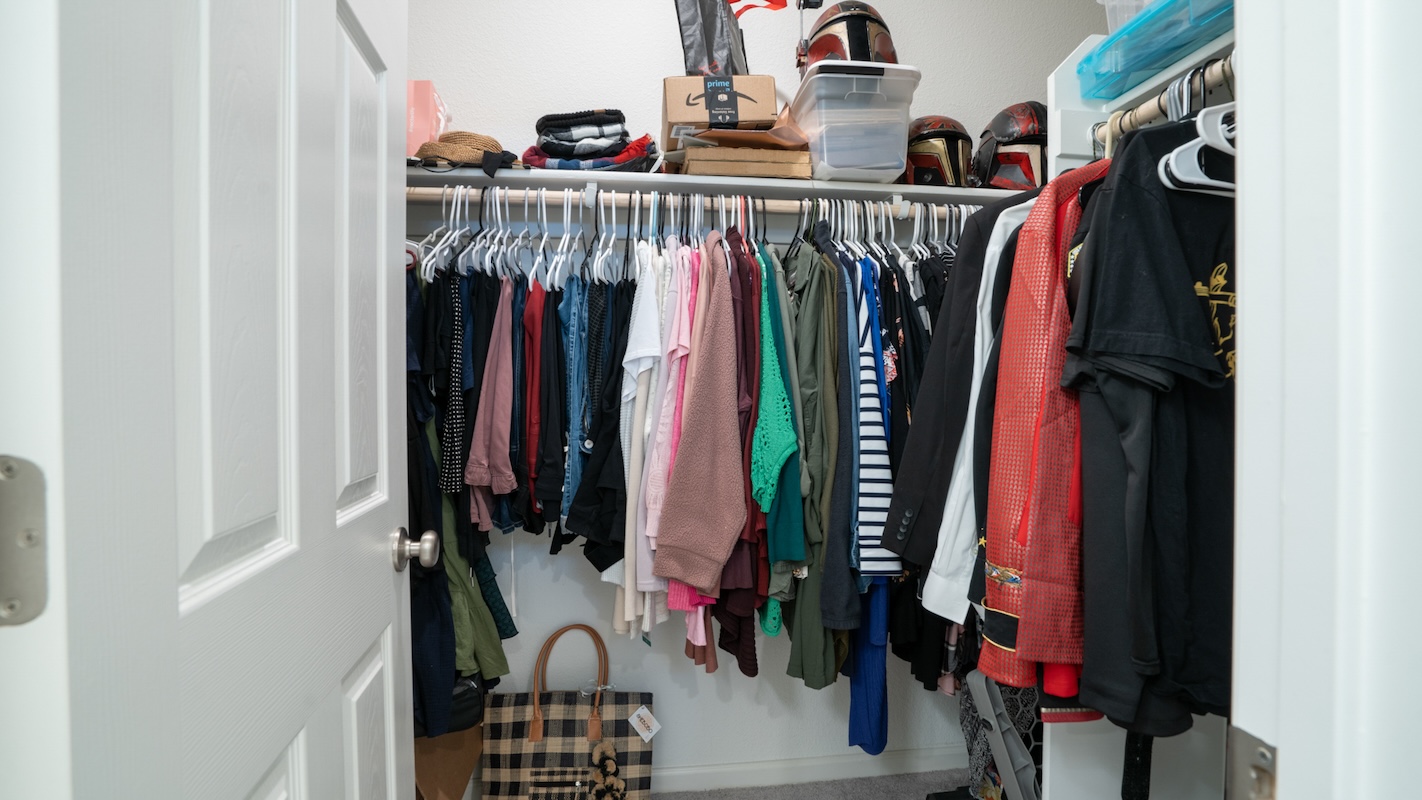
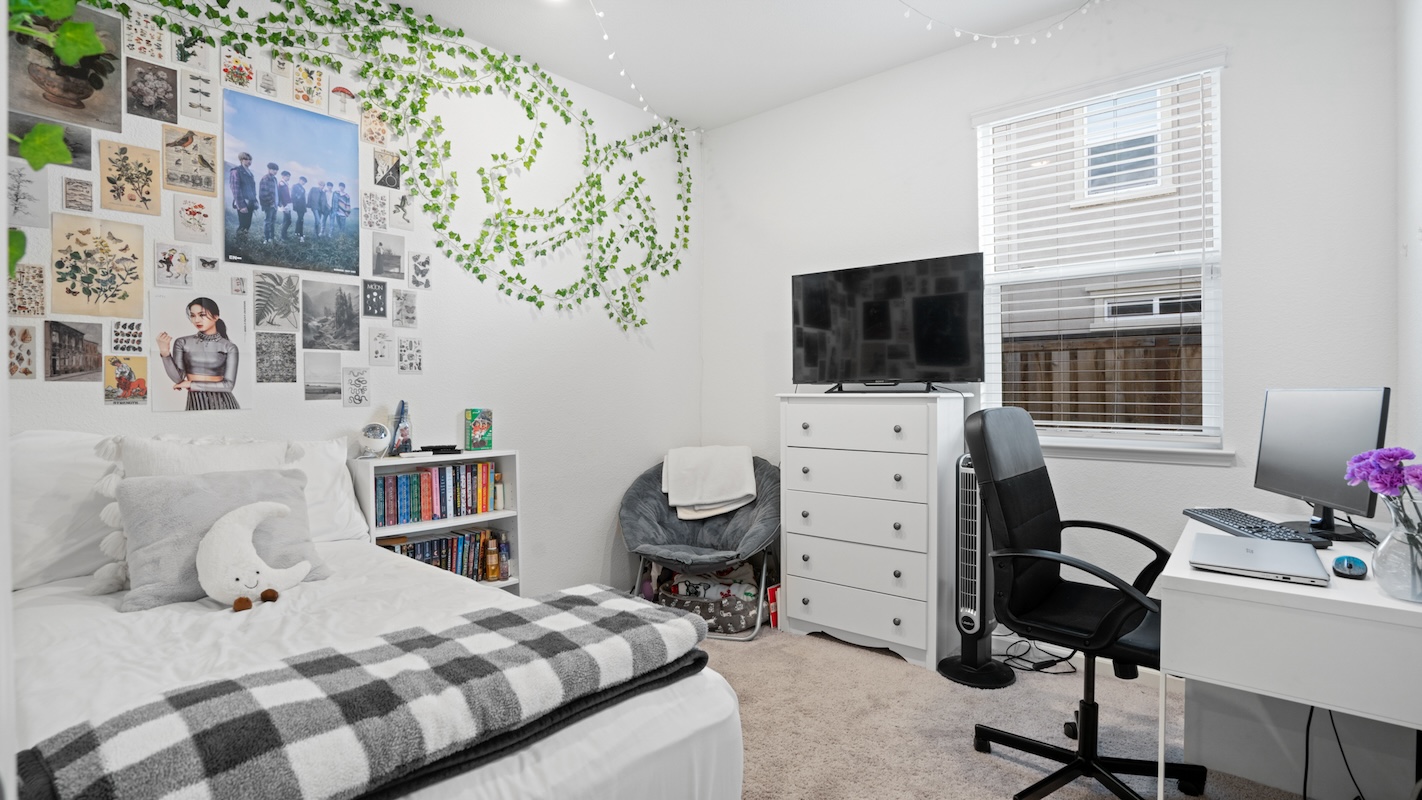
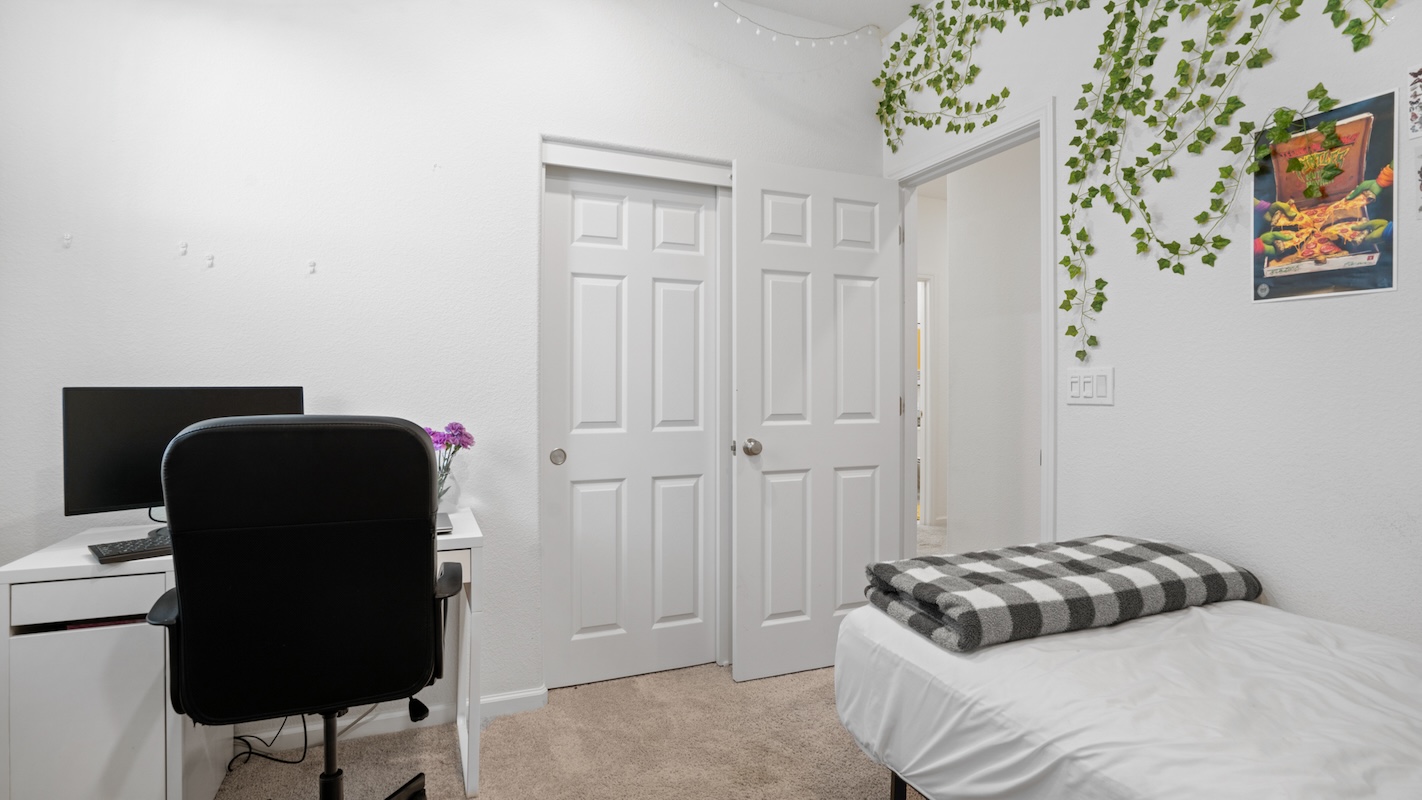
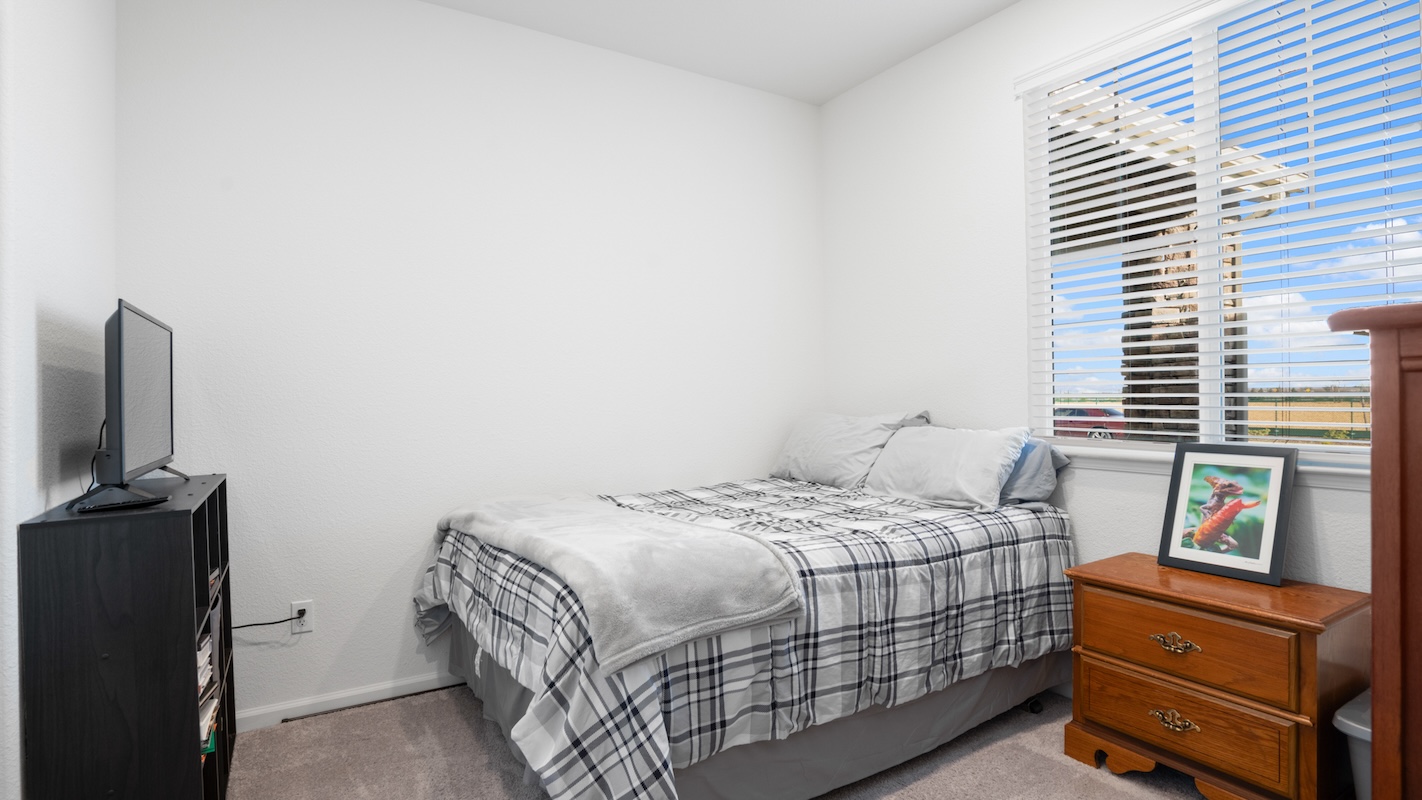
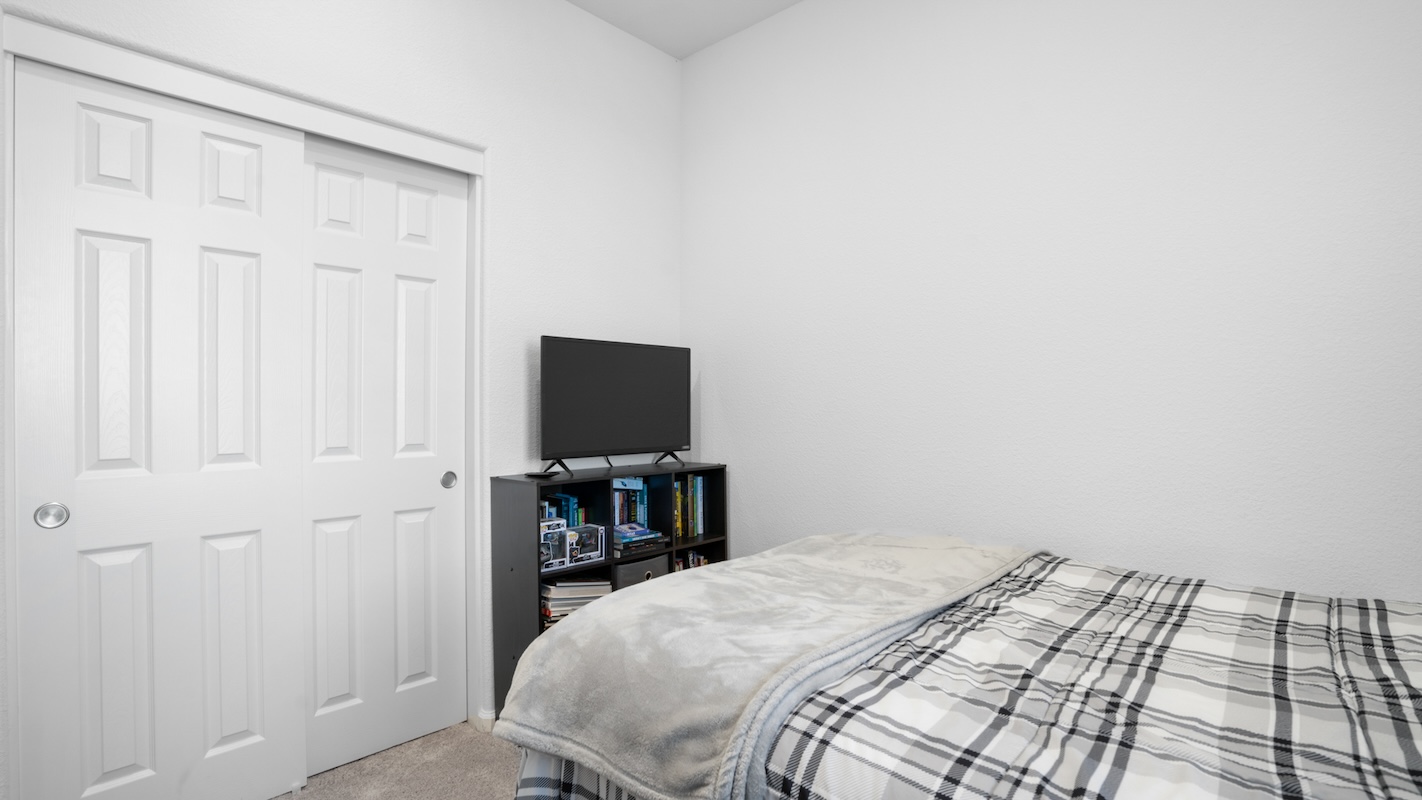
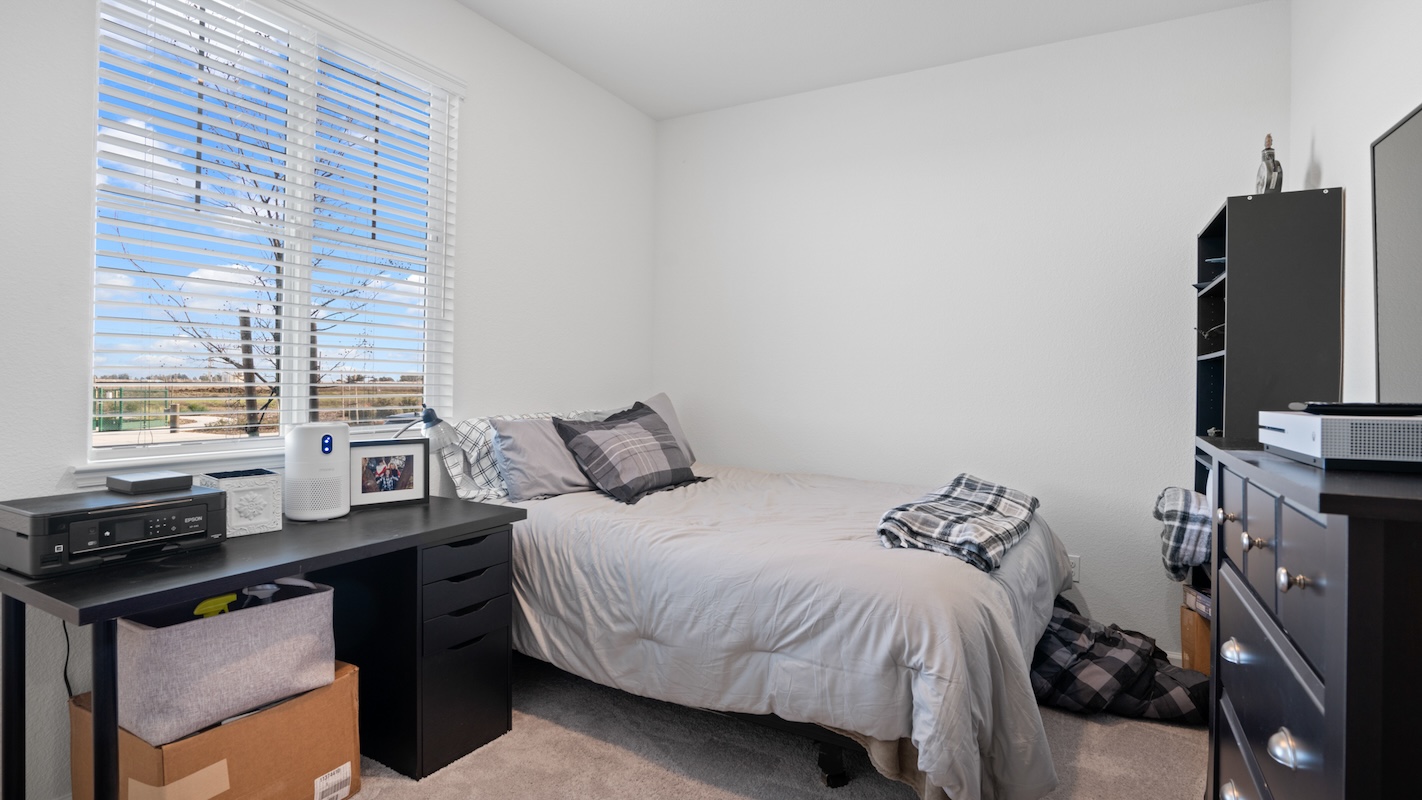
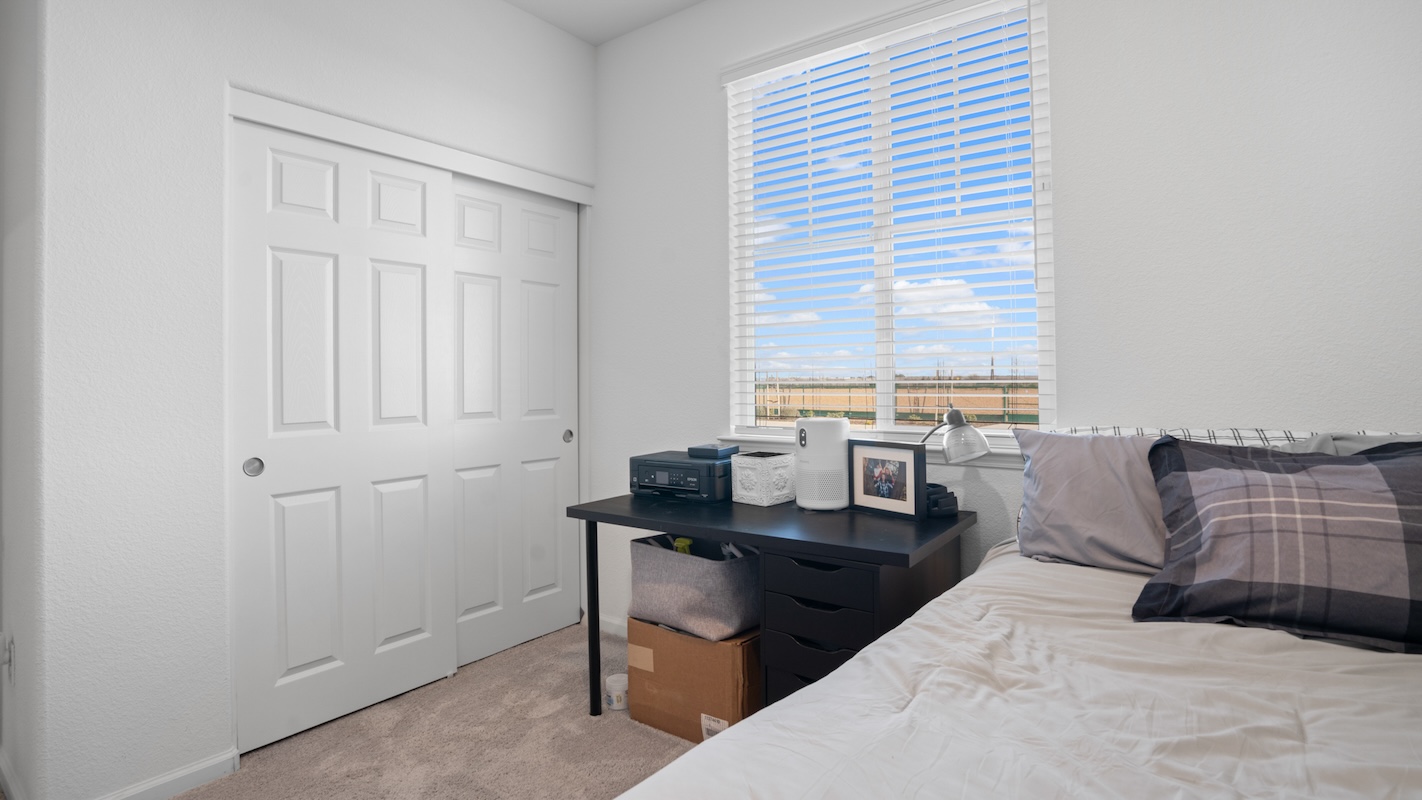



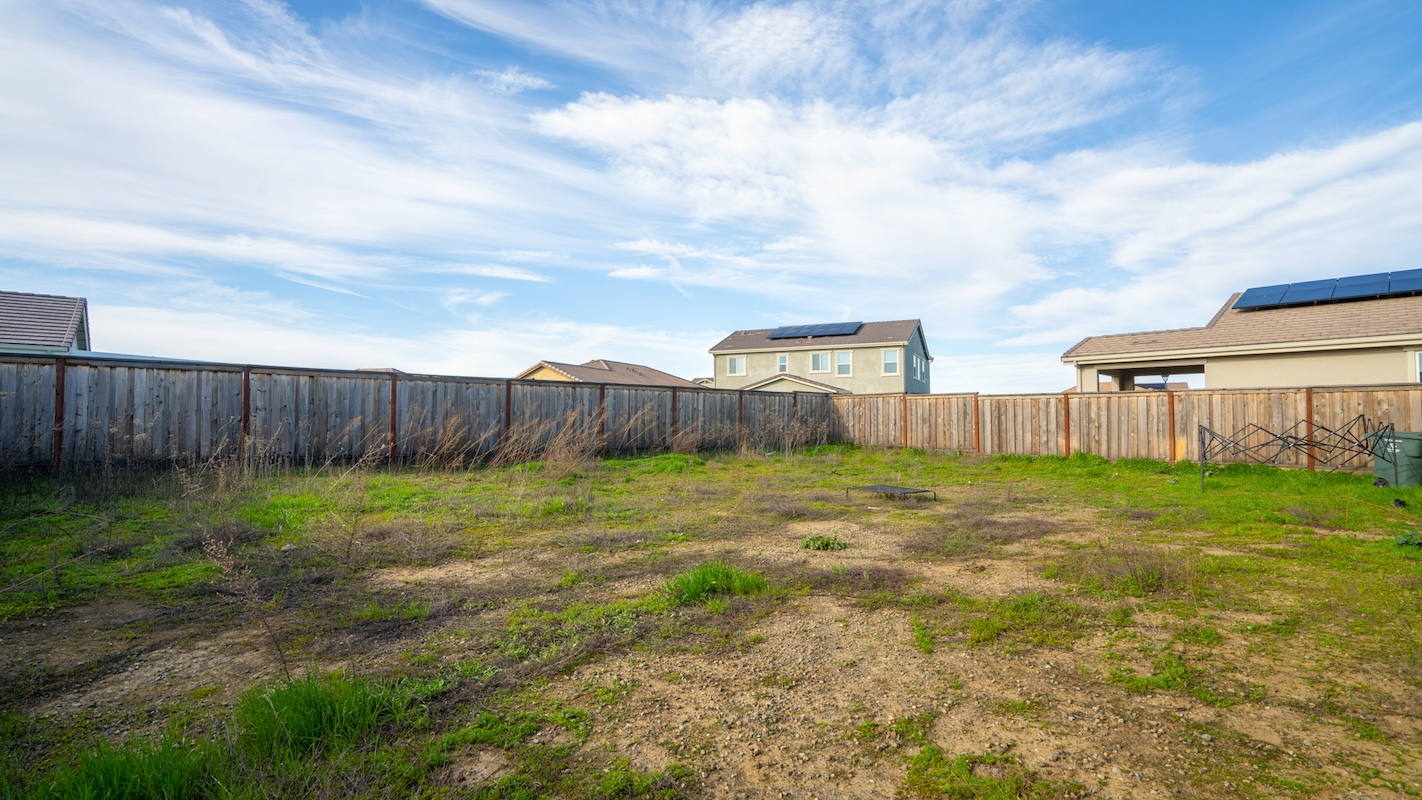







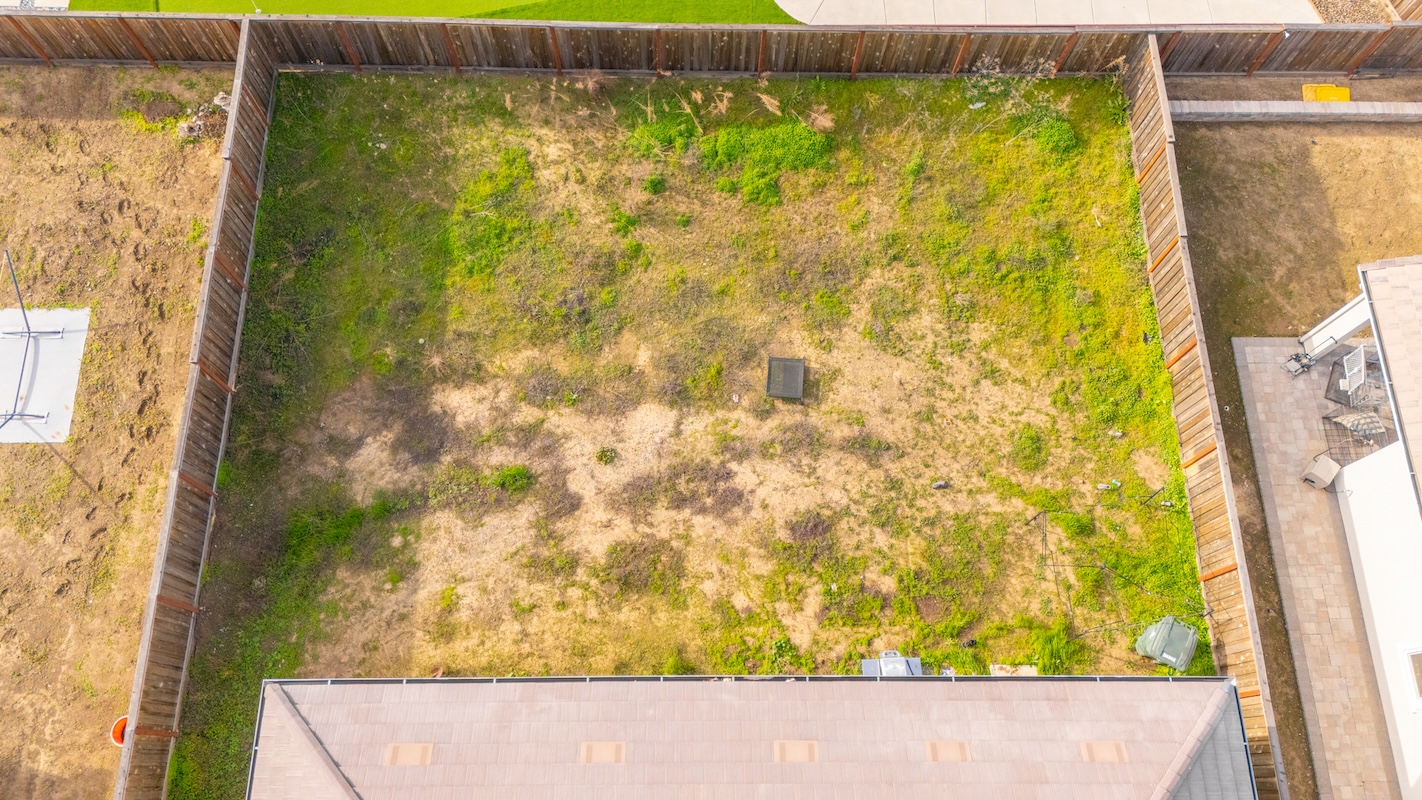








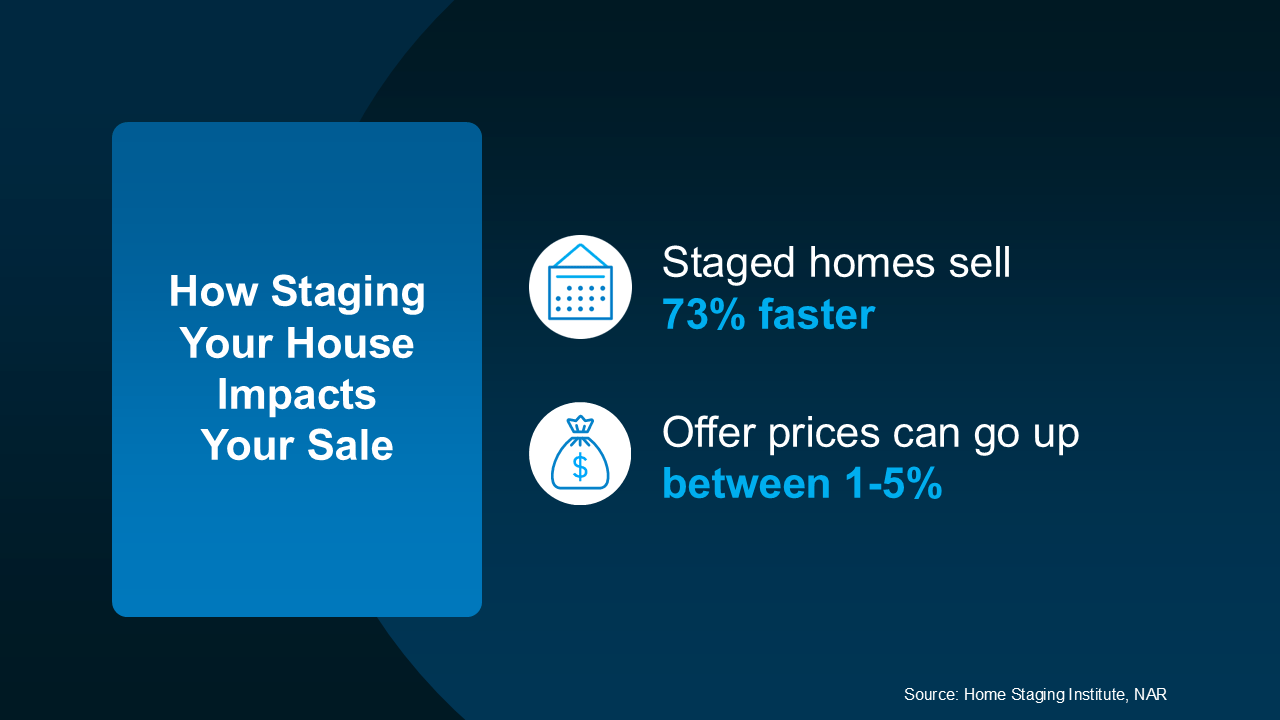 What Are My Staging Options?
What Are My Staging Options?
